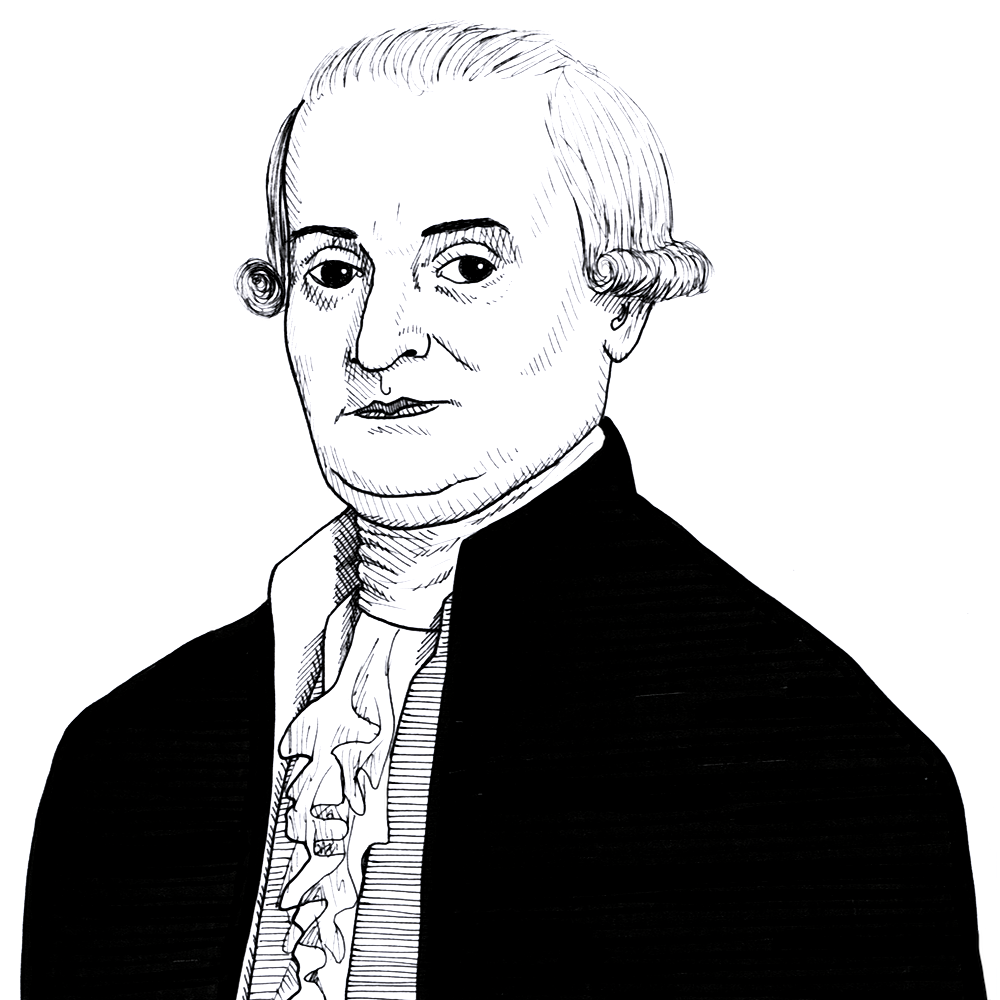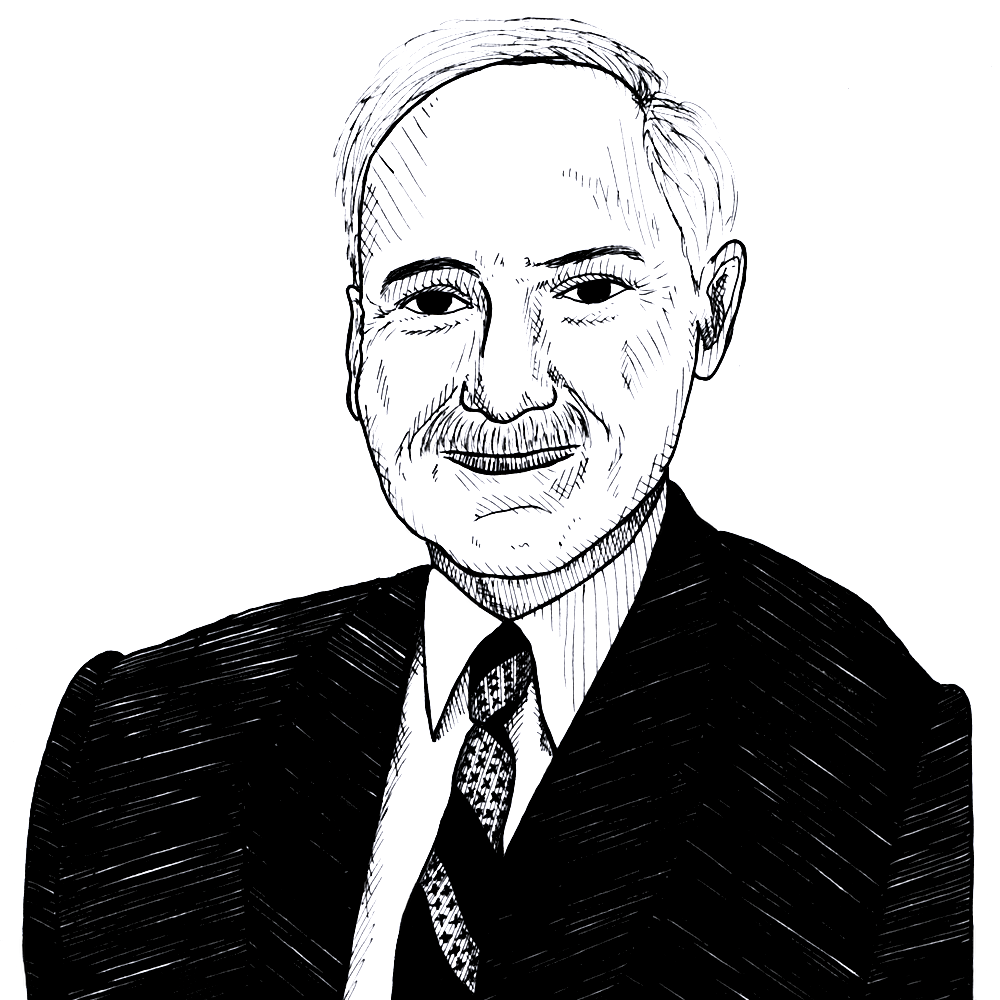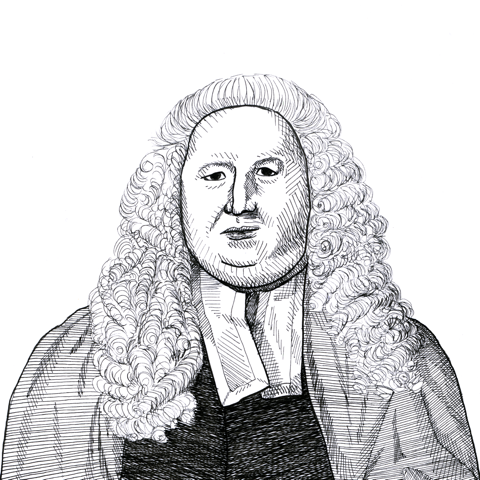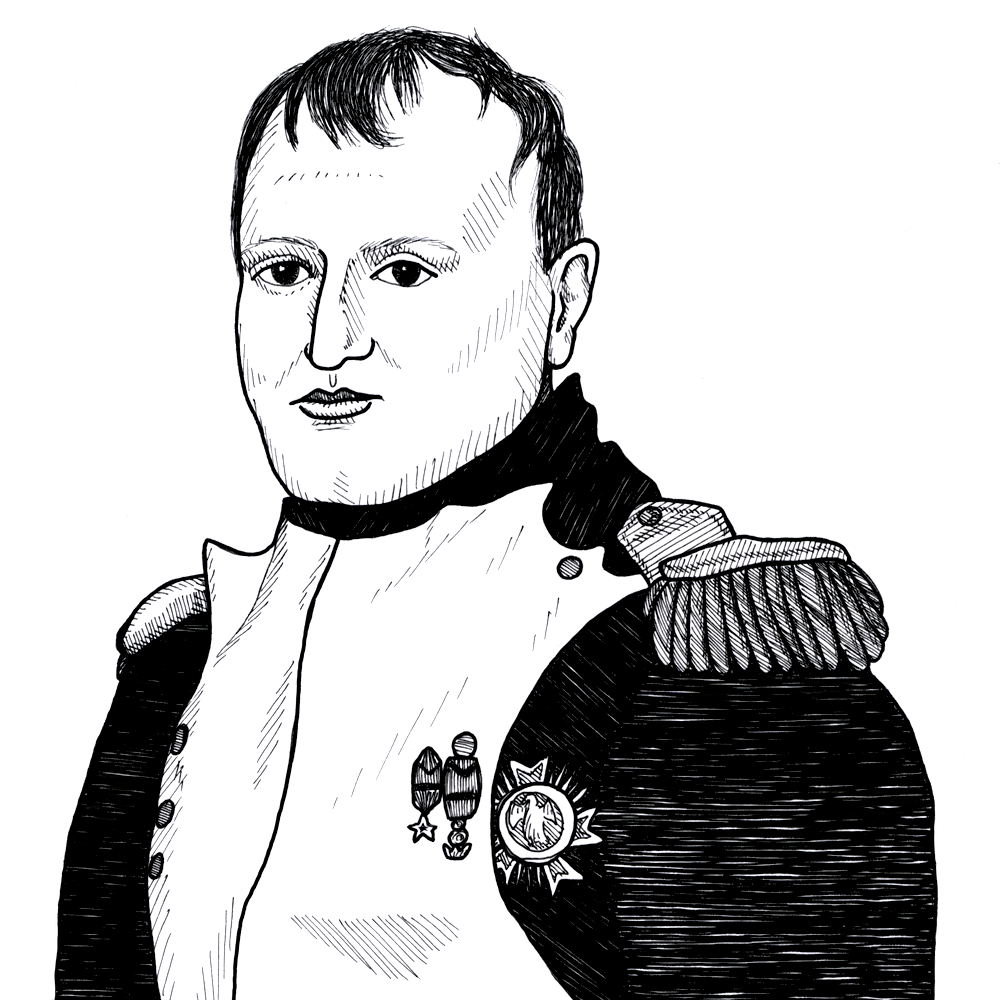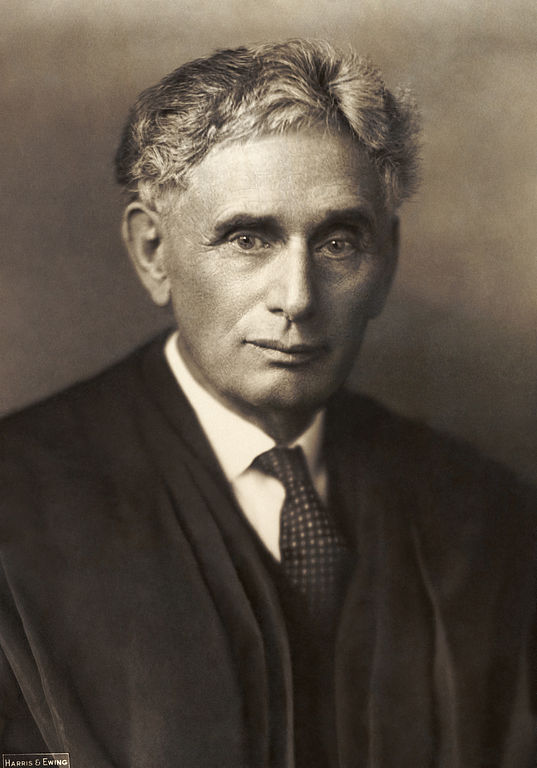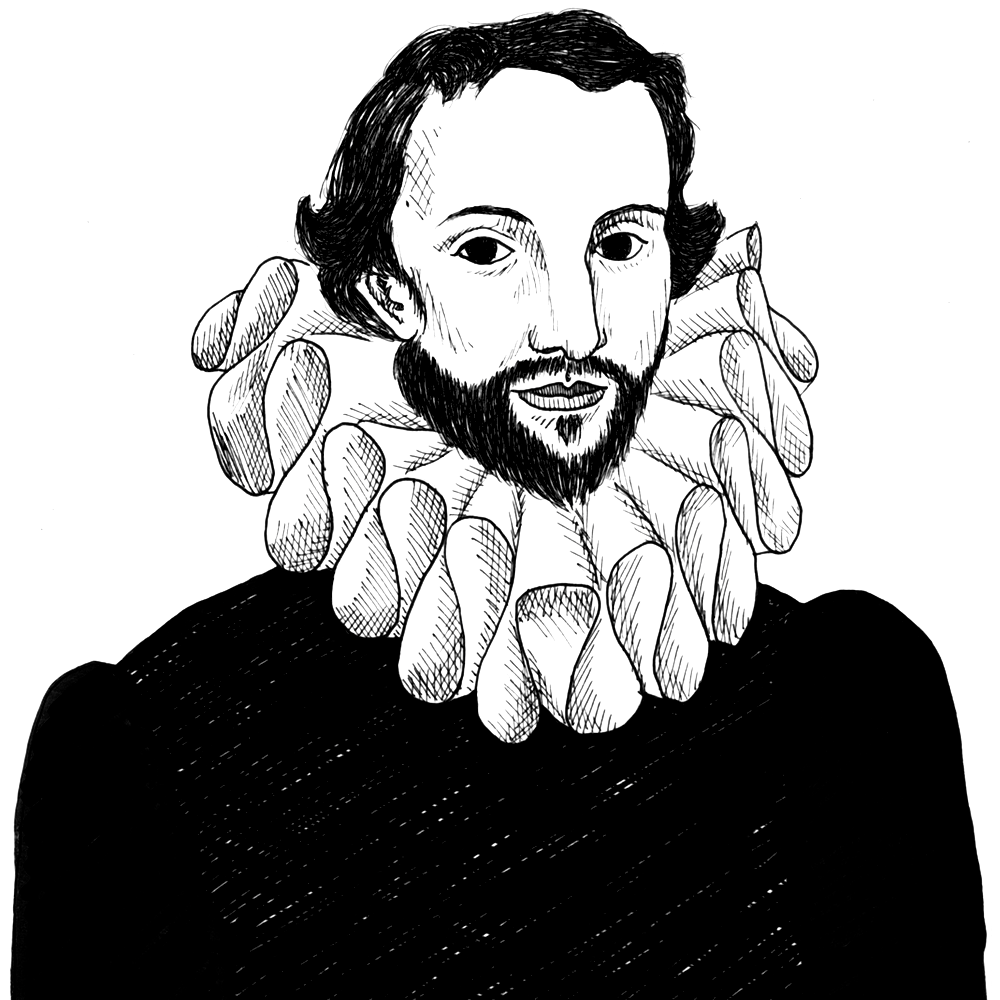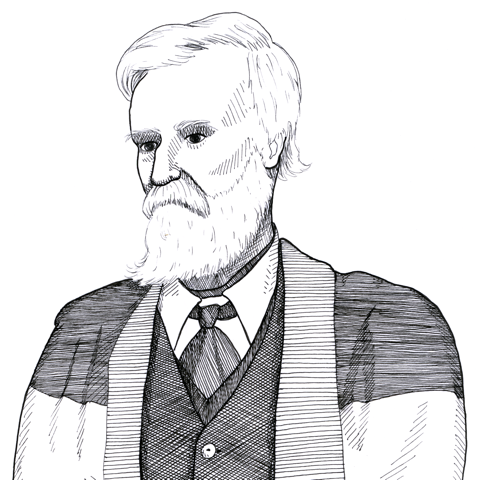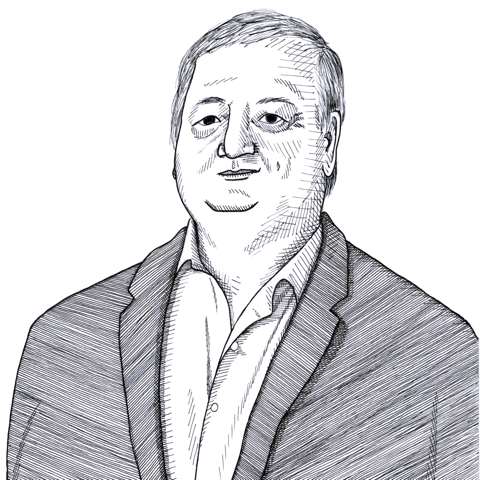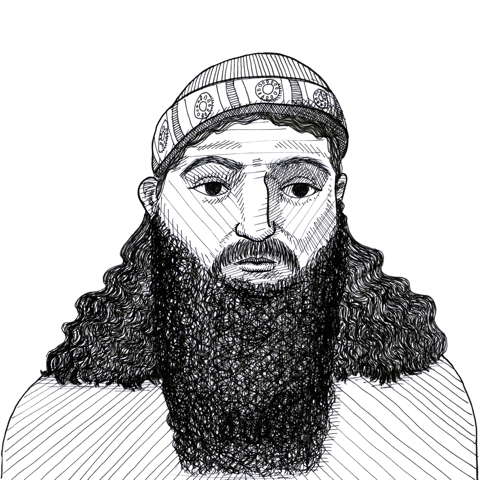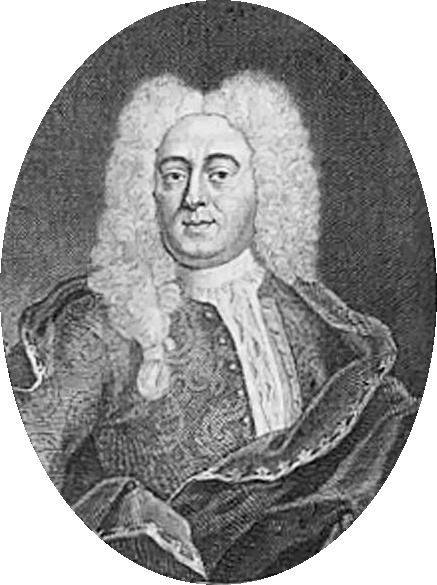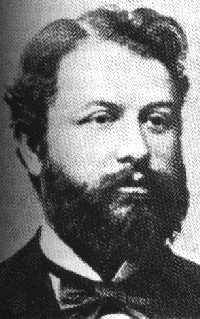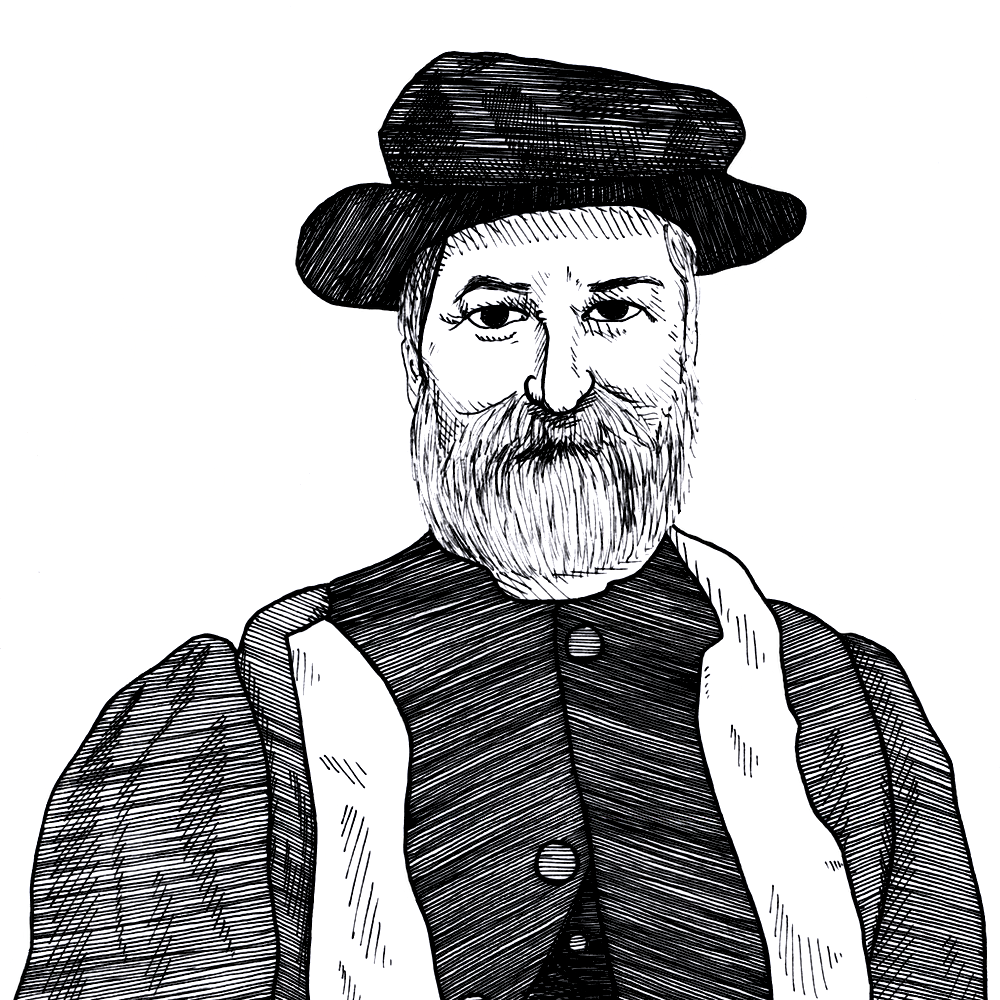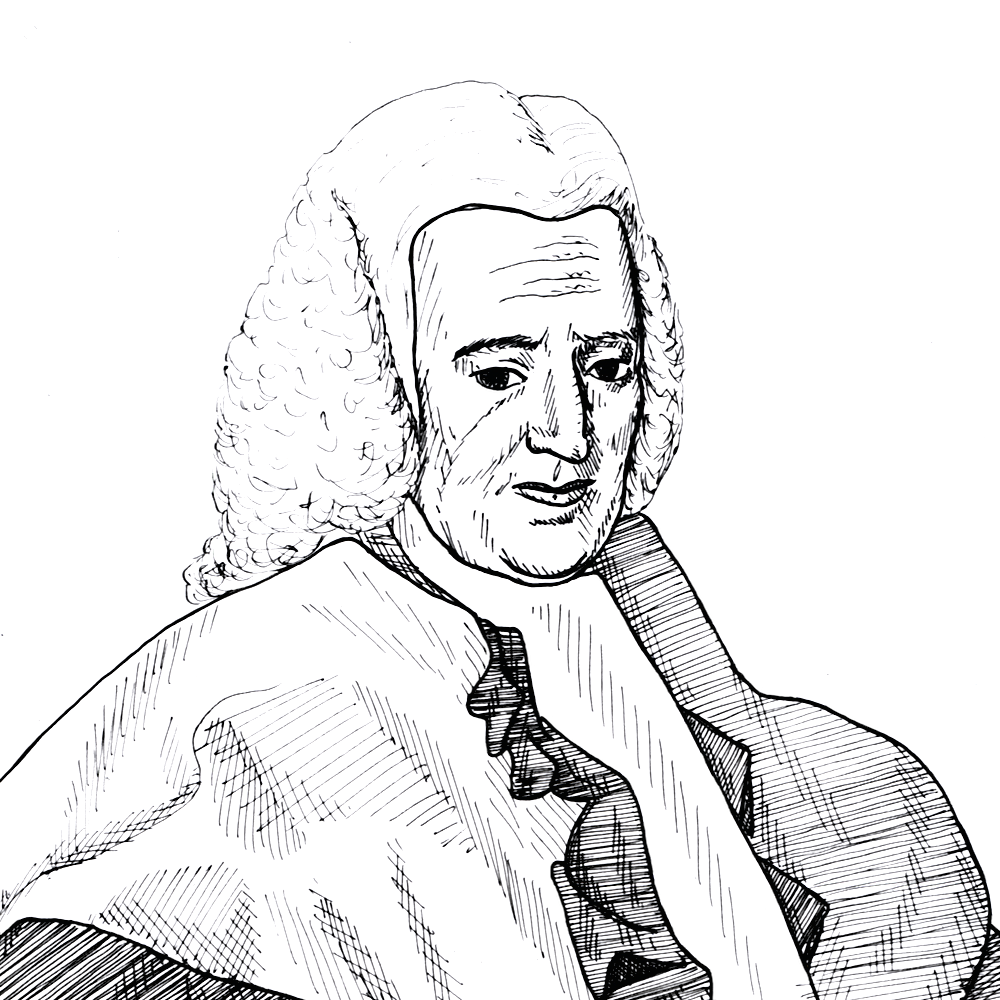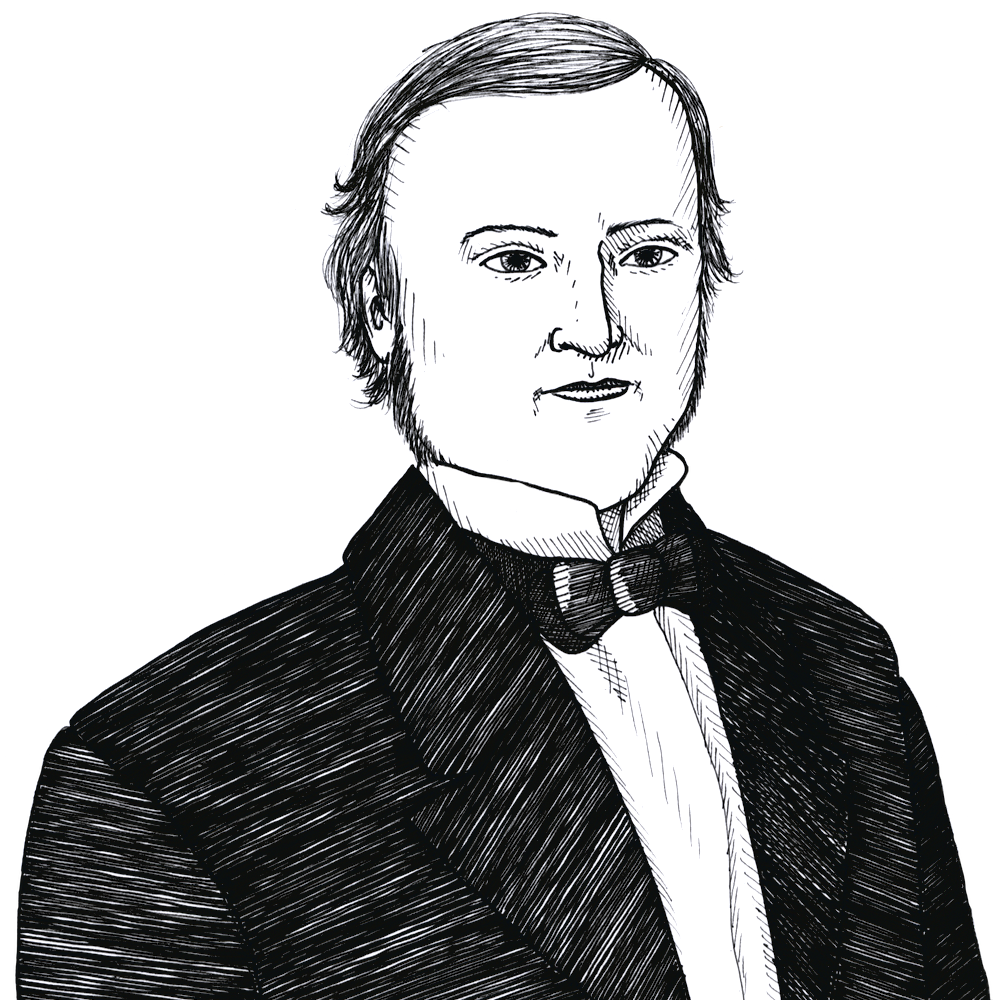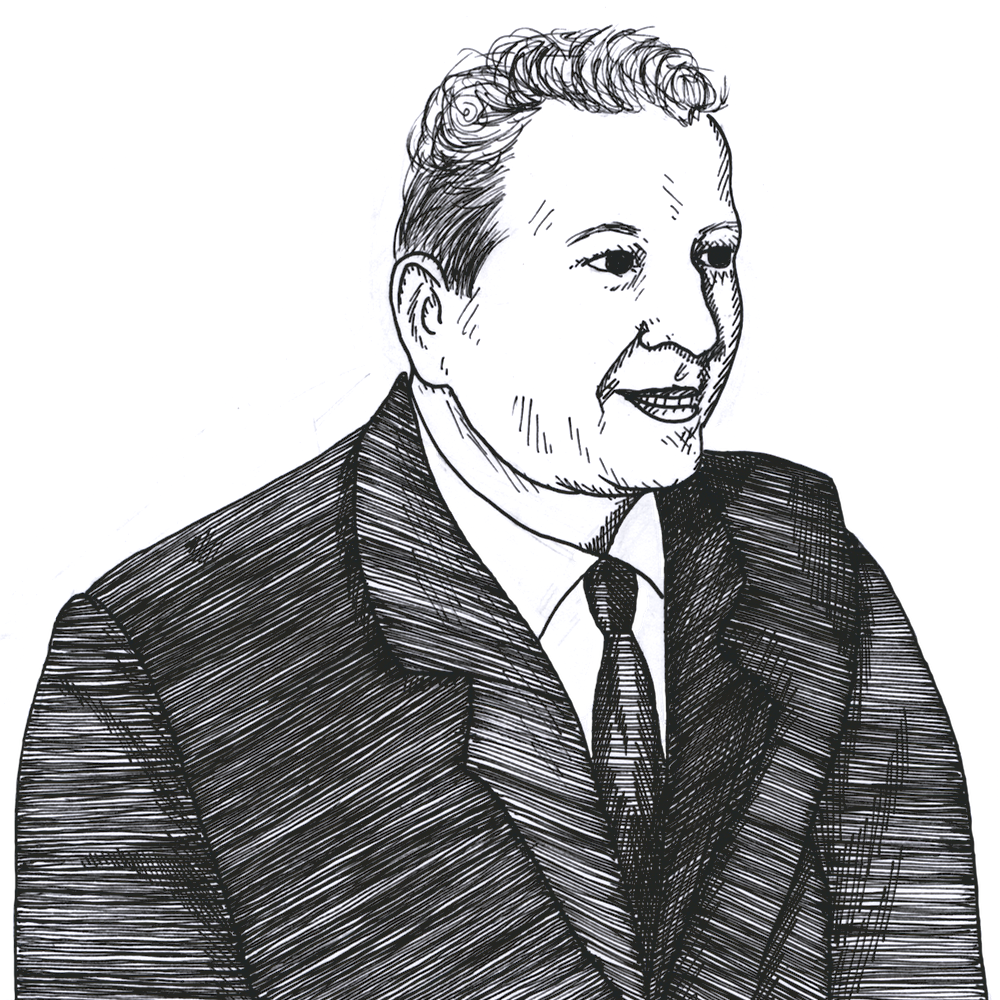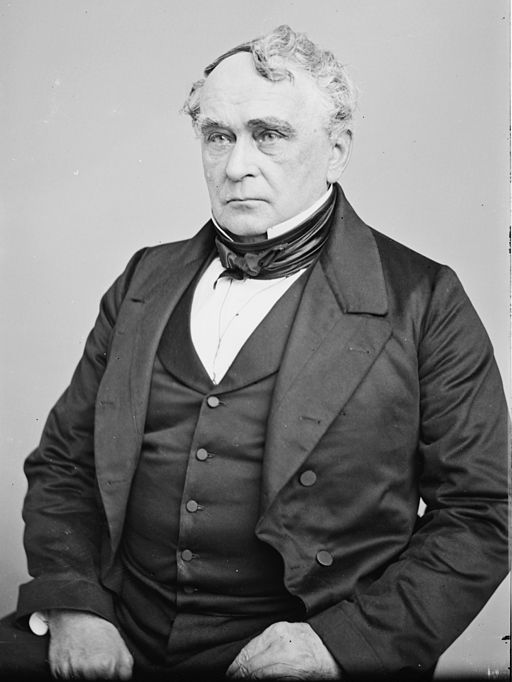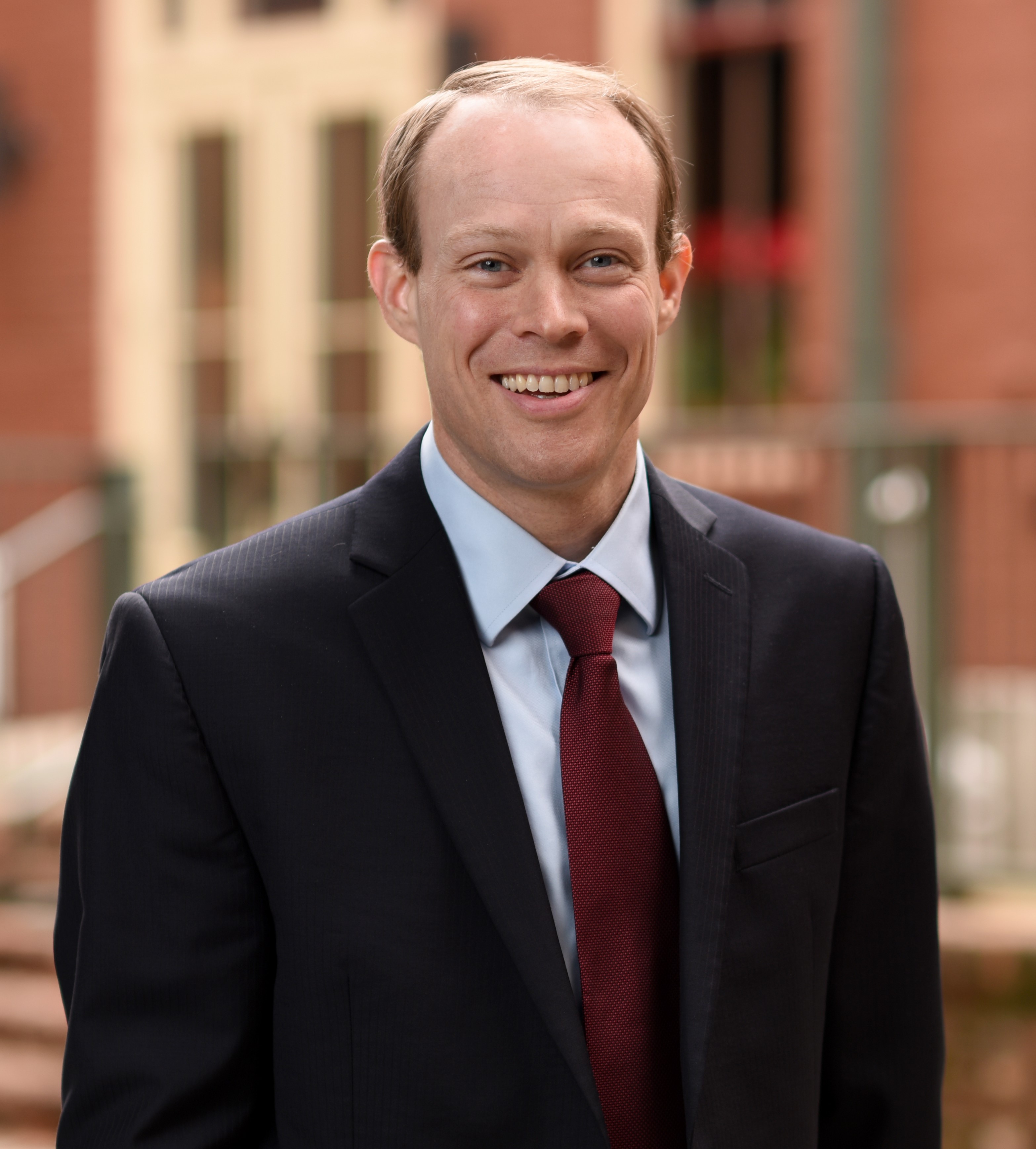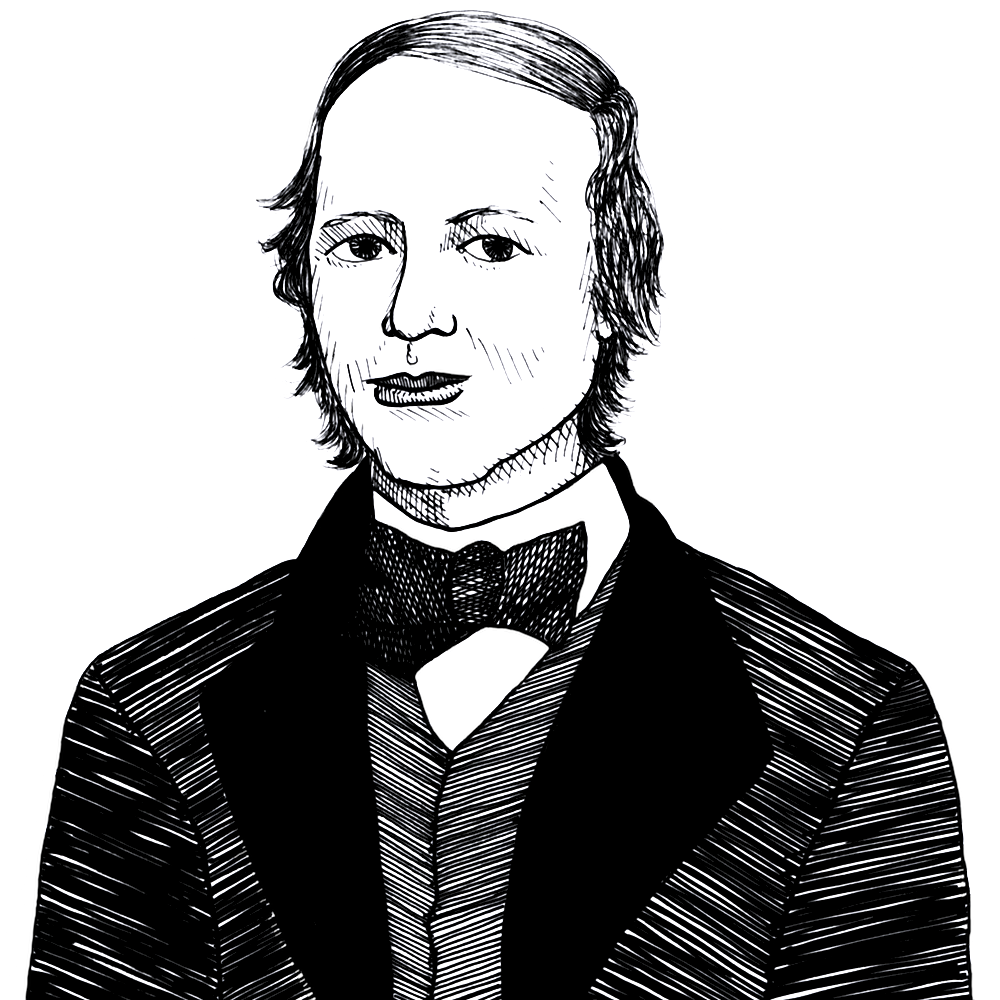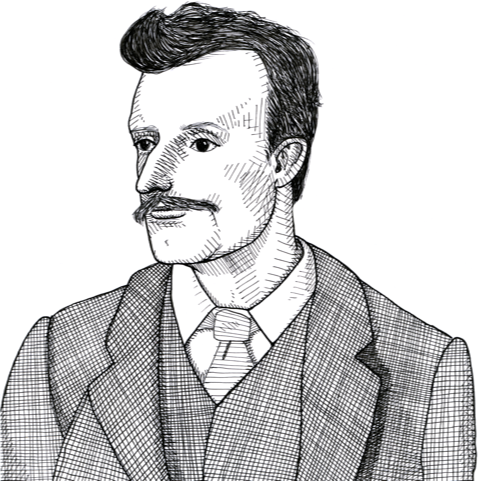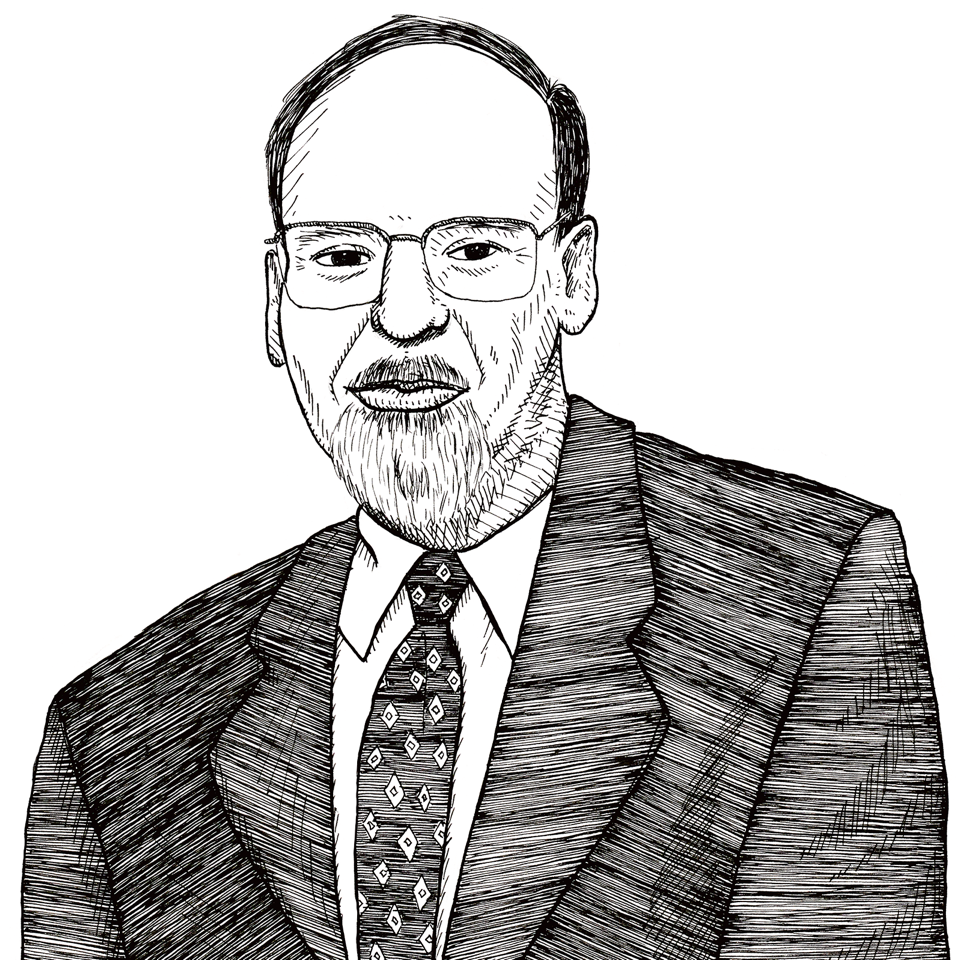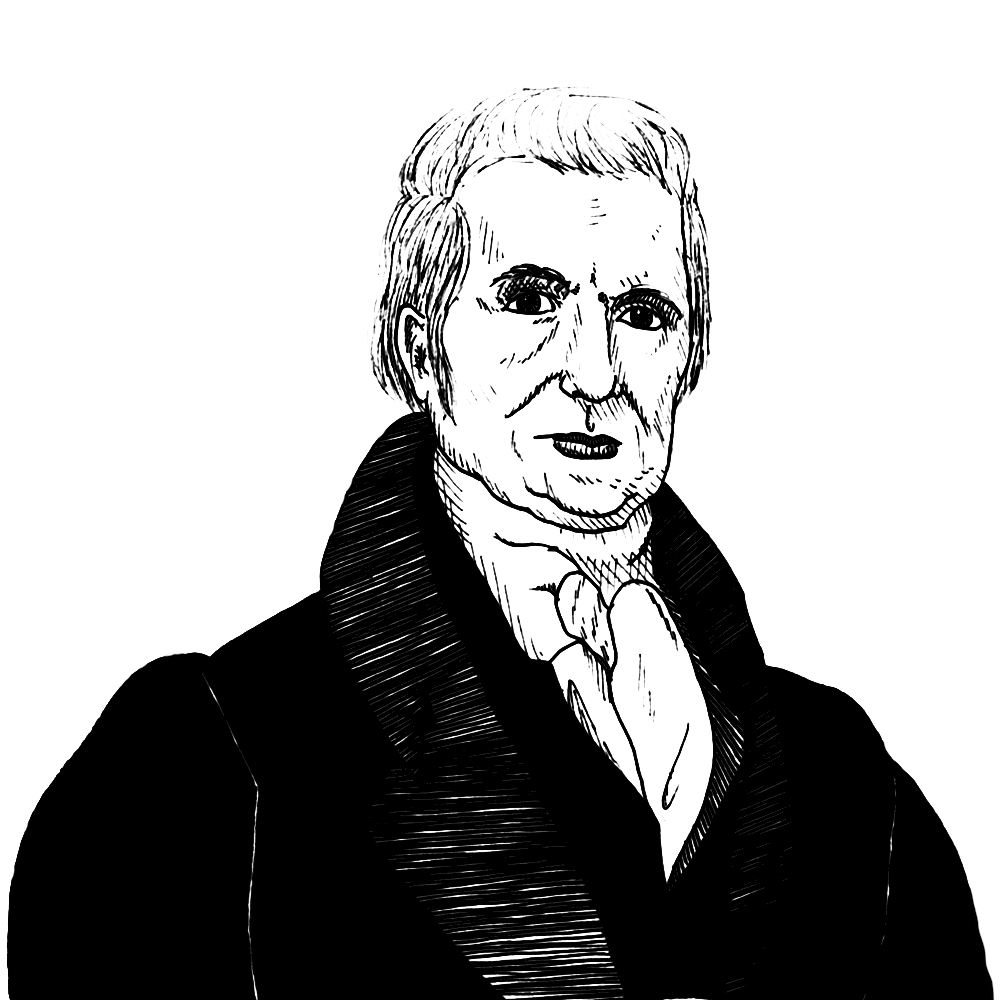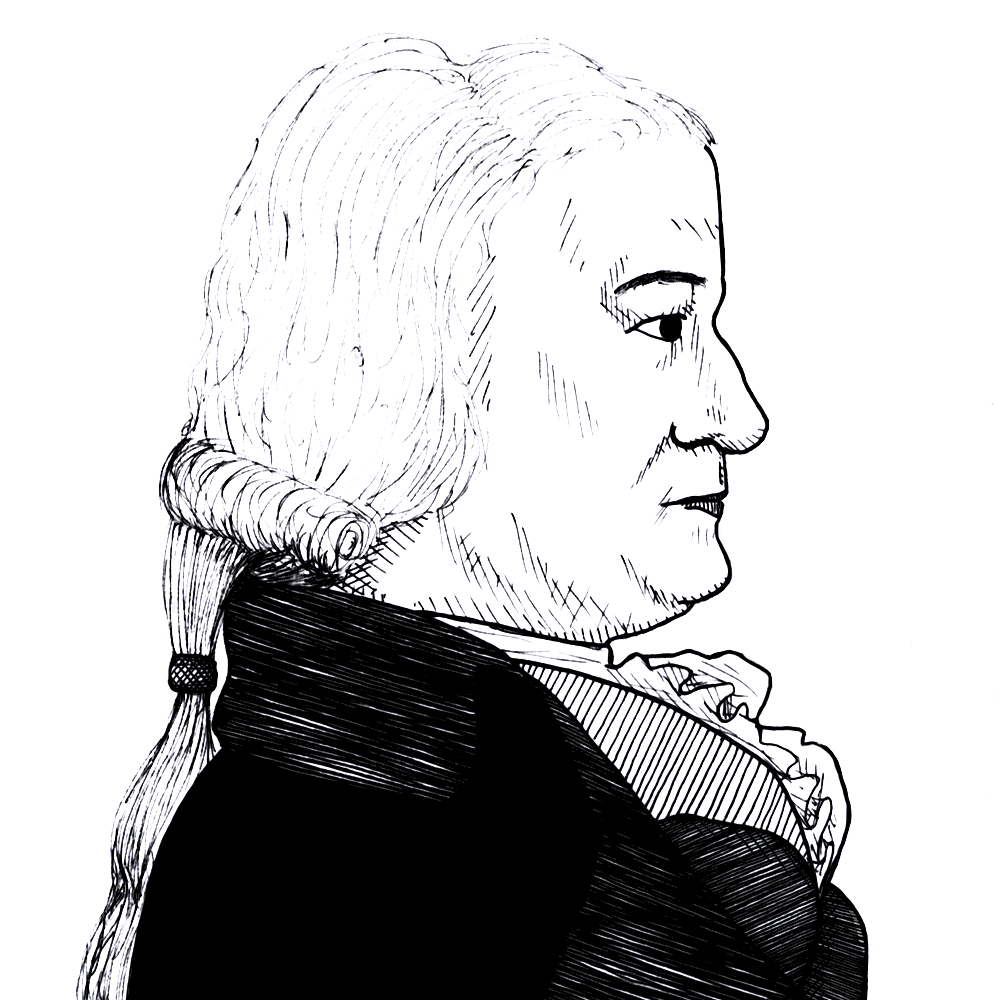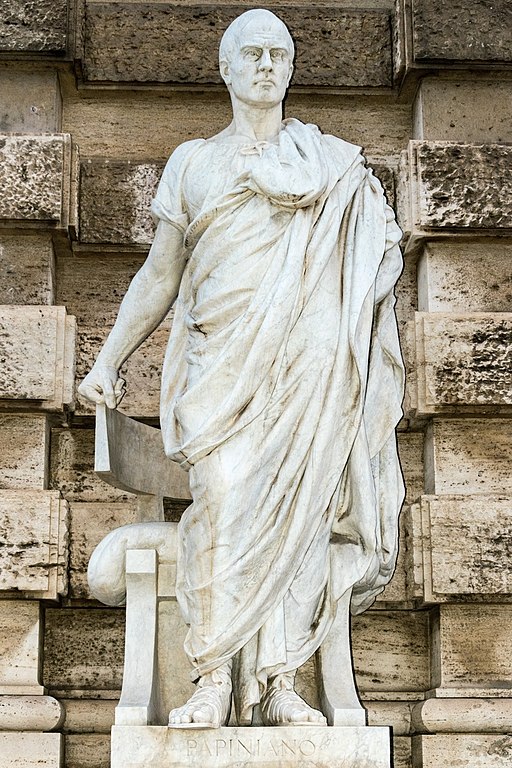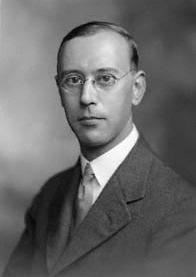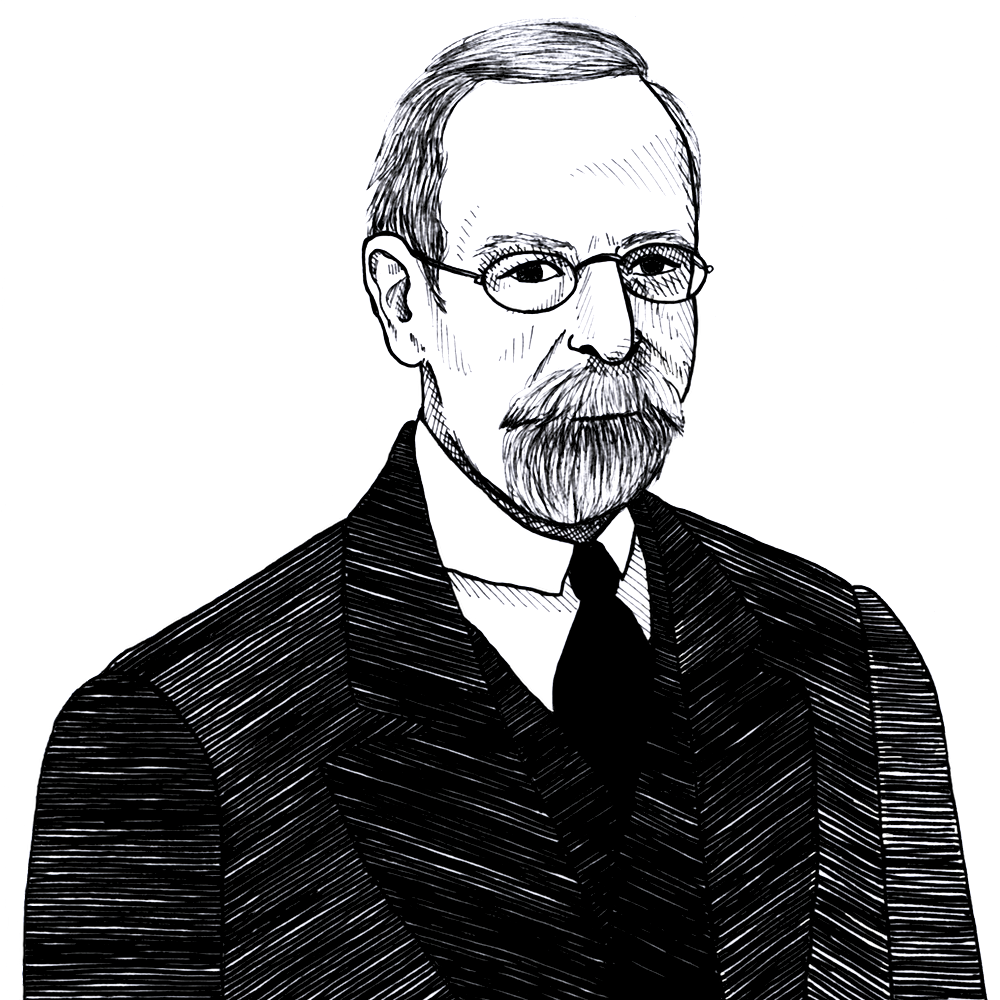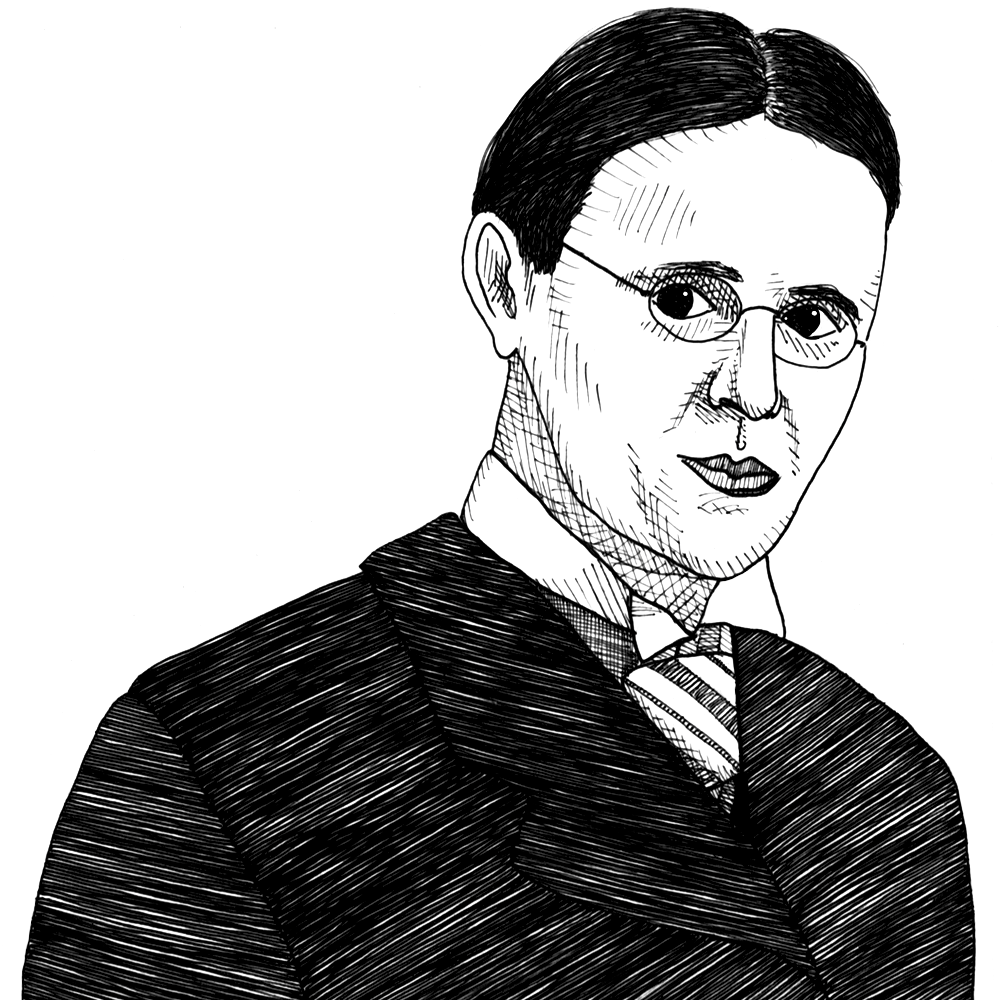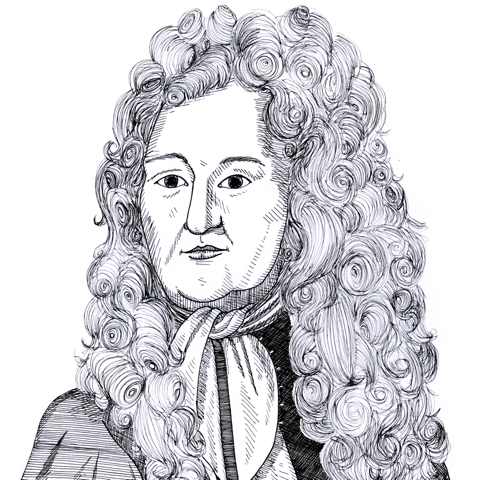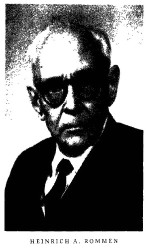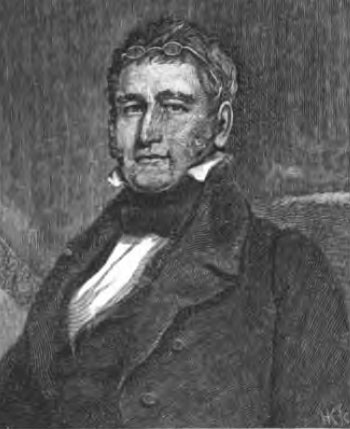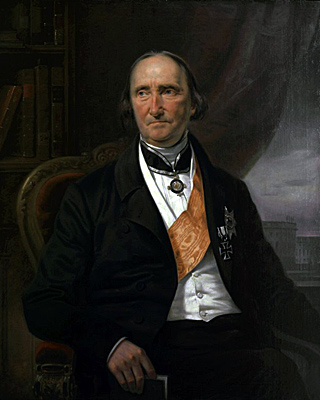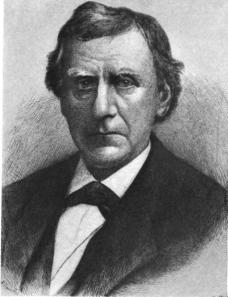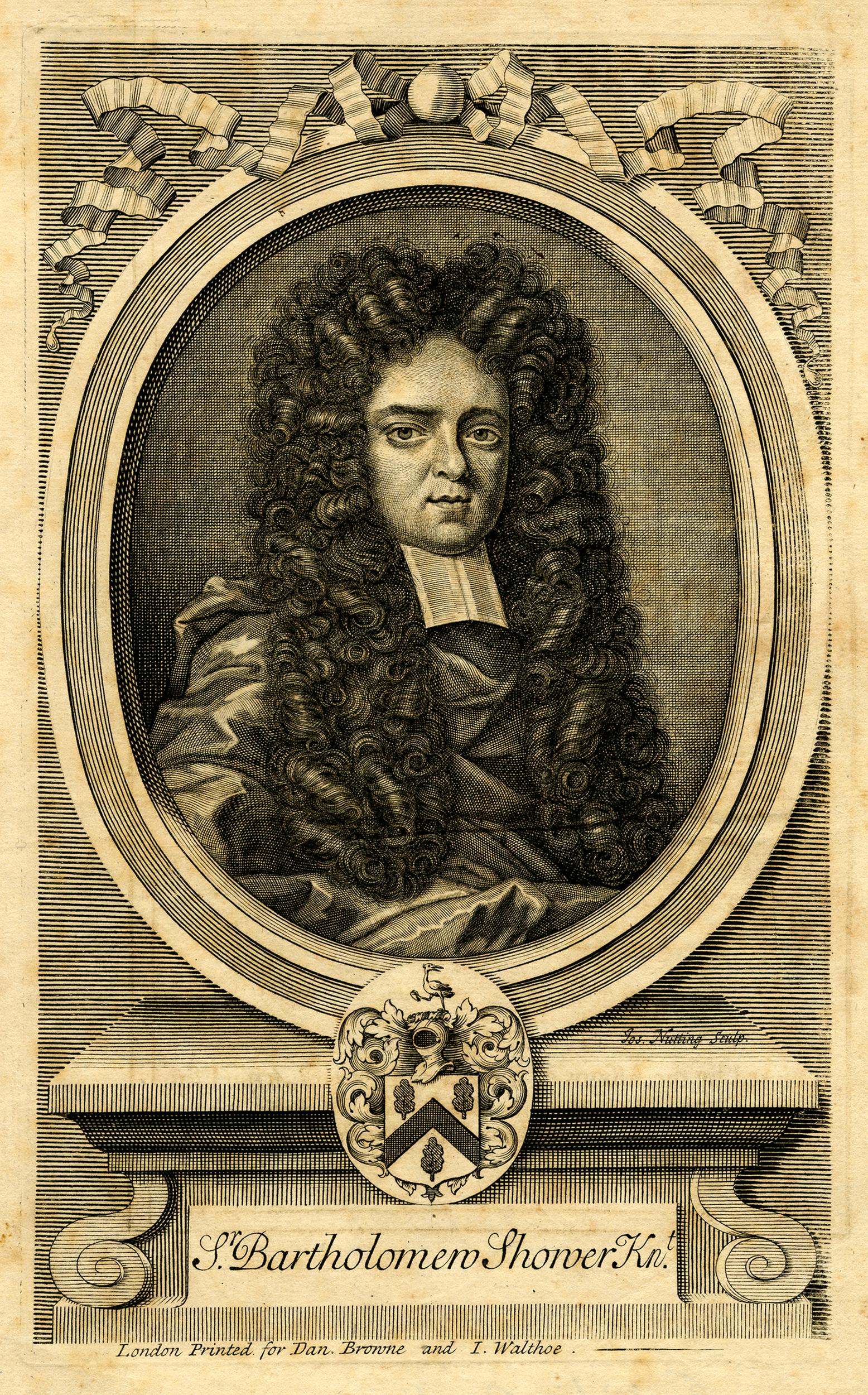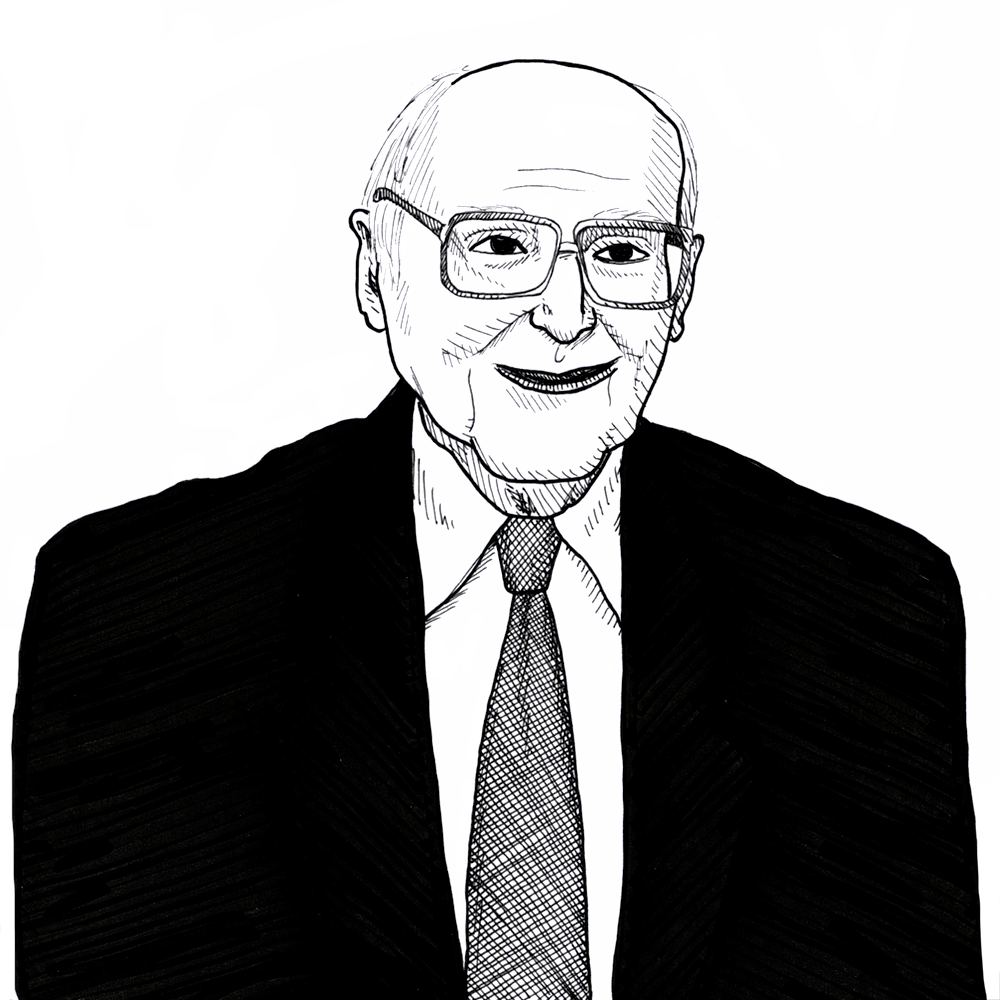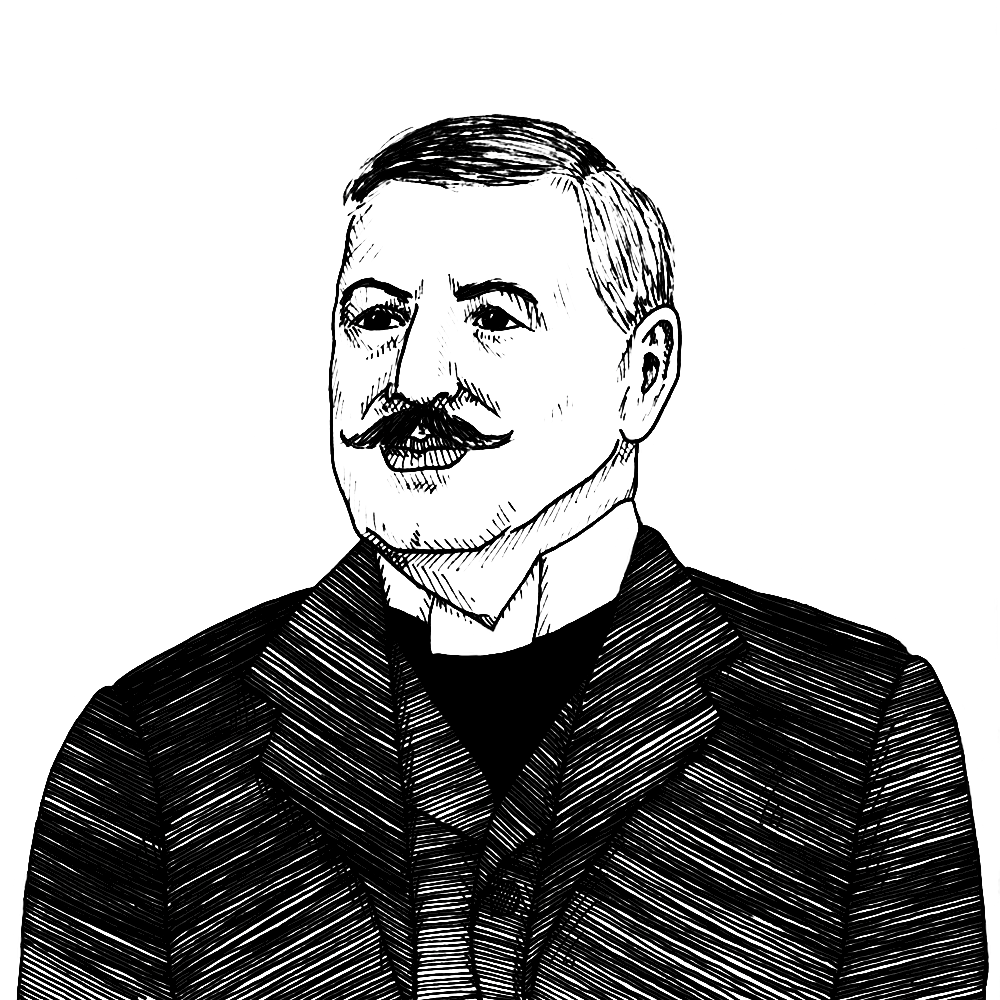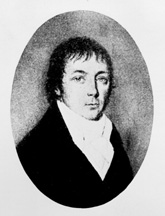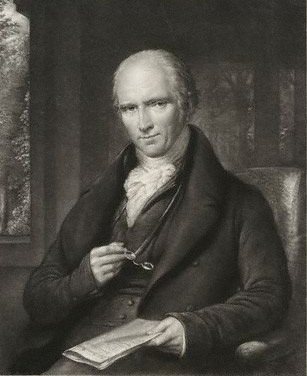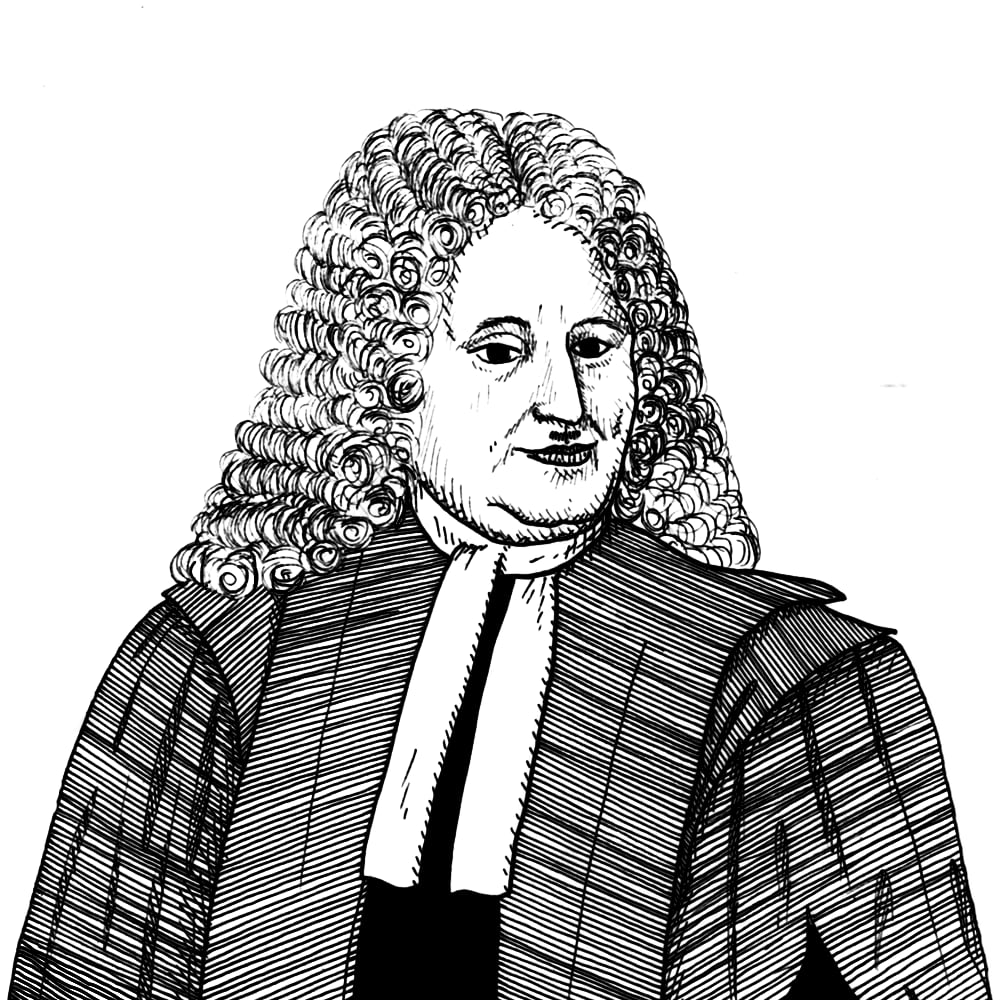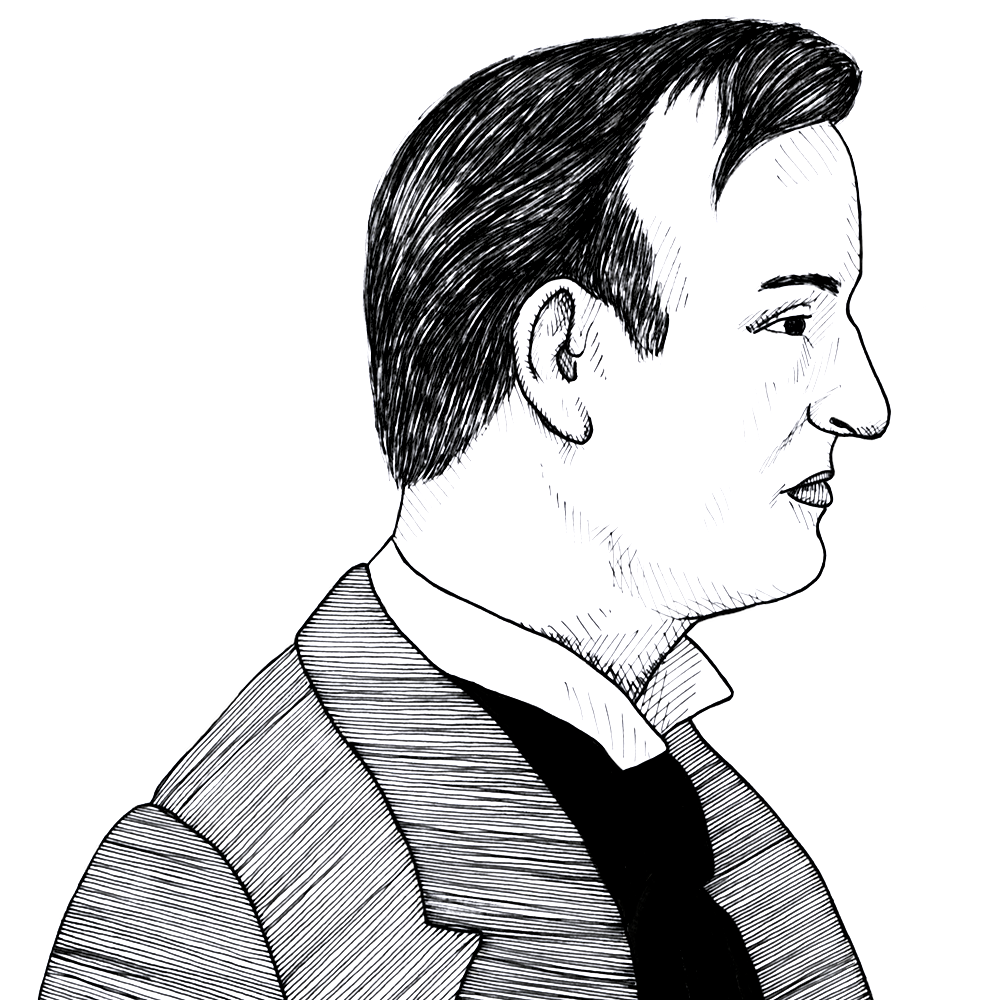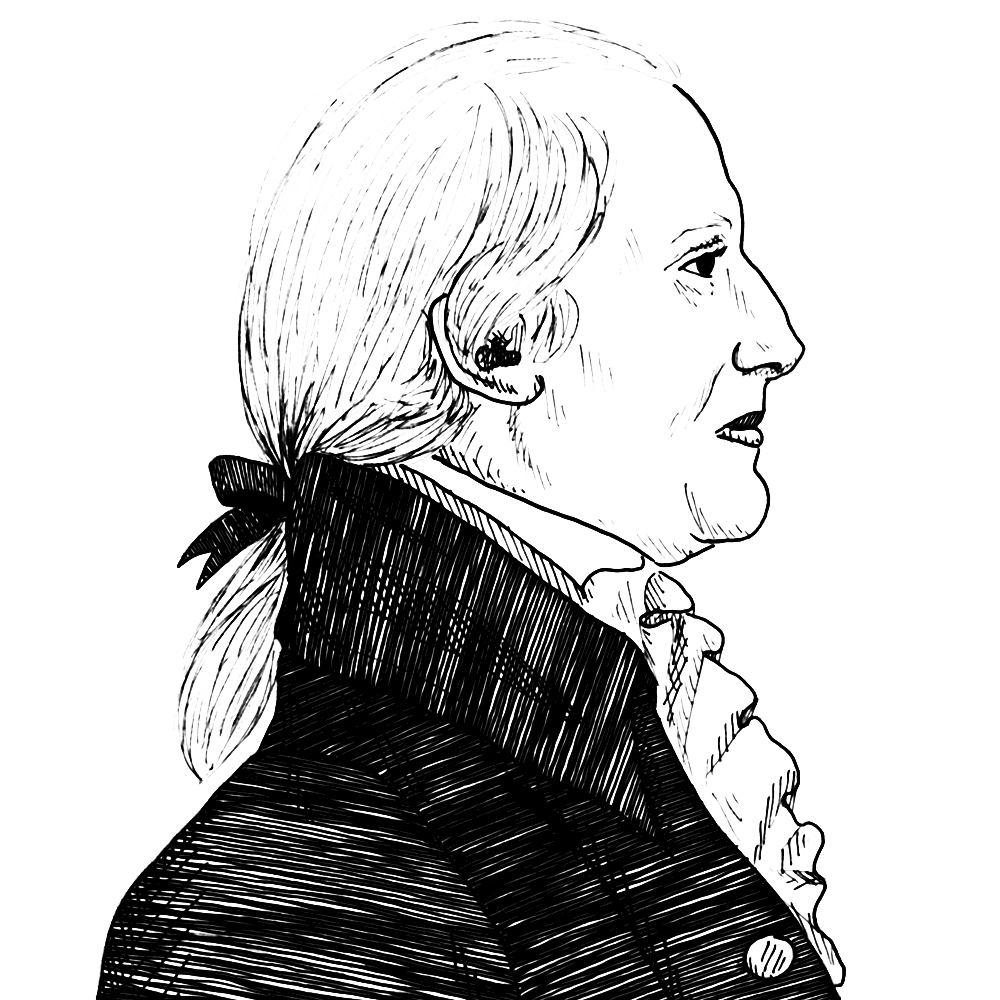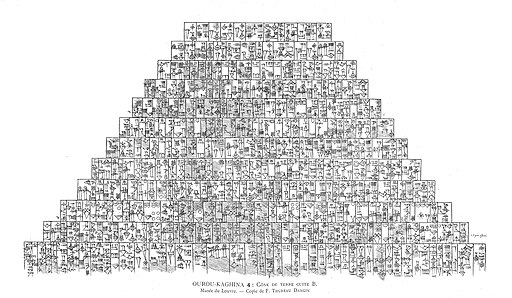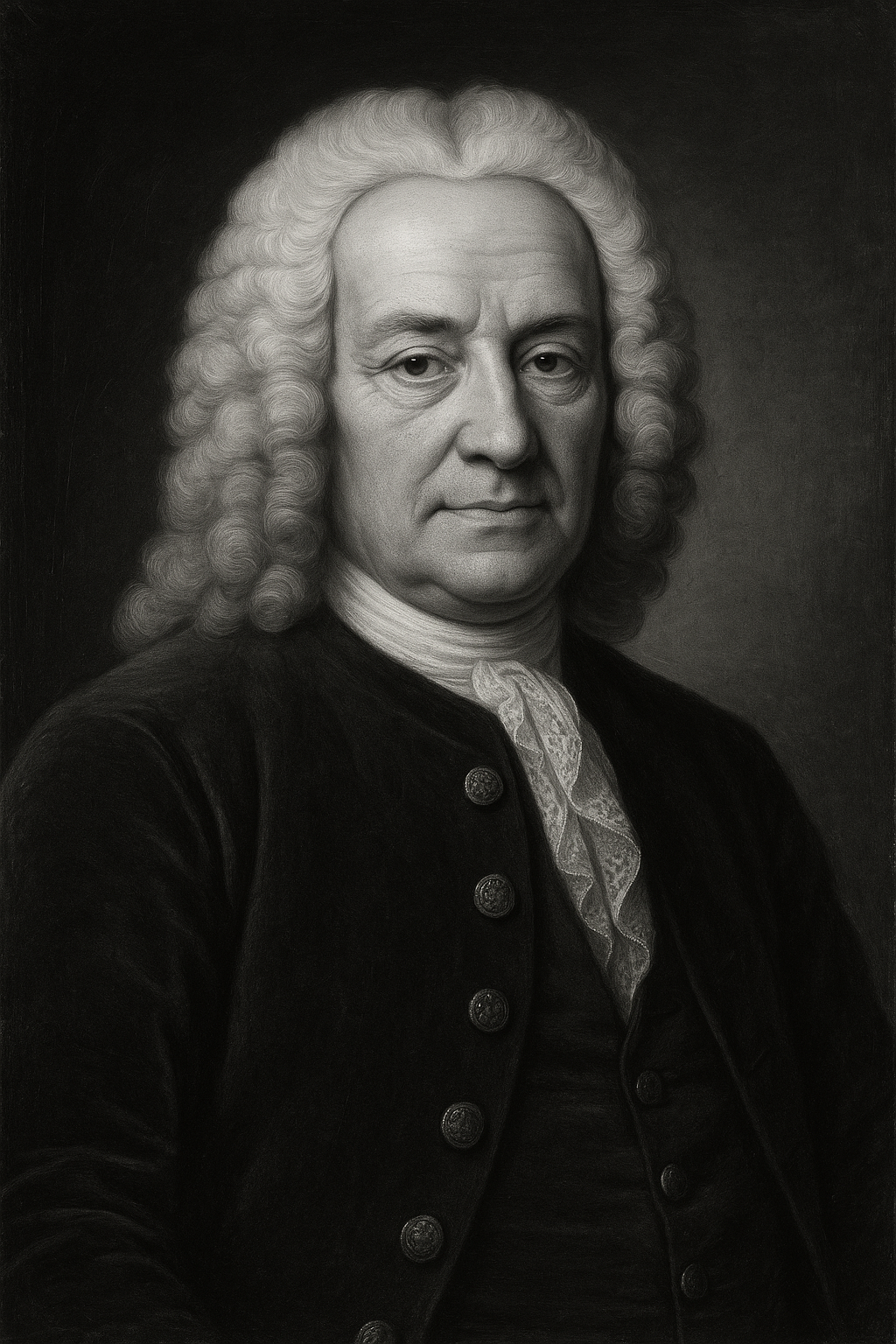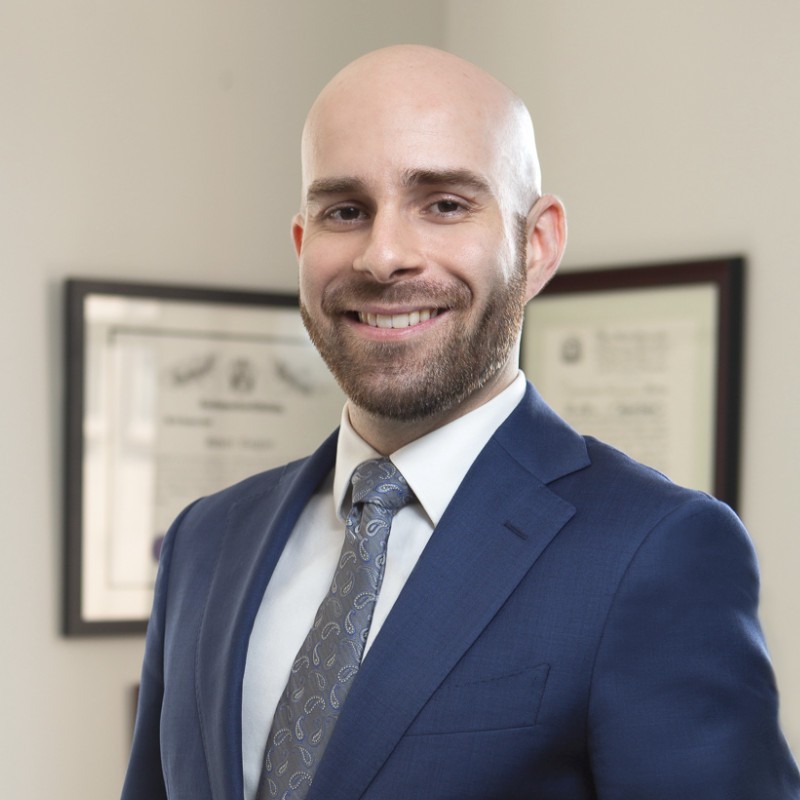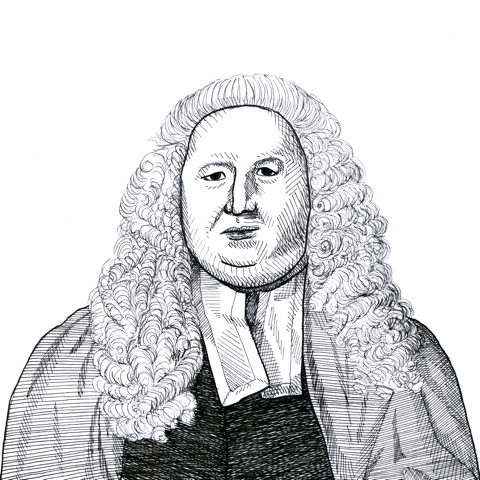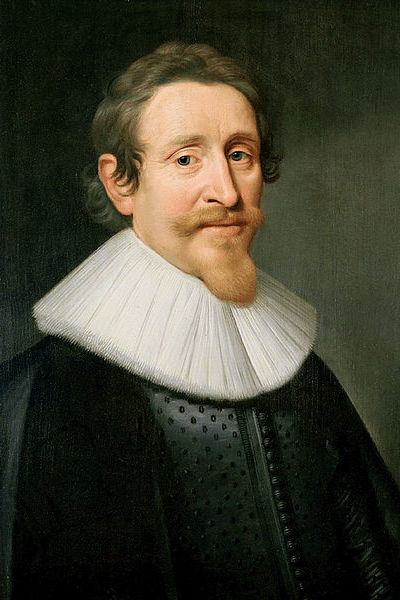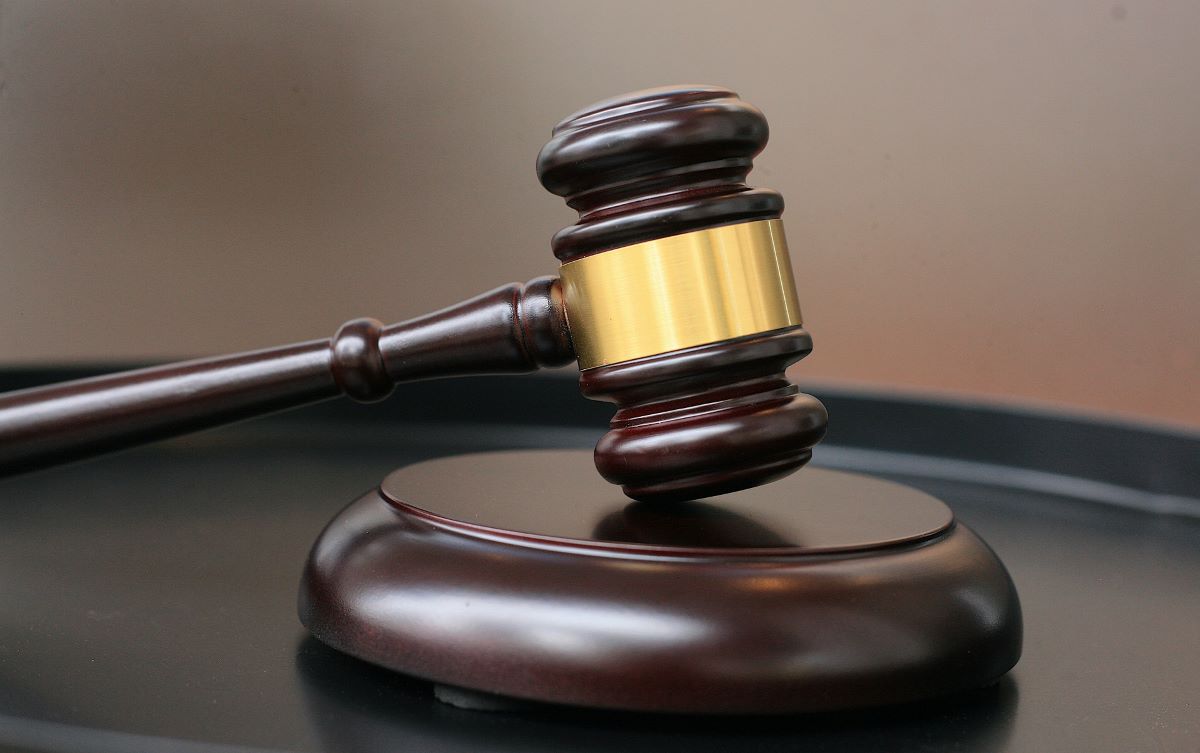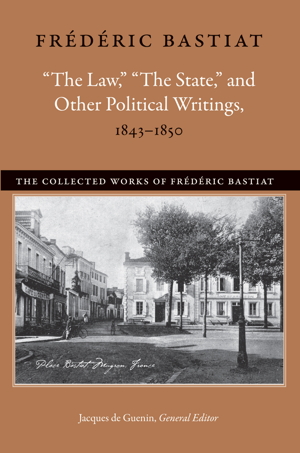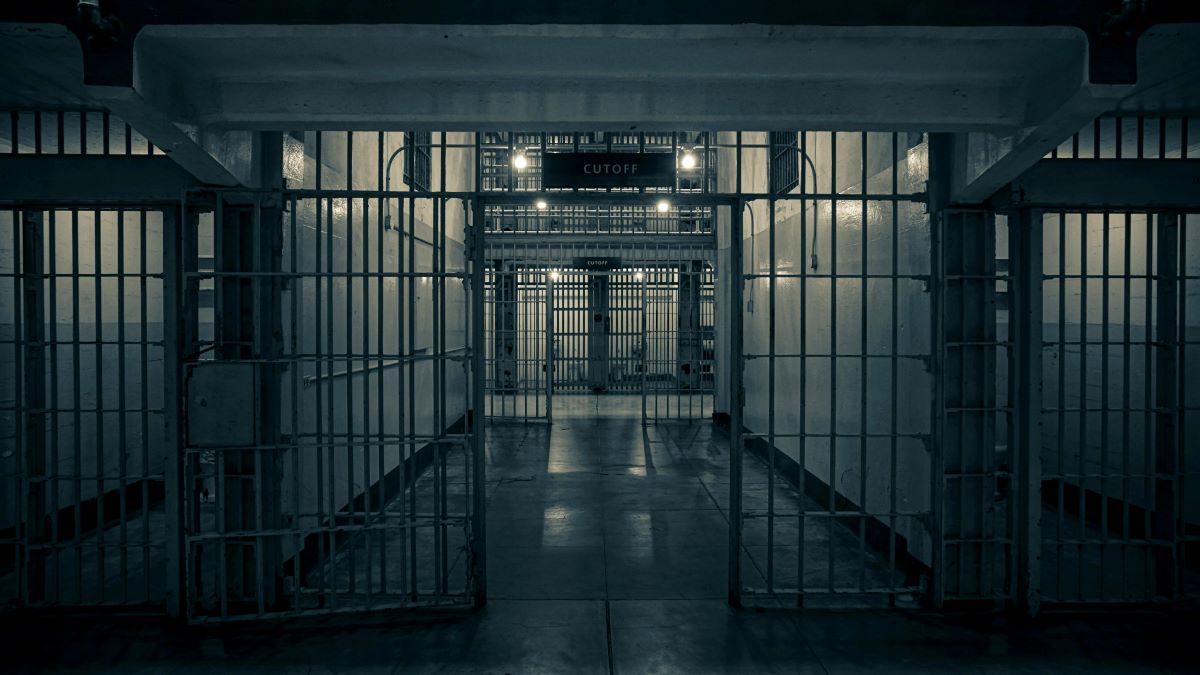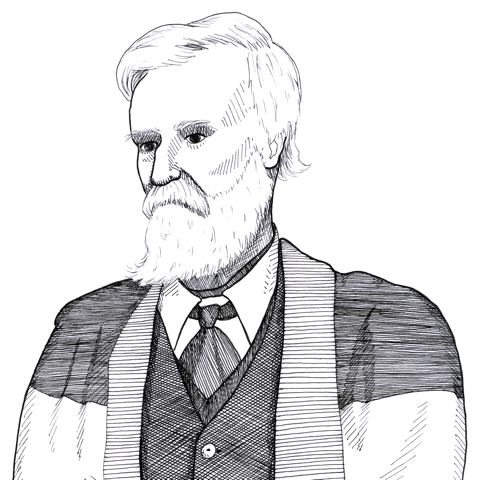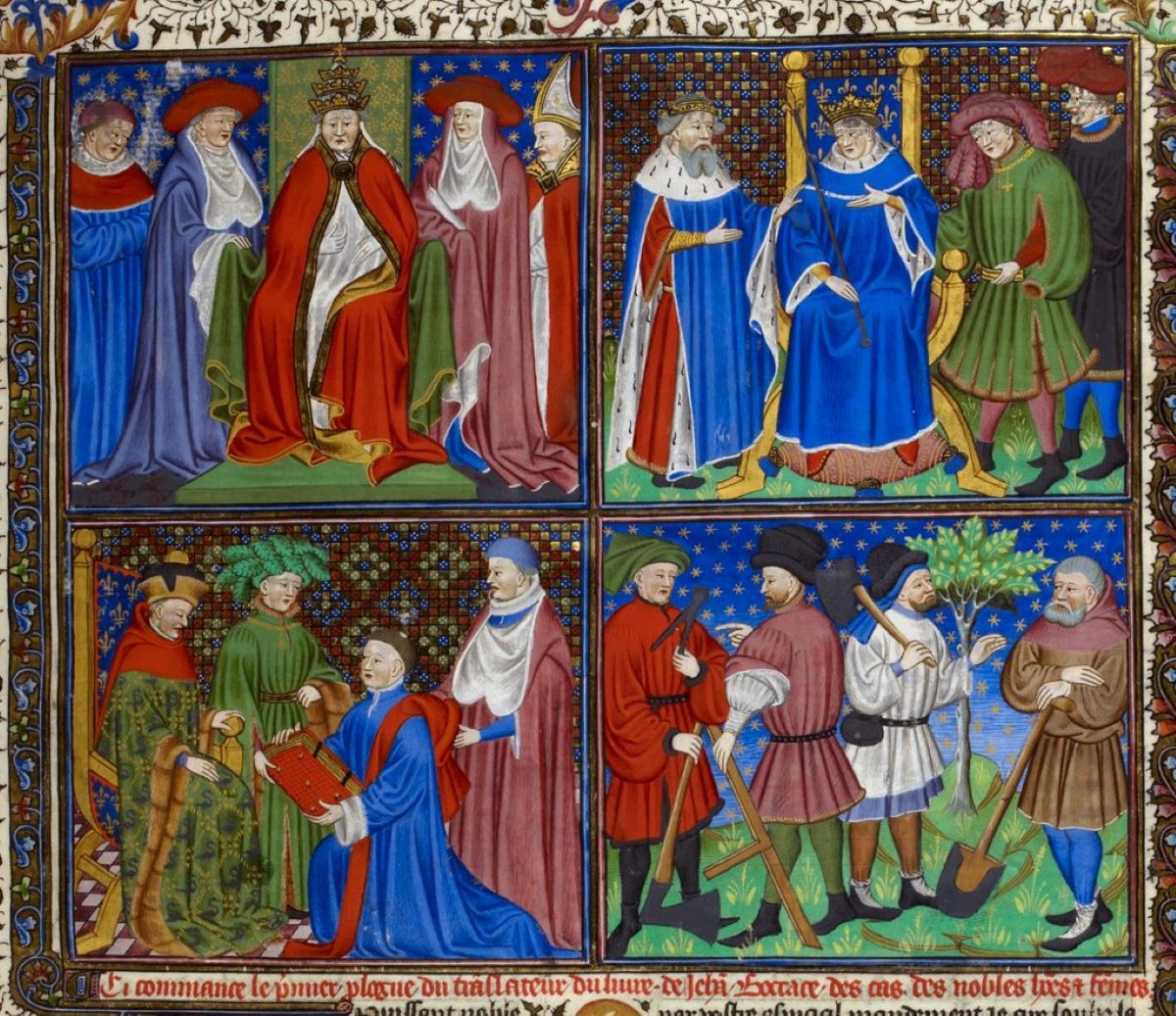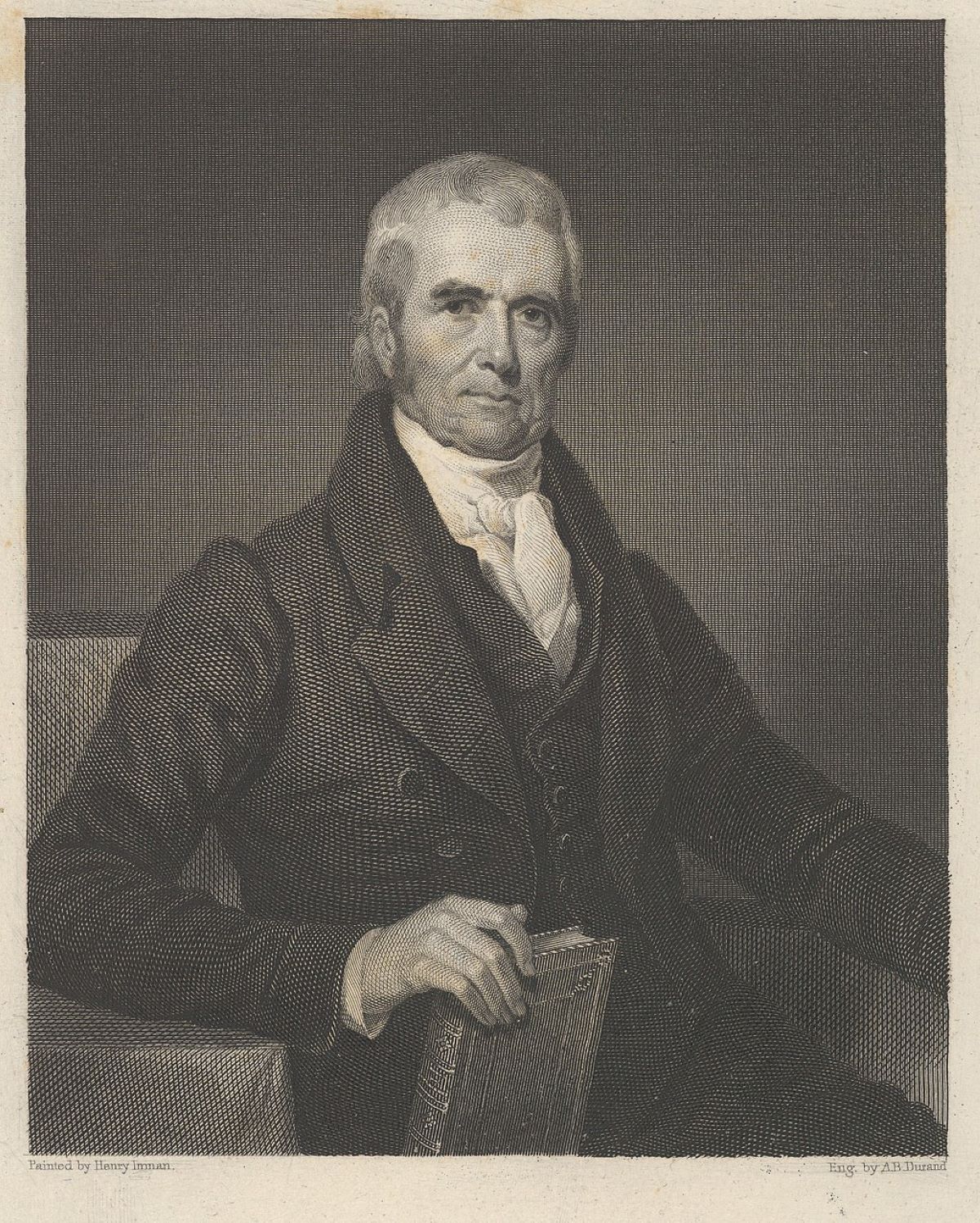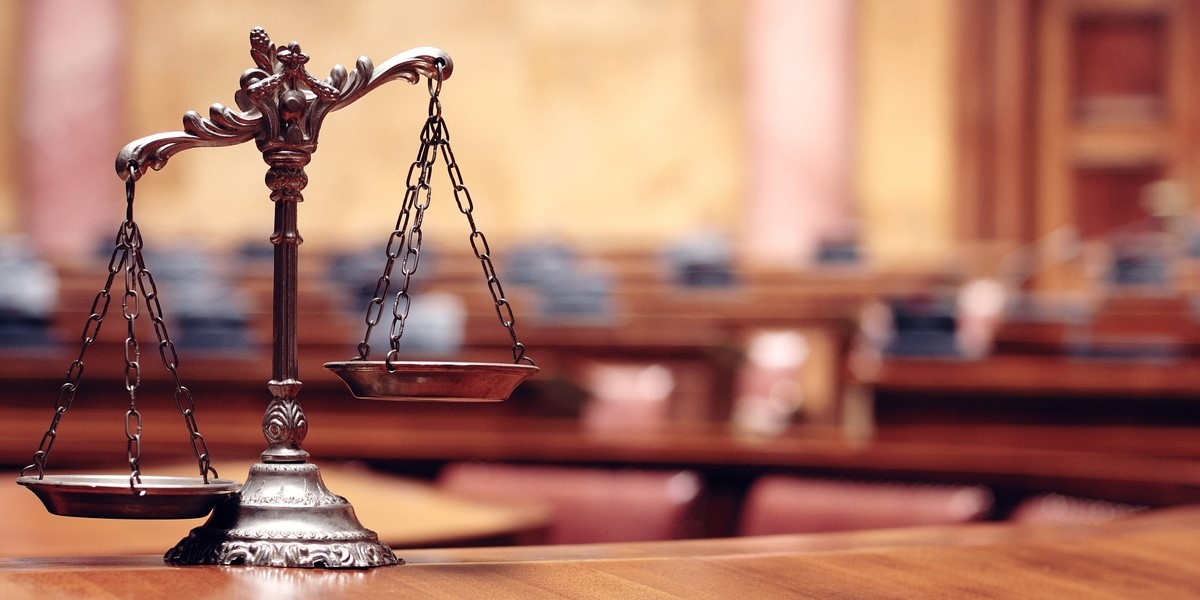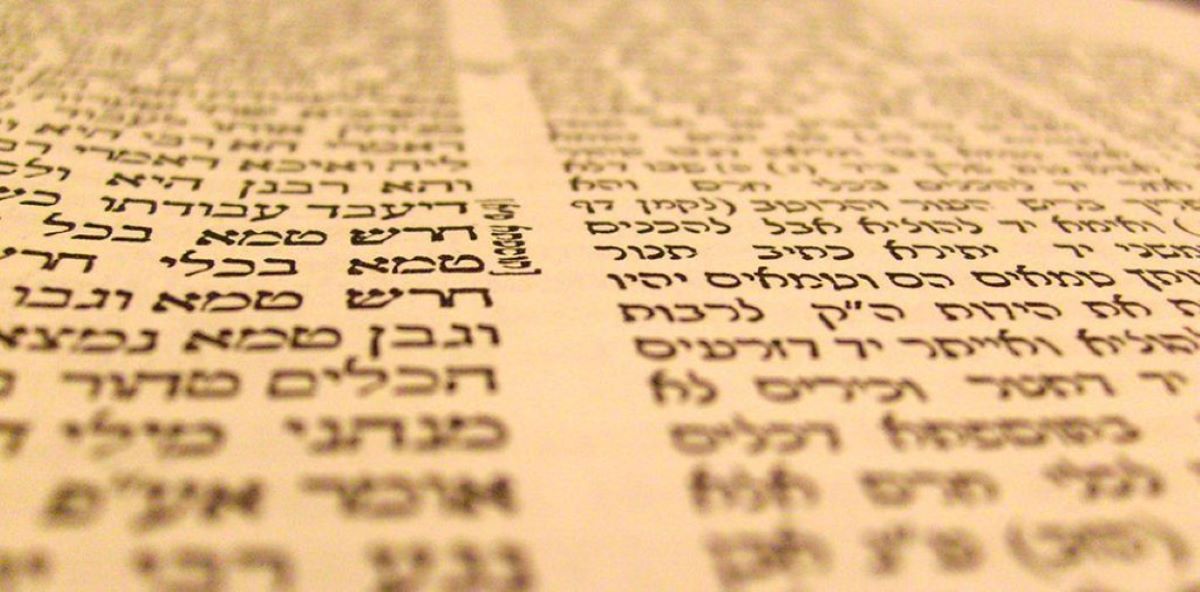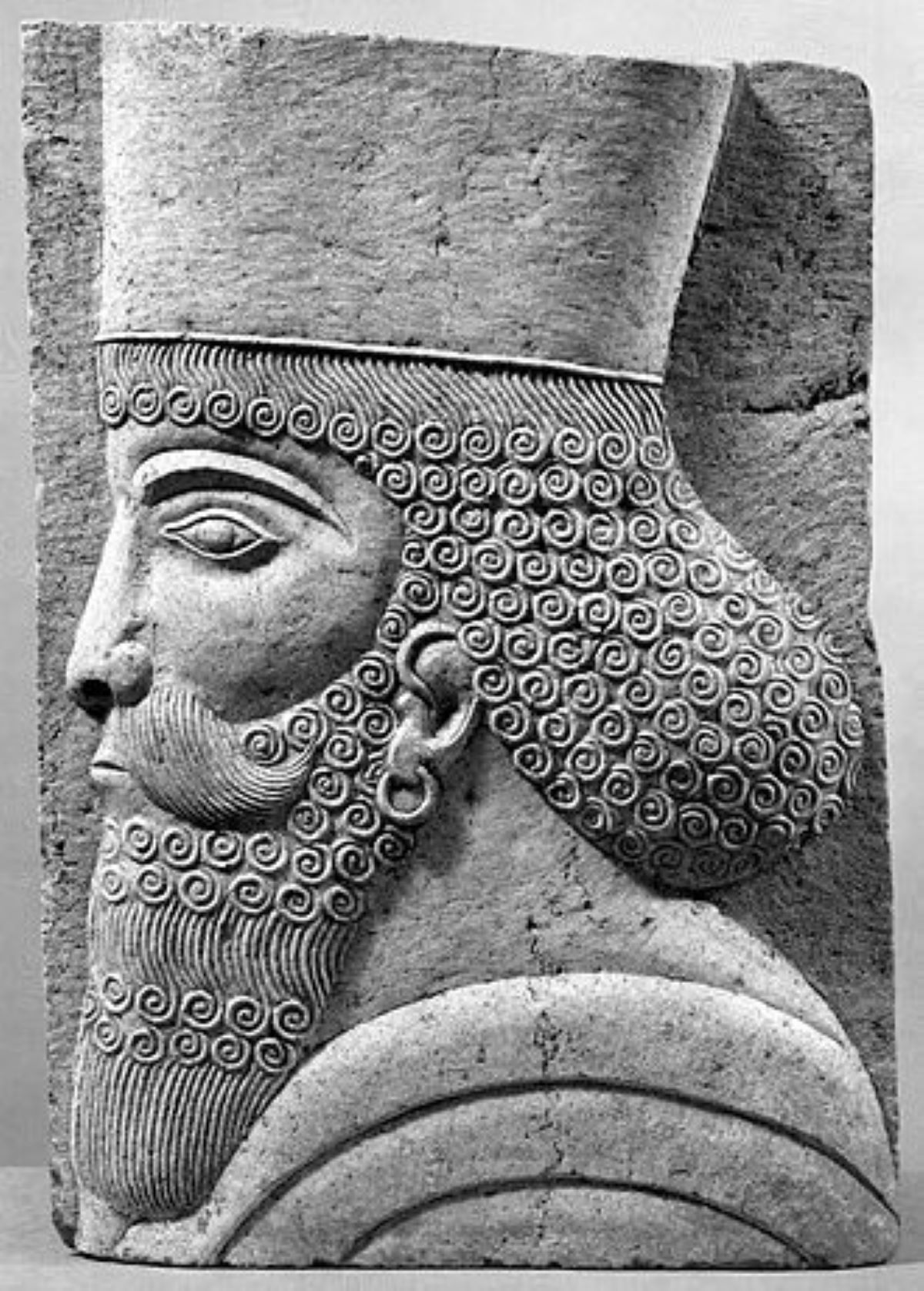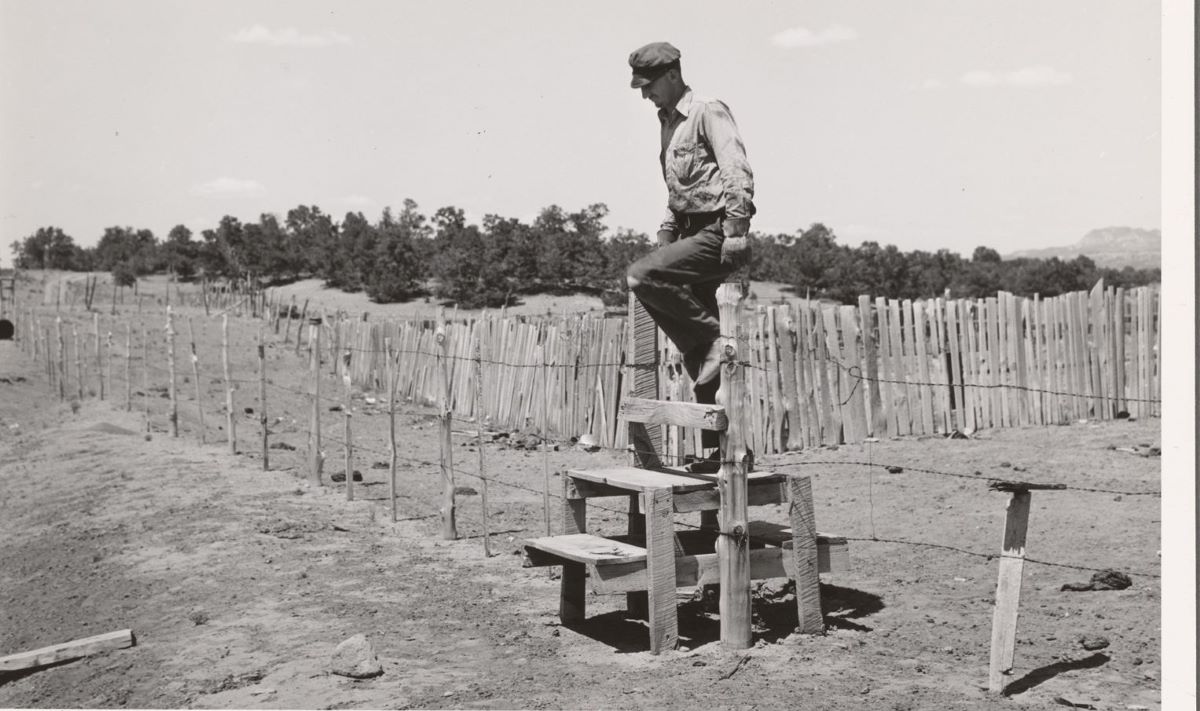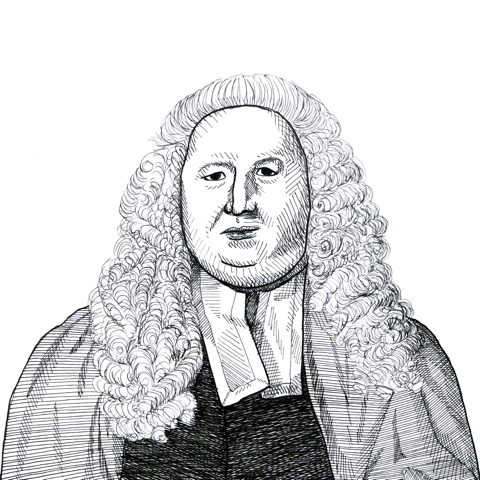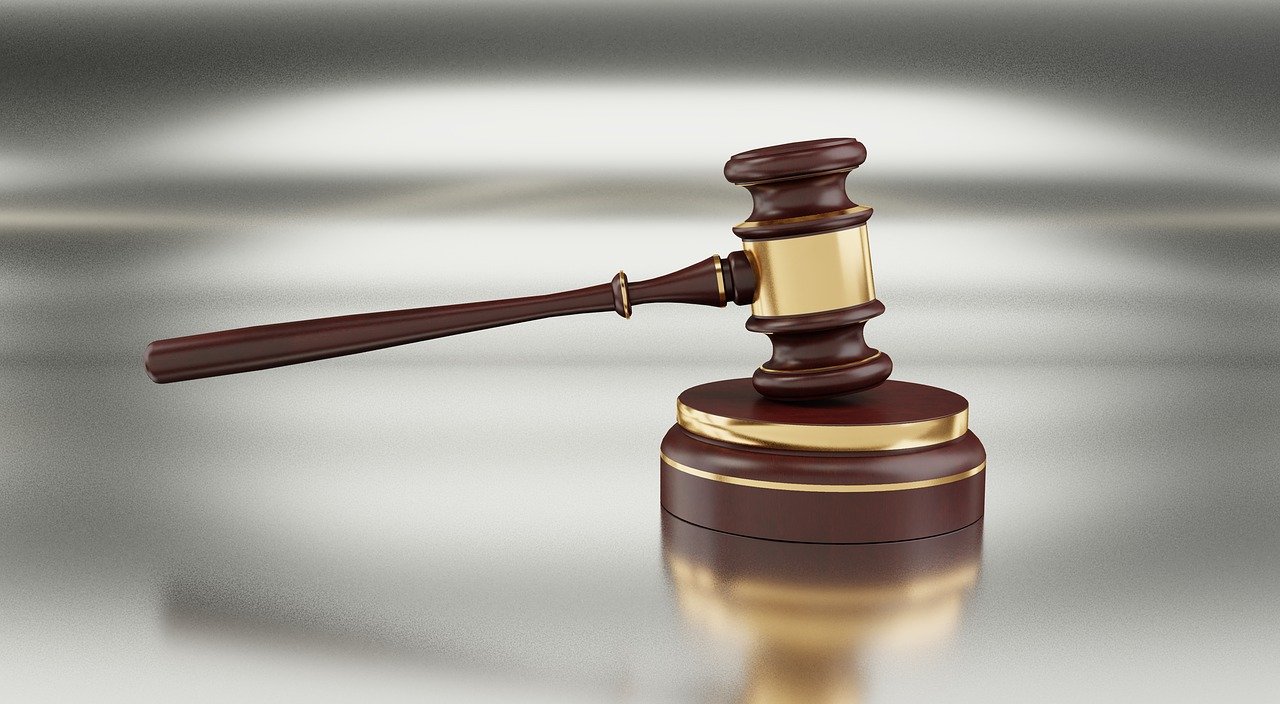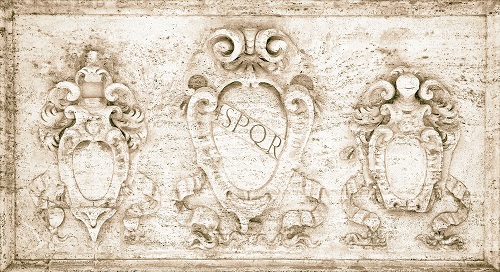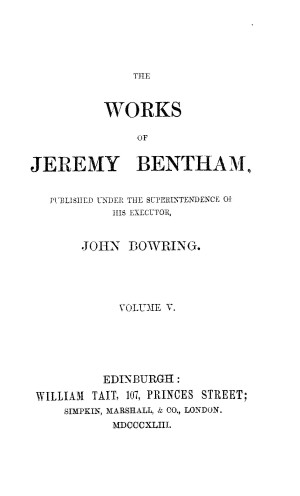Law
About this Collection
From the earliest written legal codes to the beginnings of modern constitutionalism, the history of law is the story of our working out how personal liberties interact with responsibilities to others.
Key People
Titles & Essays
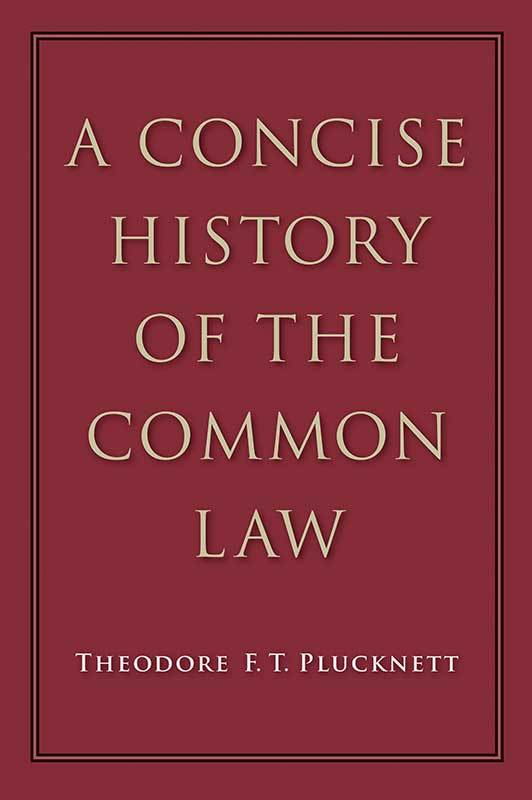
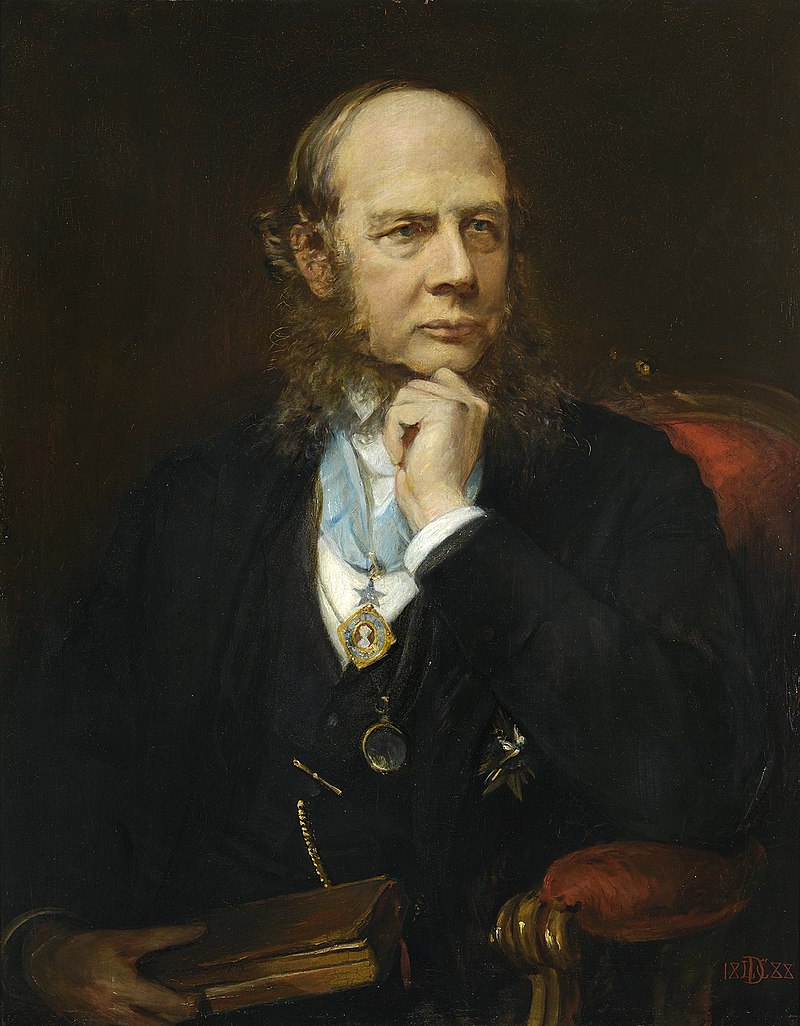
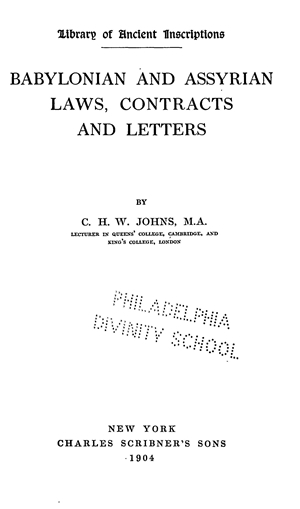
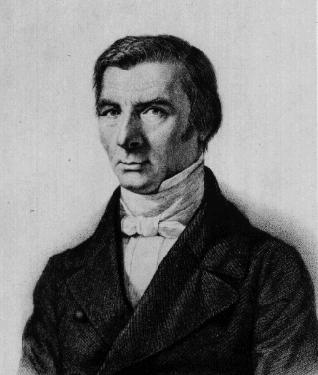

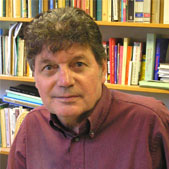
Norman P. Barry (author)

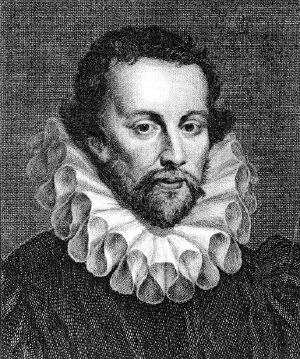


THE READING ROOM
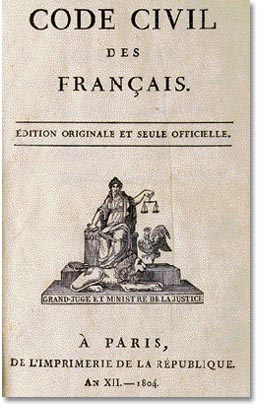
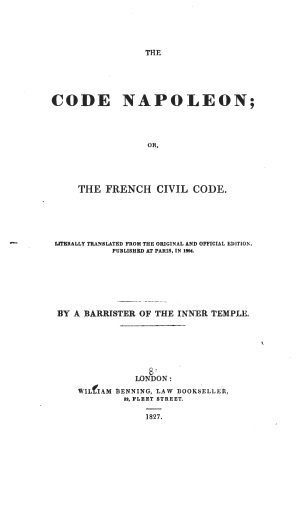
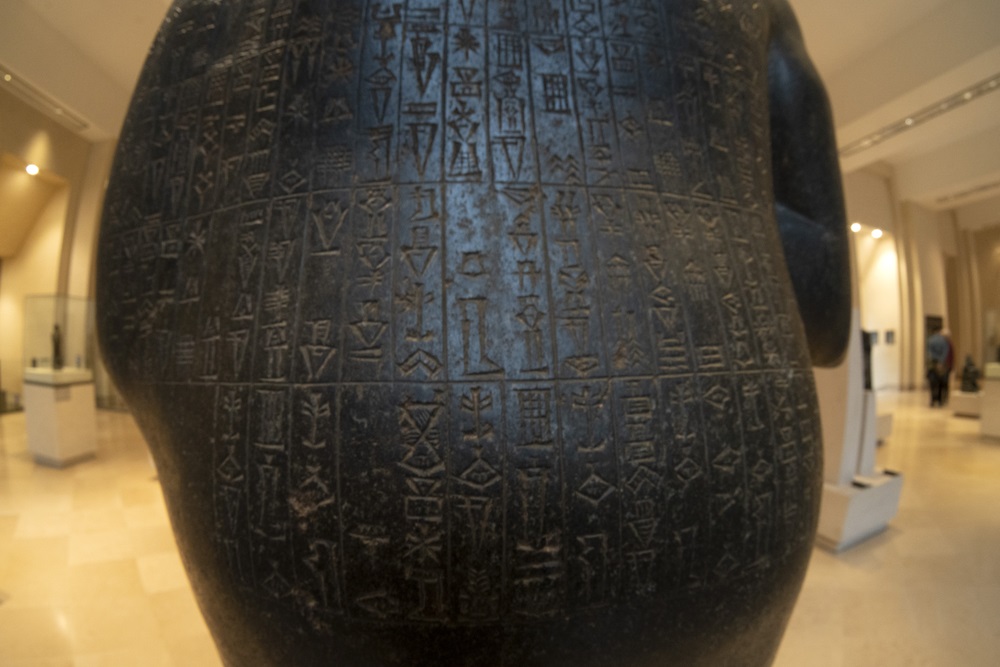
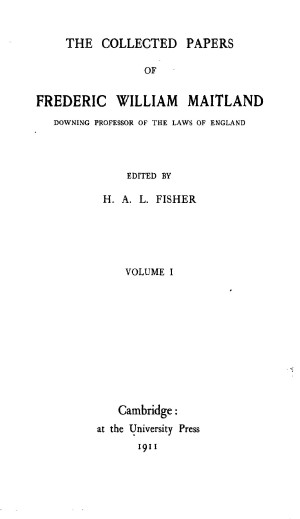

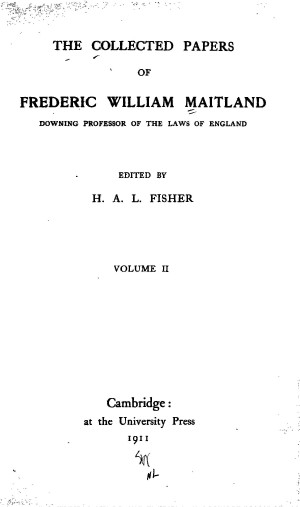
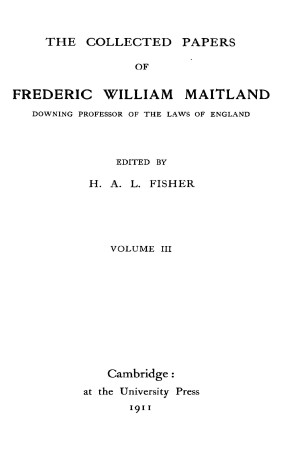
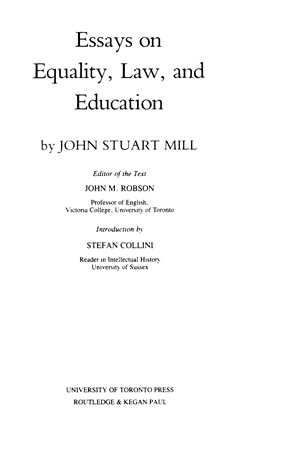
John Stuart Mill (author)
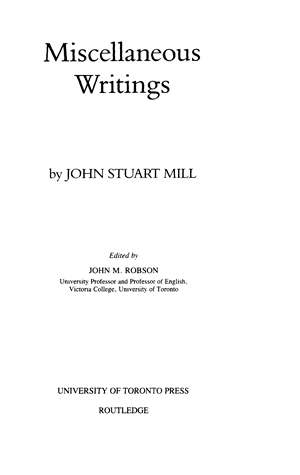
John Stuart Mill (author)
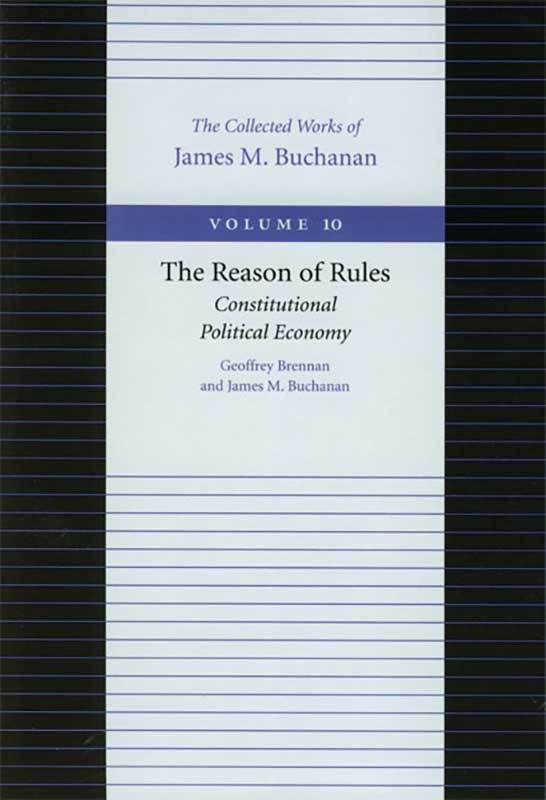
James M. Buchanan (author)
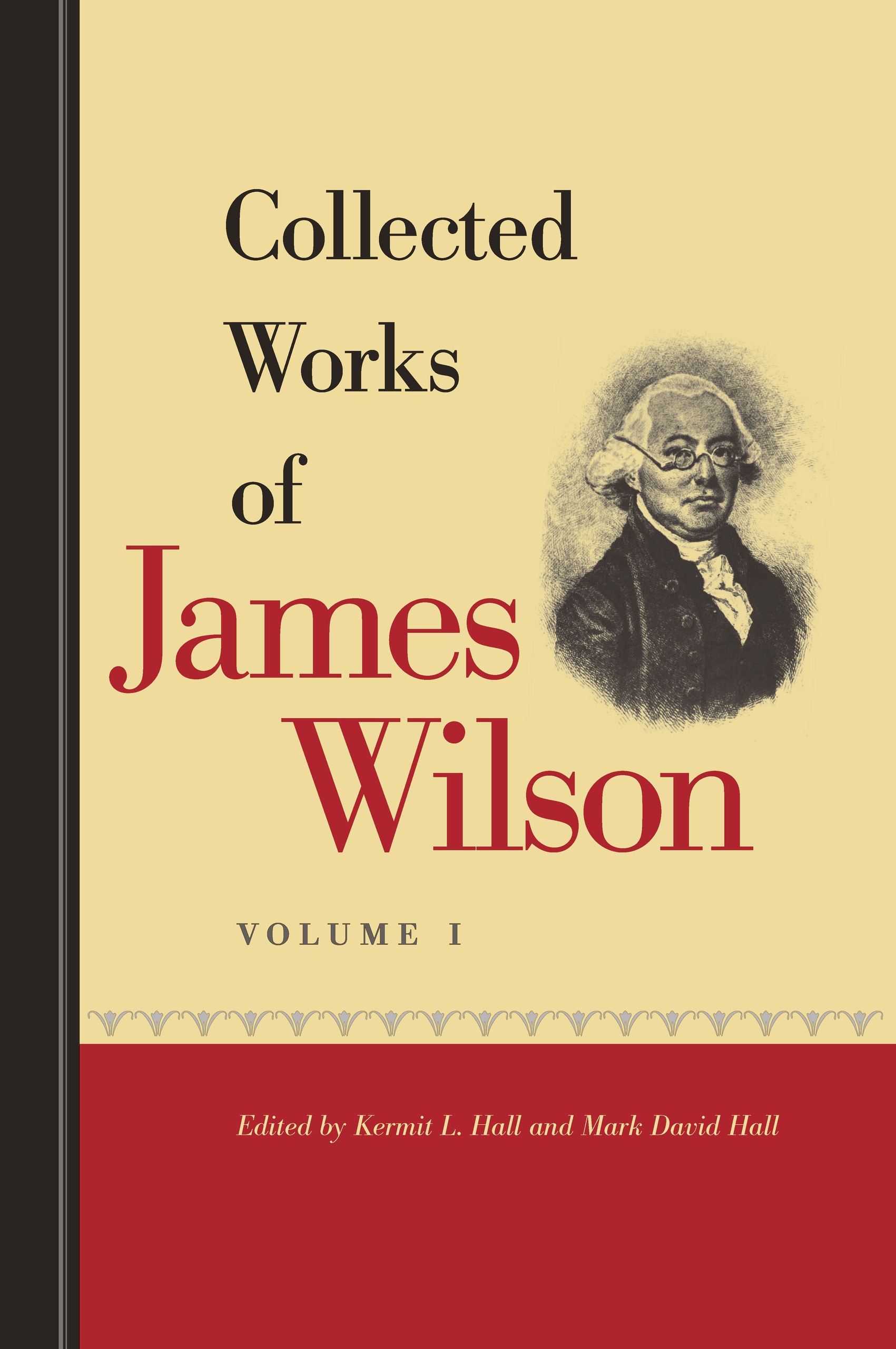


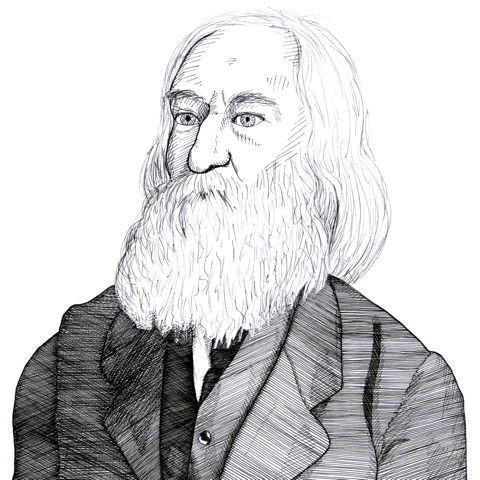
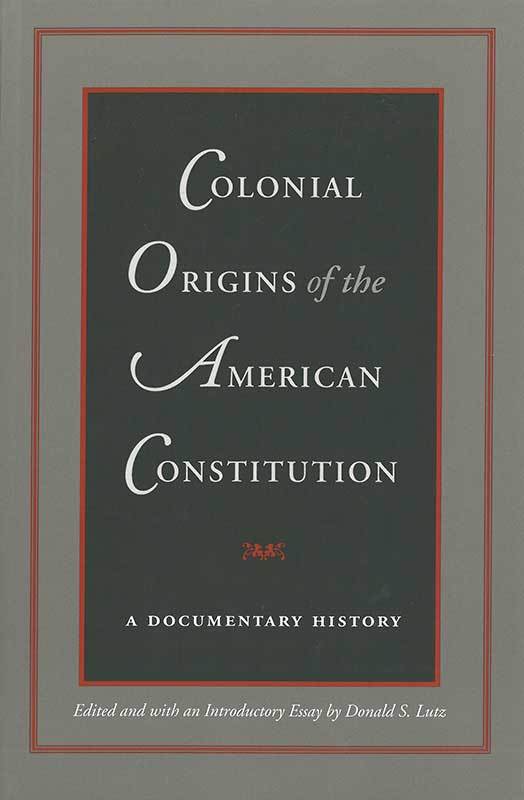
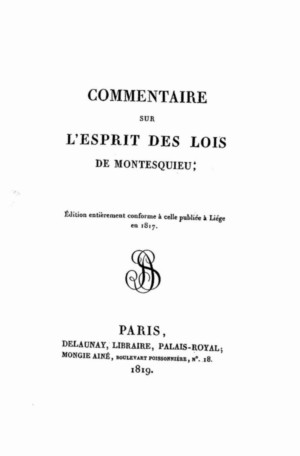
Antoine Louis Claude, Comte Destutt de Tracy (author)
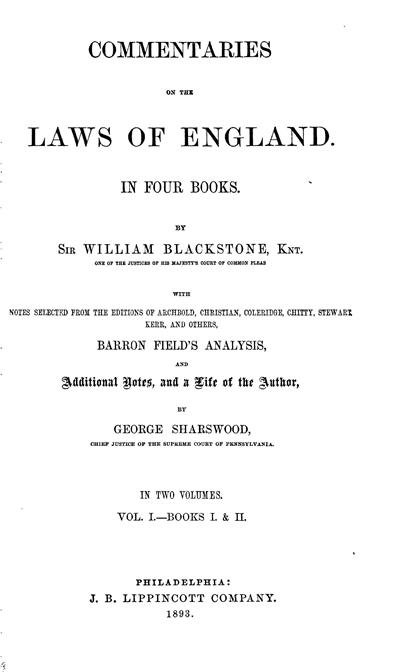

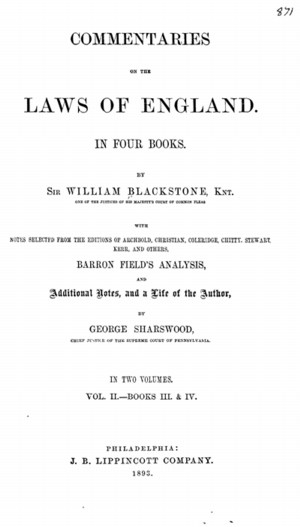
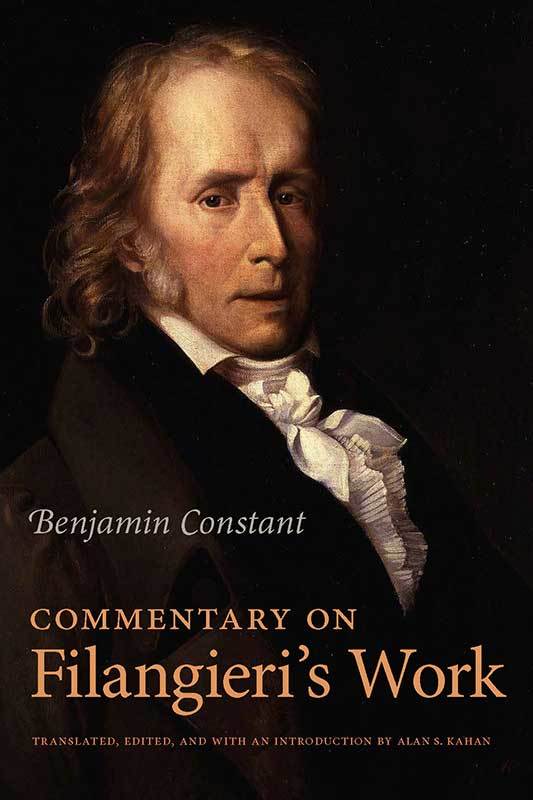
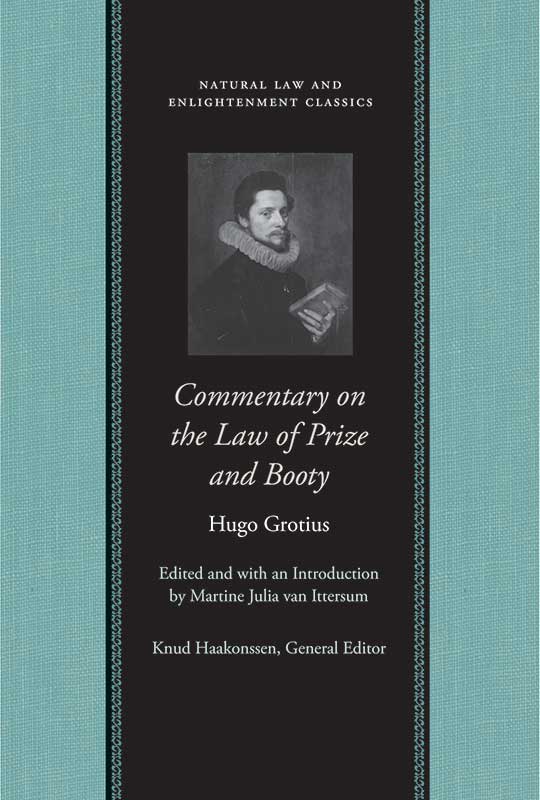
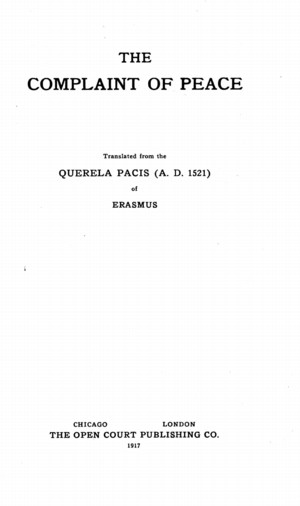
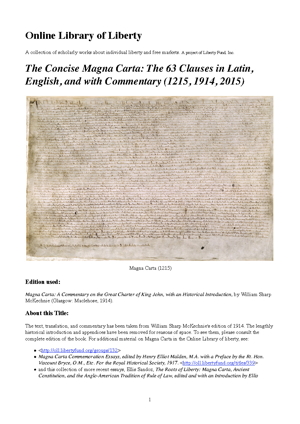
David M. Hart (editor)
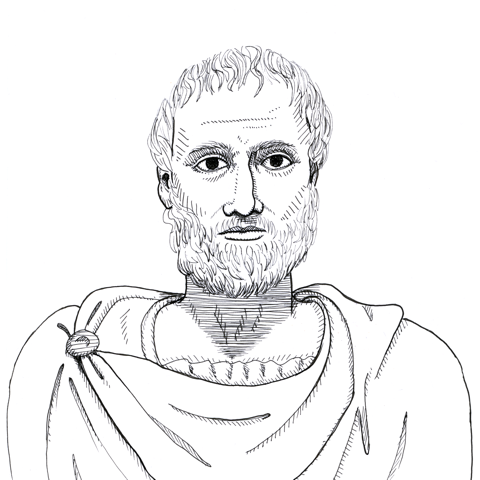
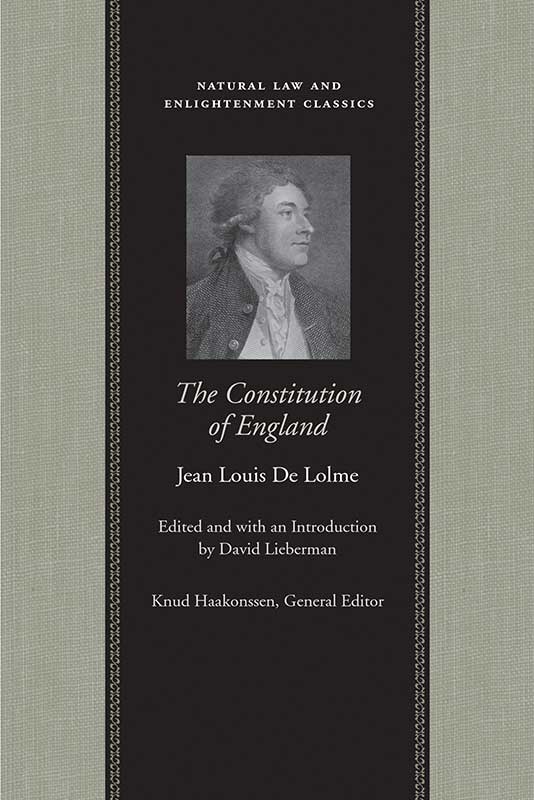
Jean Louis De Lolme (author)
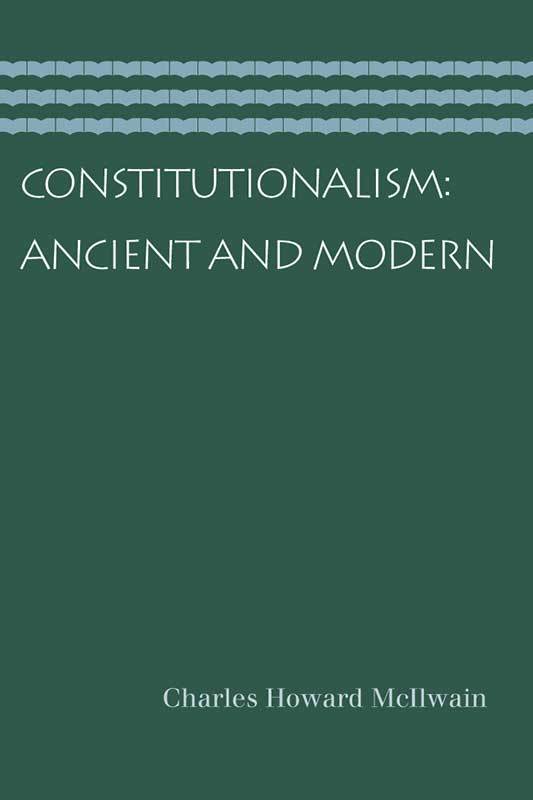
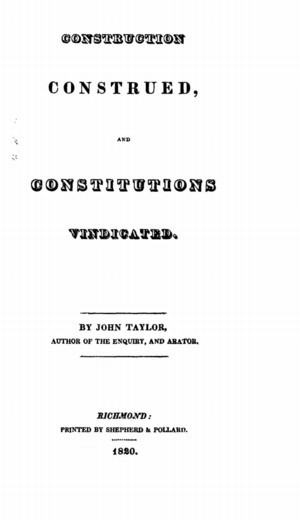
THE READING ROOM
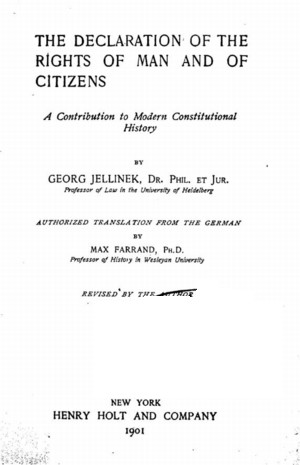
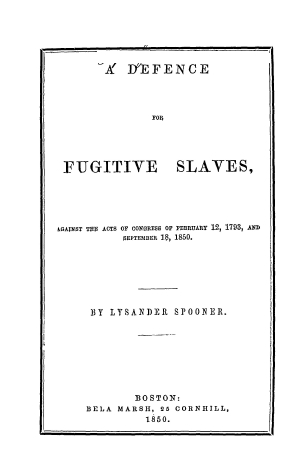
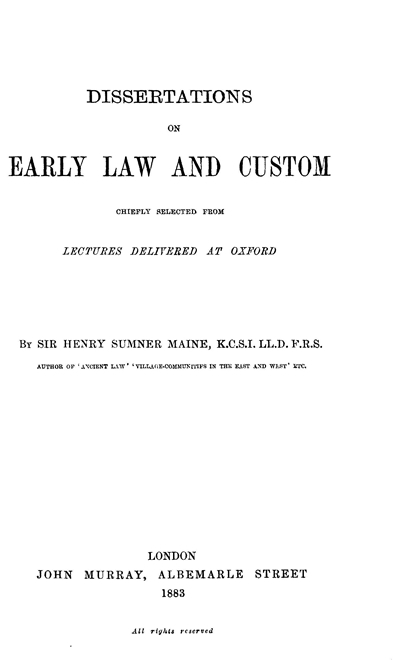
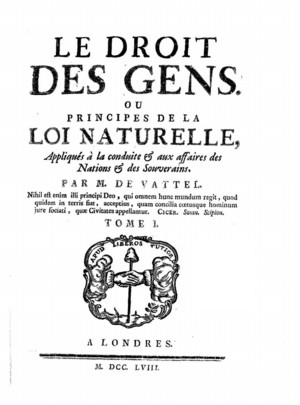

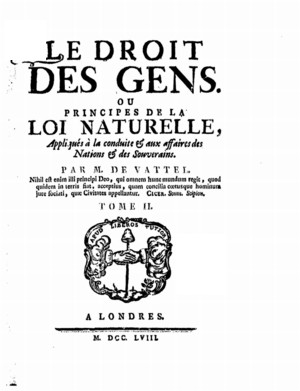
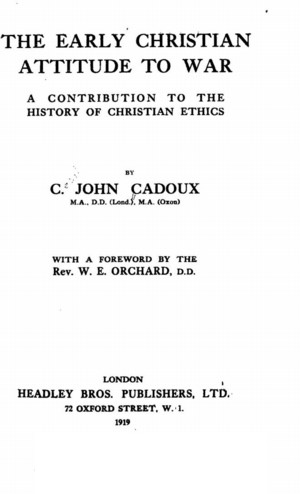
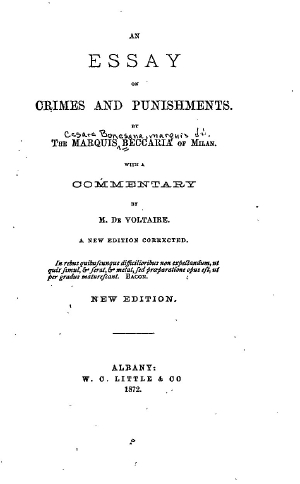
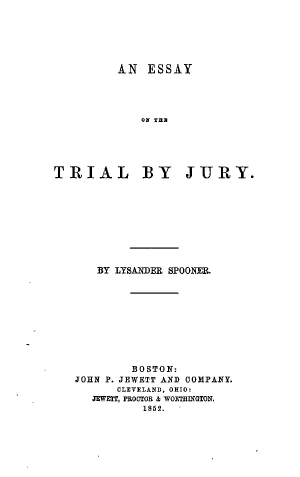
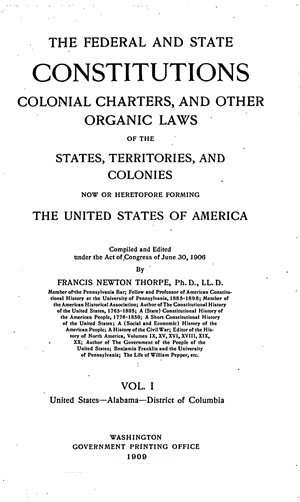
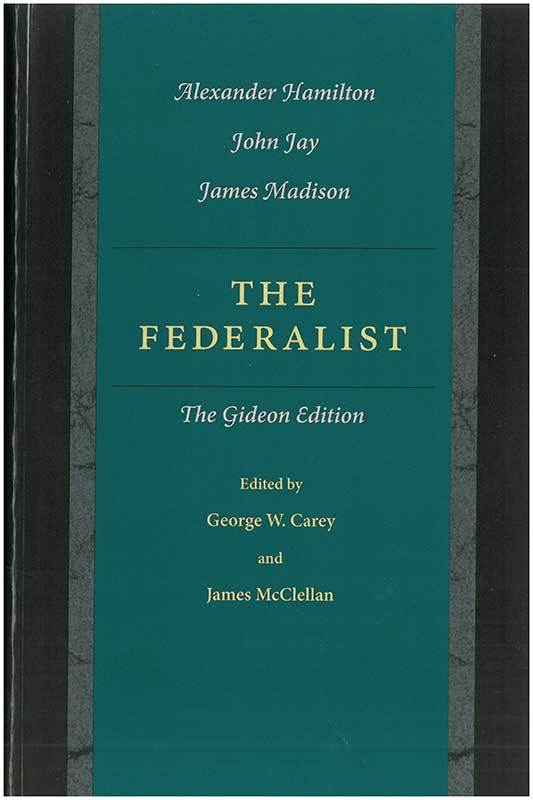
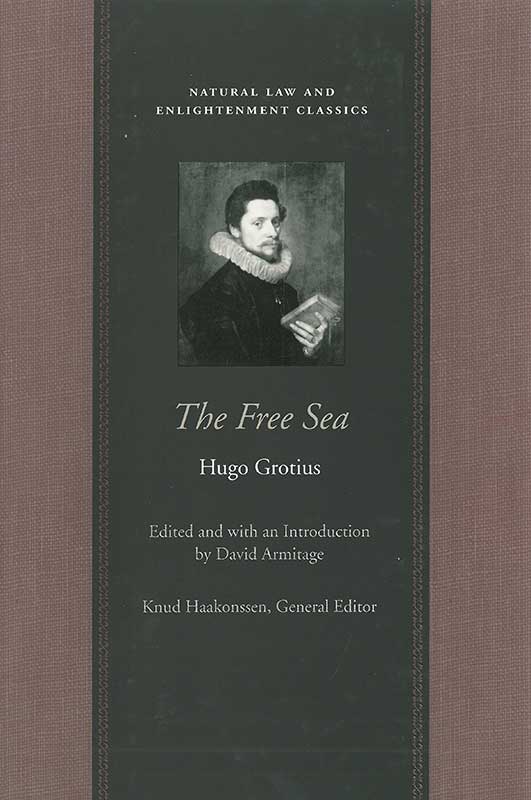
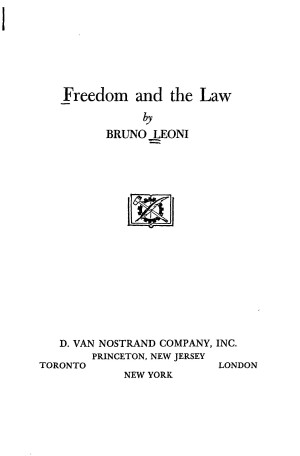
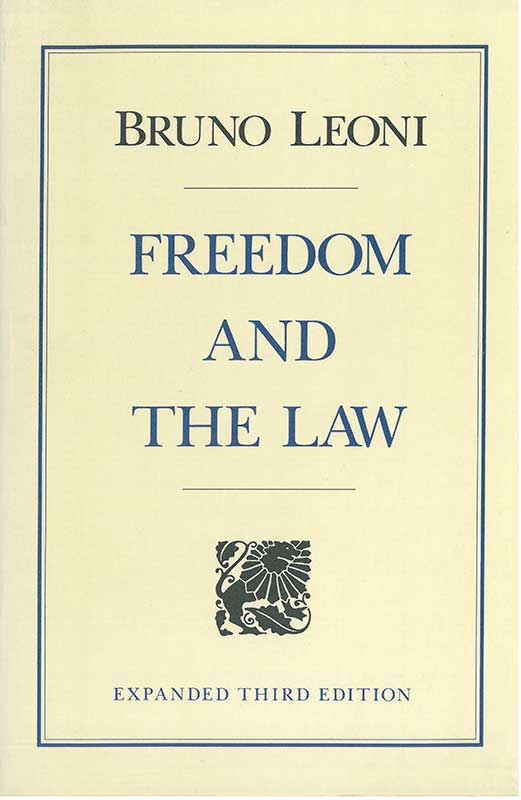
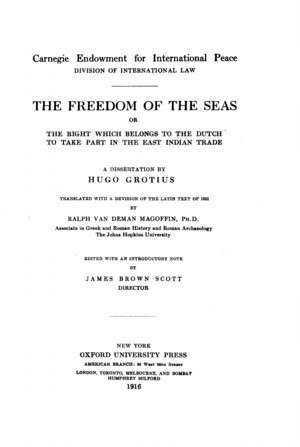
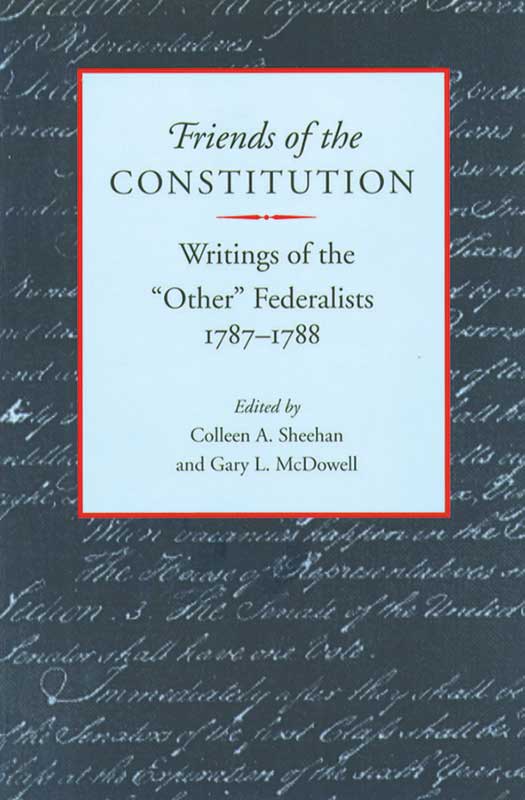
Colleen A. Sheehan (editor)
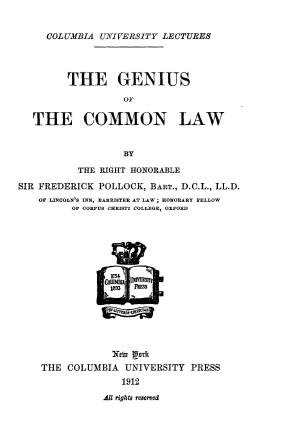
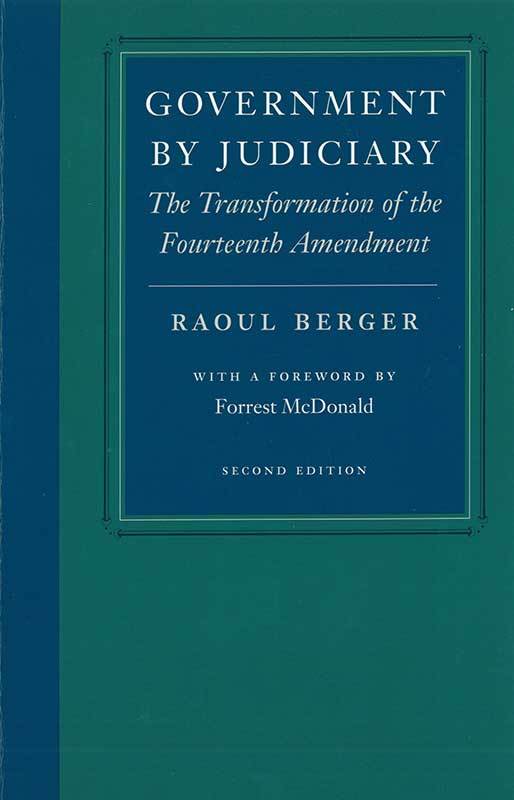
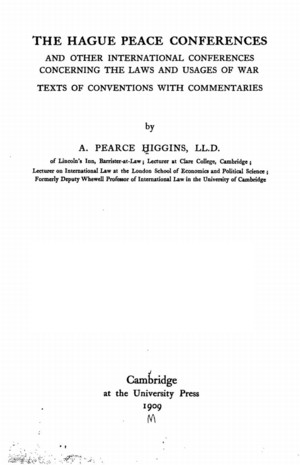
THE READING ROOM
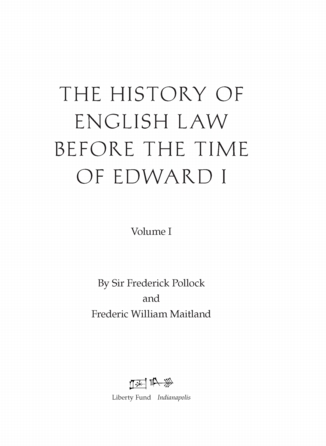
Frederic William Maitland (author)

Frederic William Maitland (author)
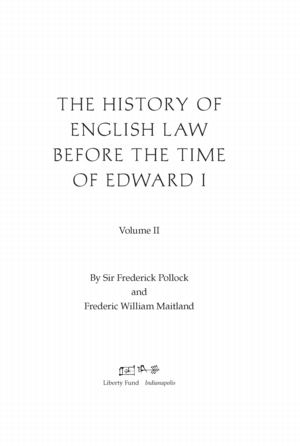
Frederic William Maitland (author)
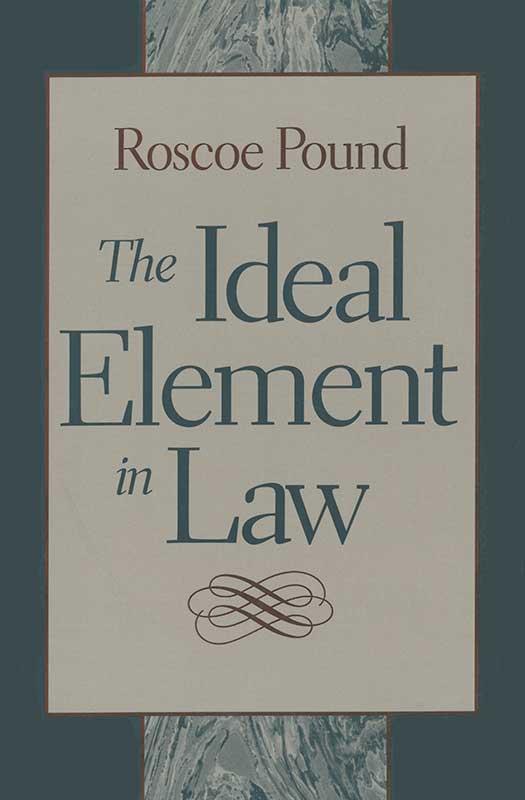
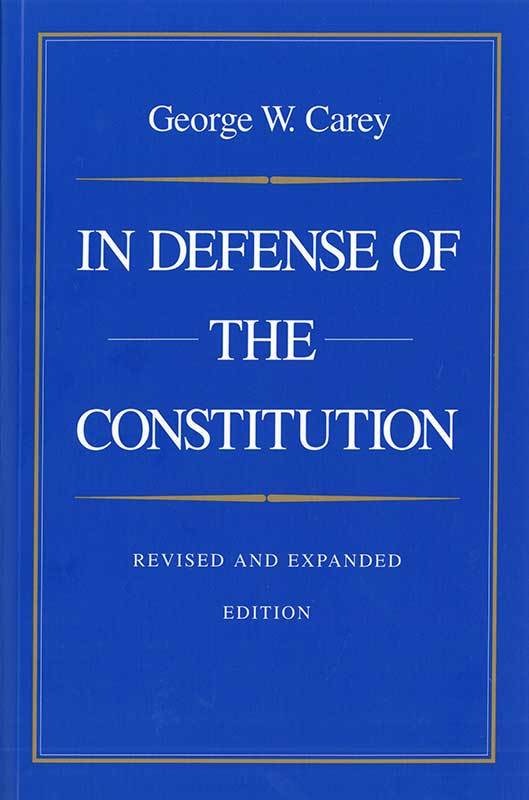
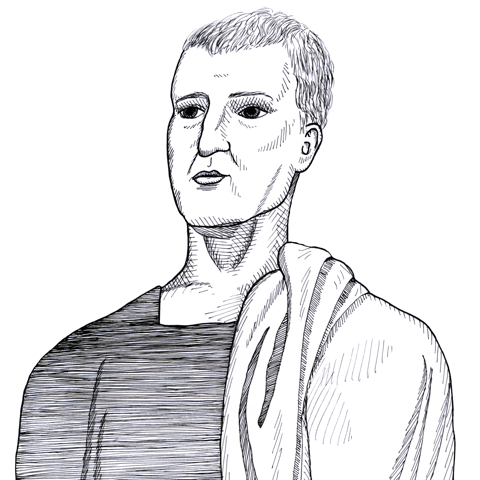
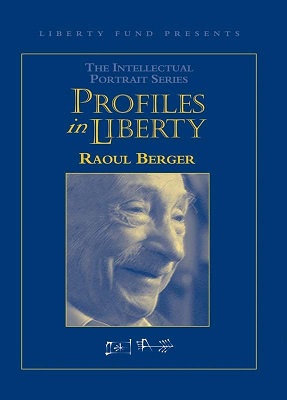
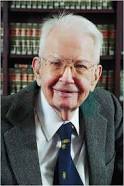
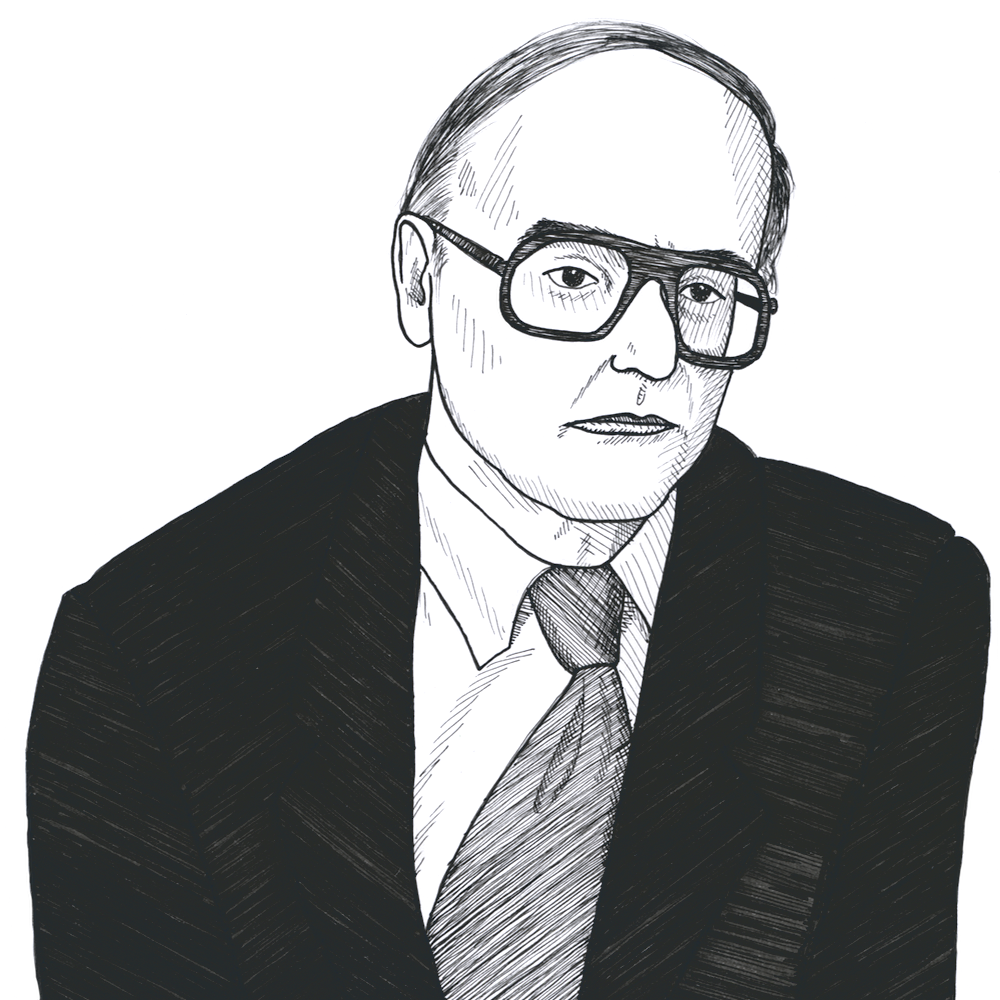
Ernest van den Haag (author)
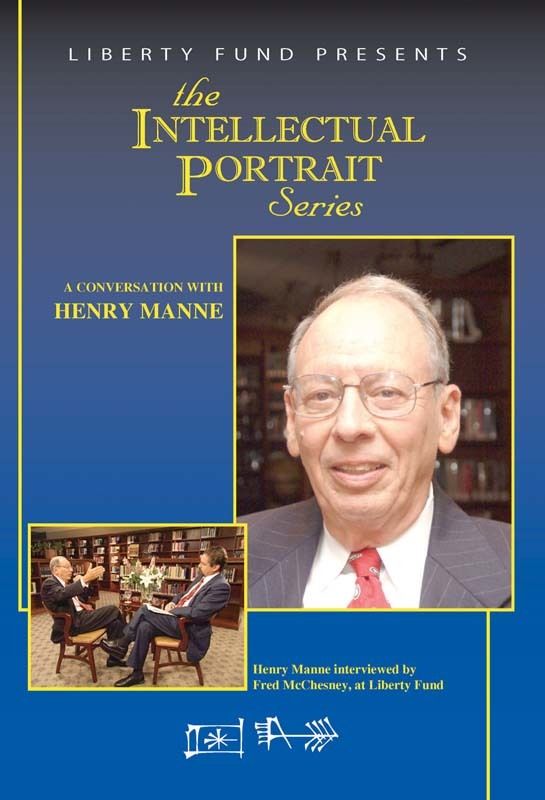
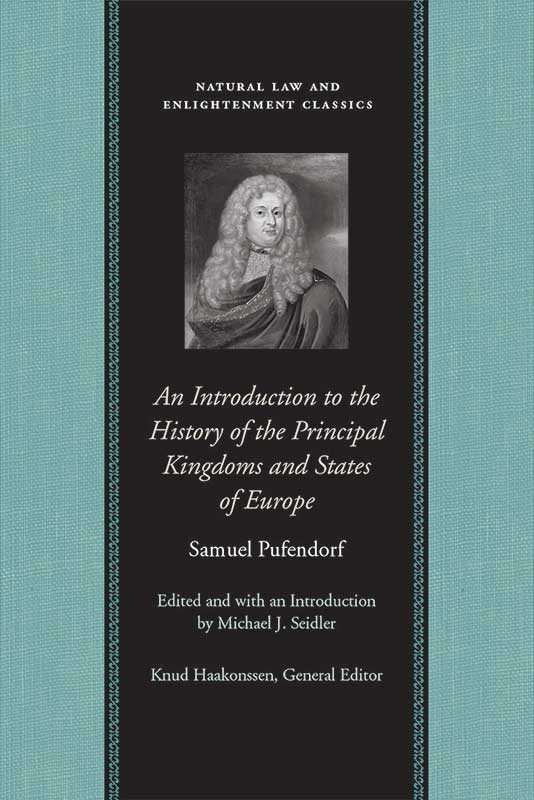
Samuel von Pufendorf (author)
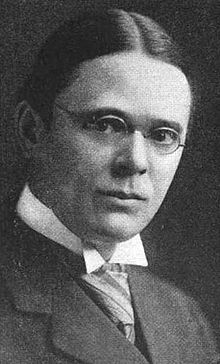
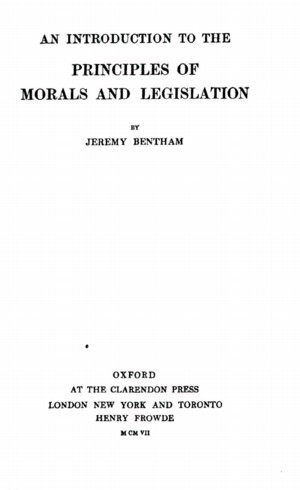
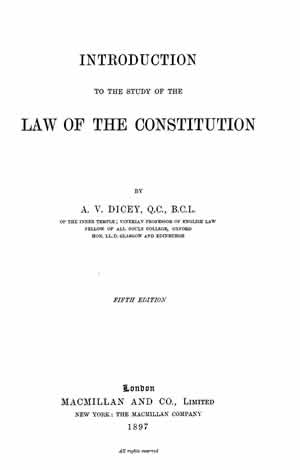
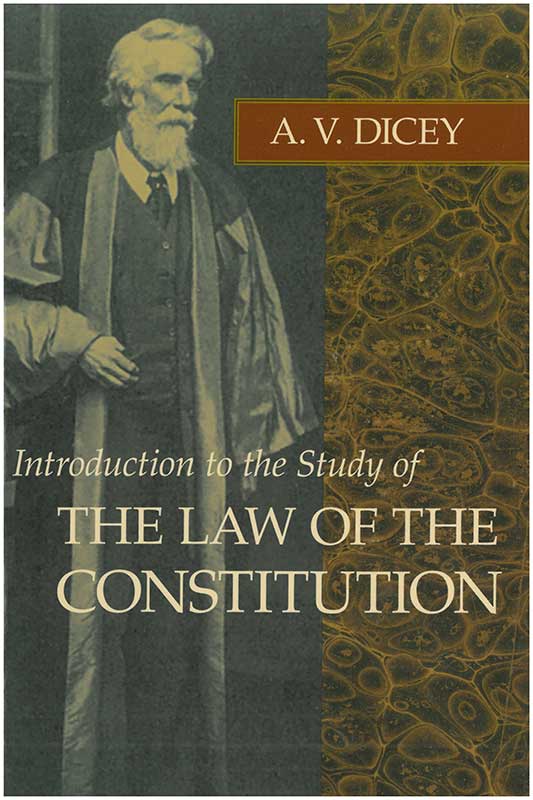
THE READING ROOM
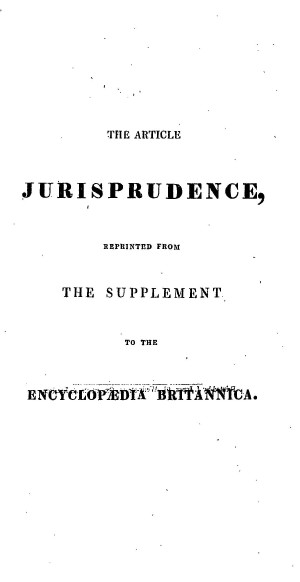
THE READING ROOM
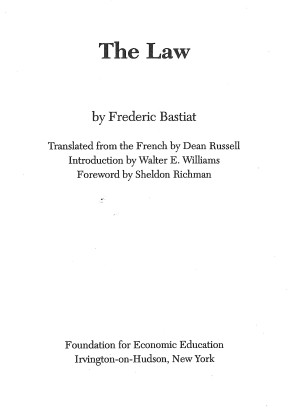
THE READING ROOM
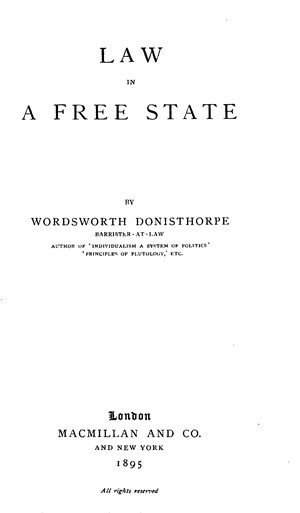
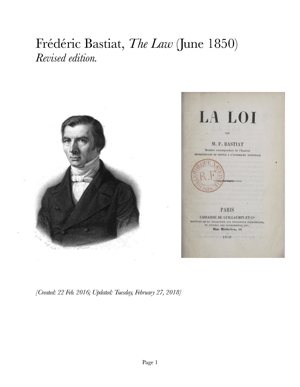
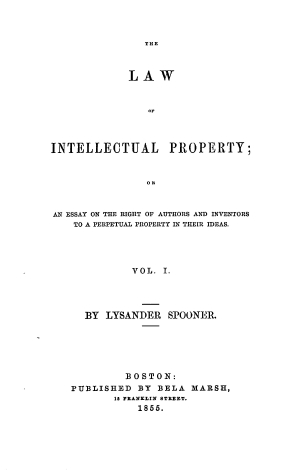
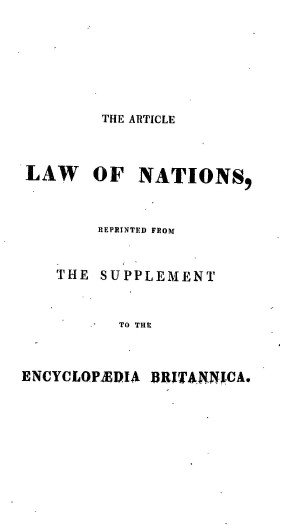
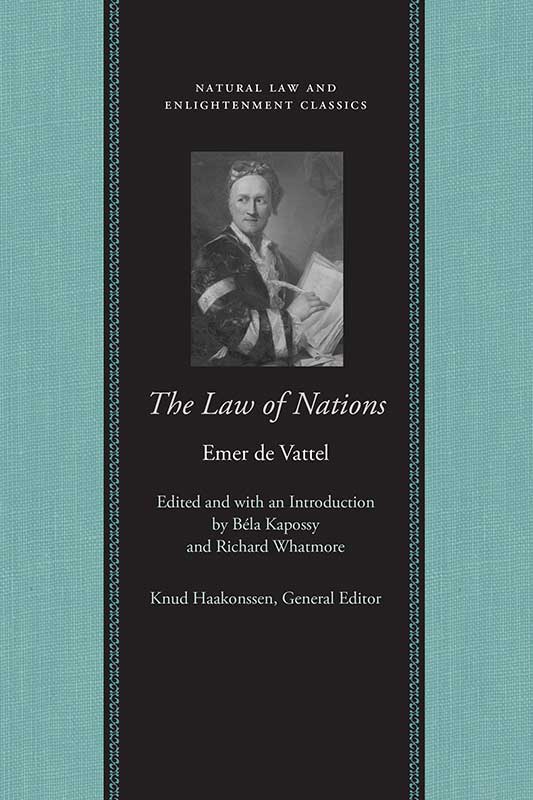
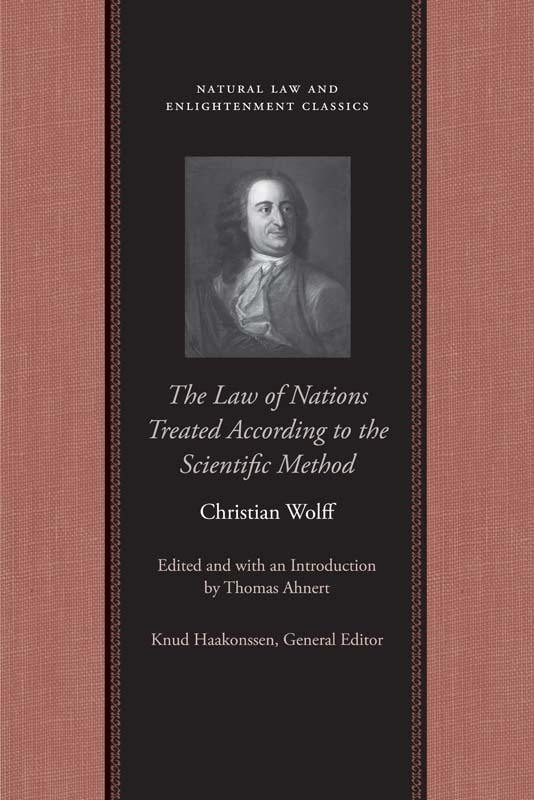
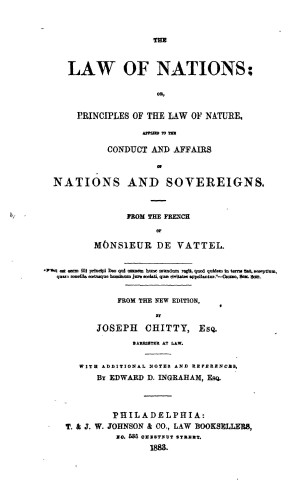
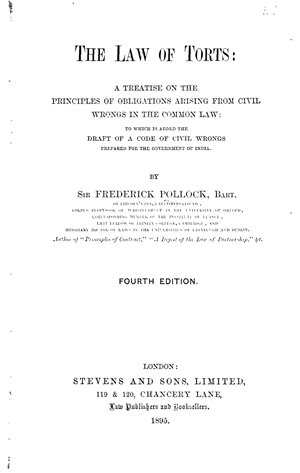
THE READING ROOM
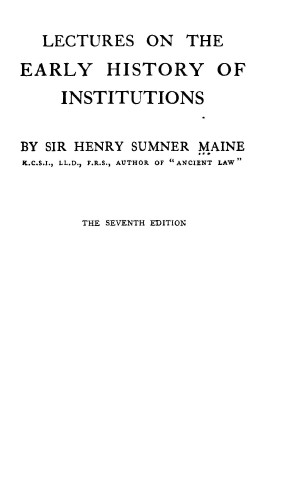
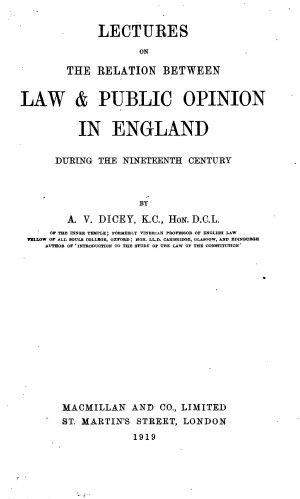
Albert Venn Dicey (author)
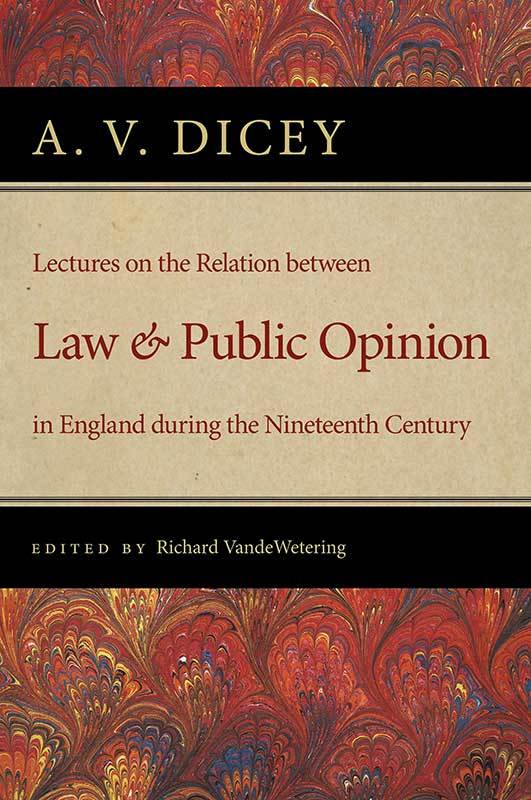
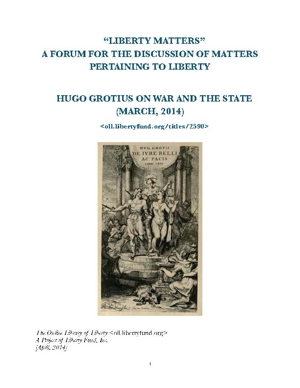
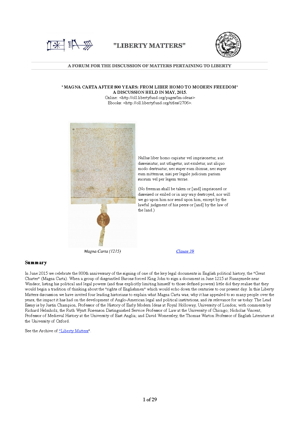
Justin Champion (author)
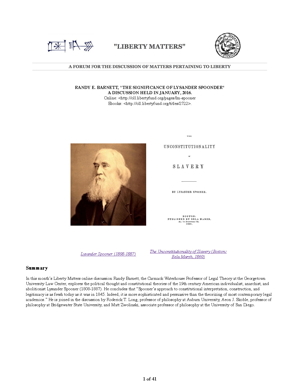
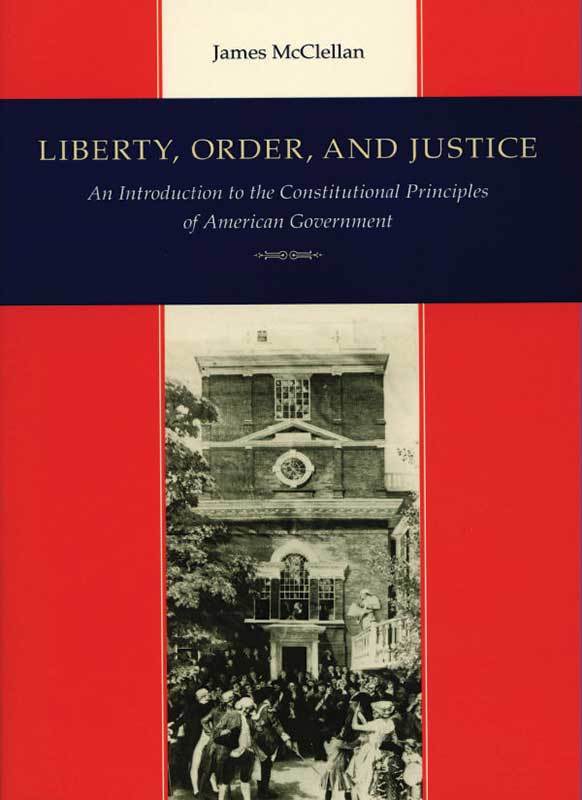
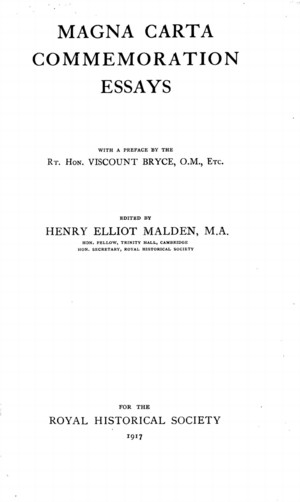
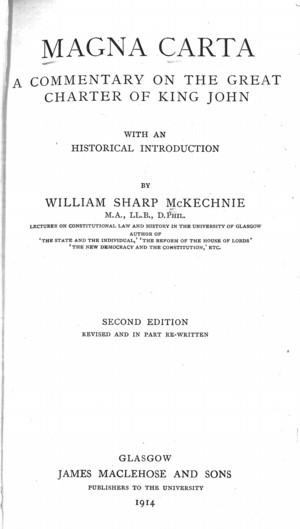
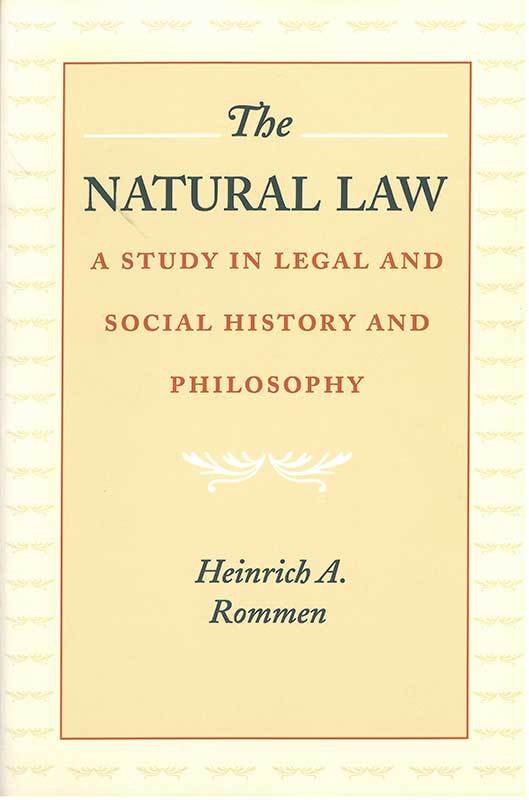
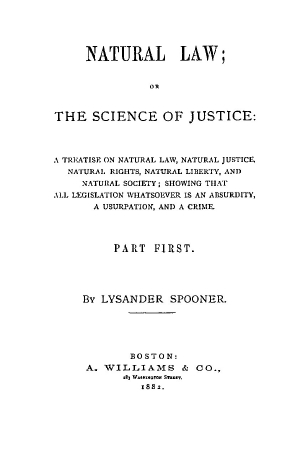
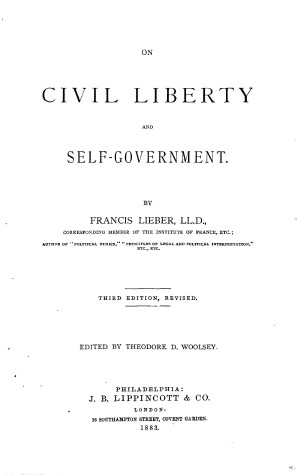
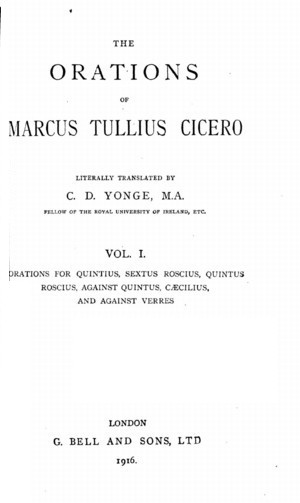

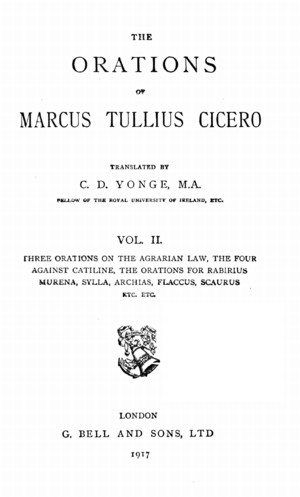
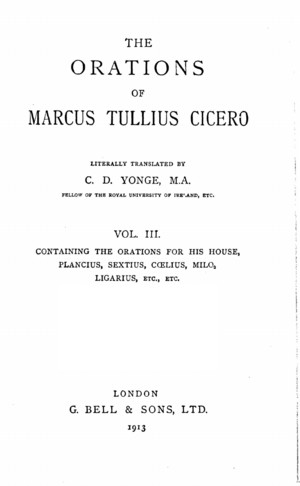
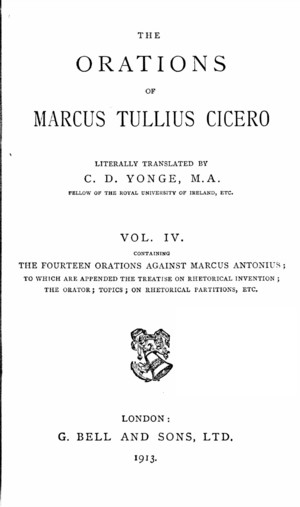
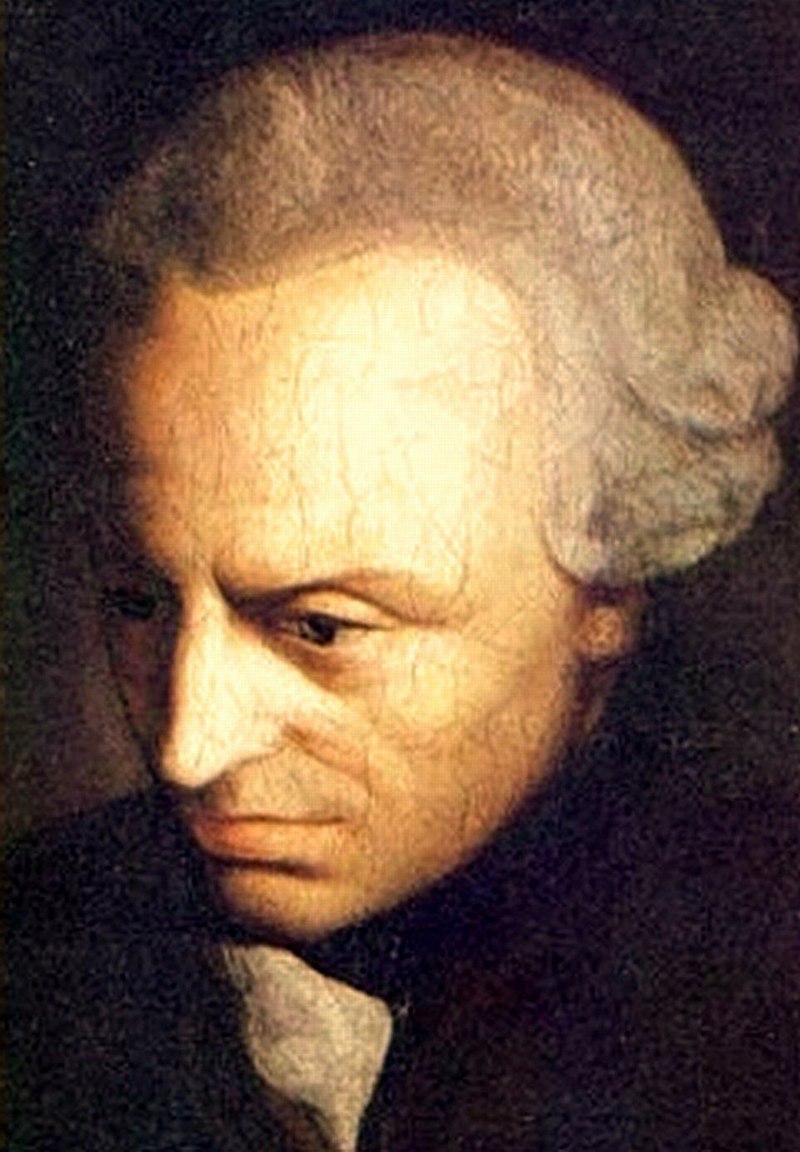
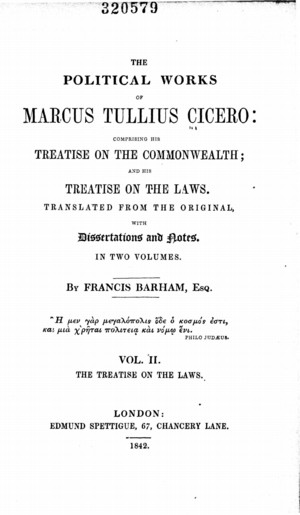
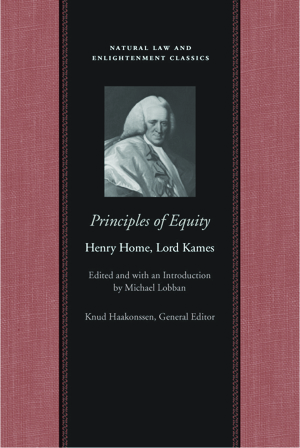
THE READING ROOM
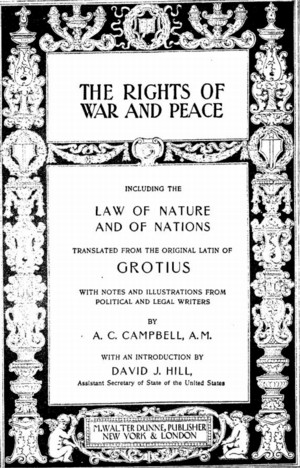
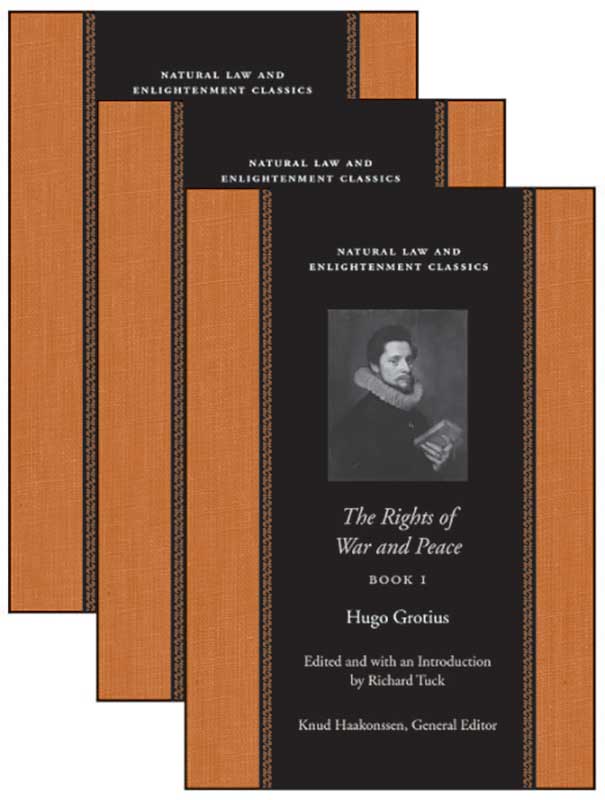
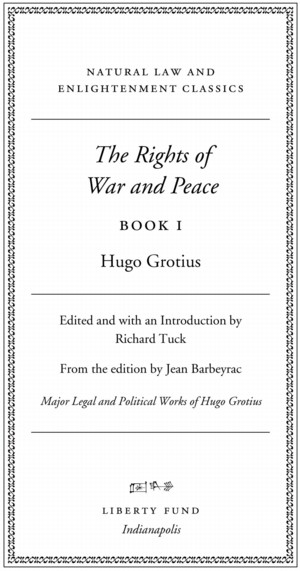
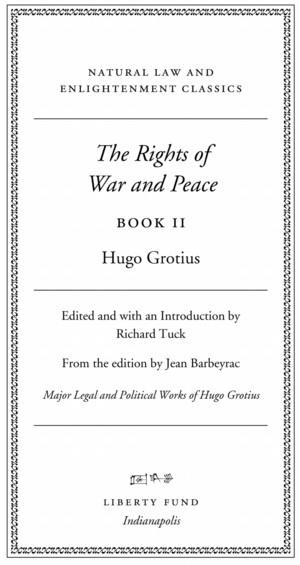
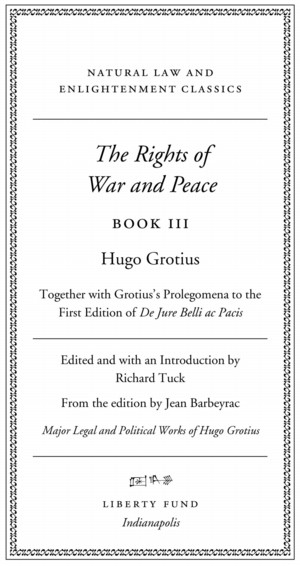
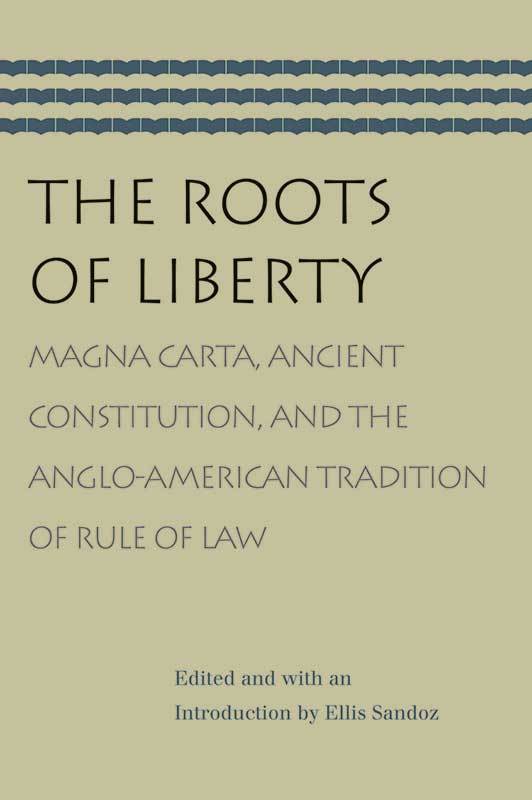
John Phillip Reid (author)
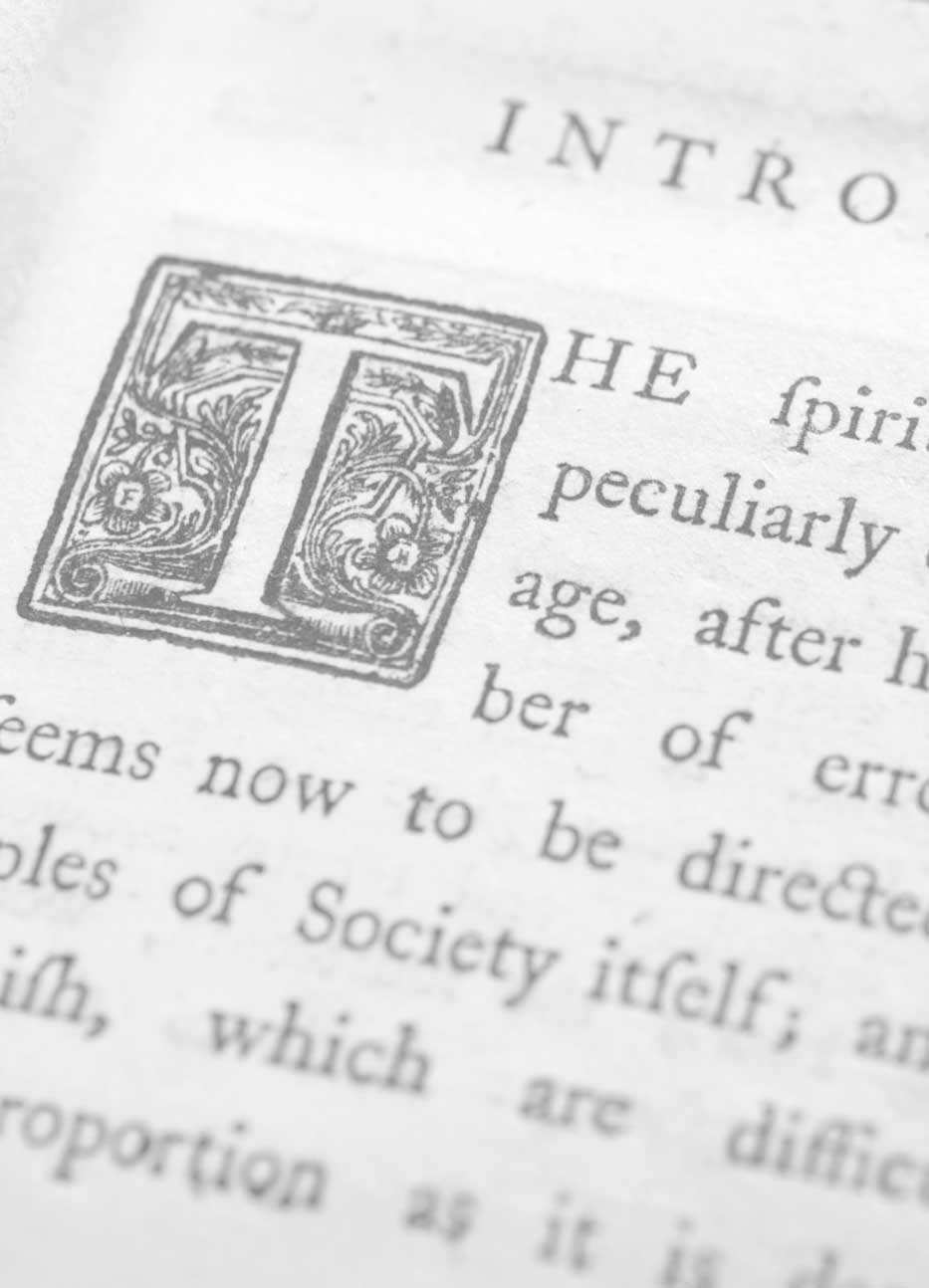
Committee of the Association of American Law Schools (editor)
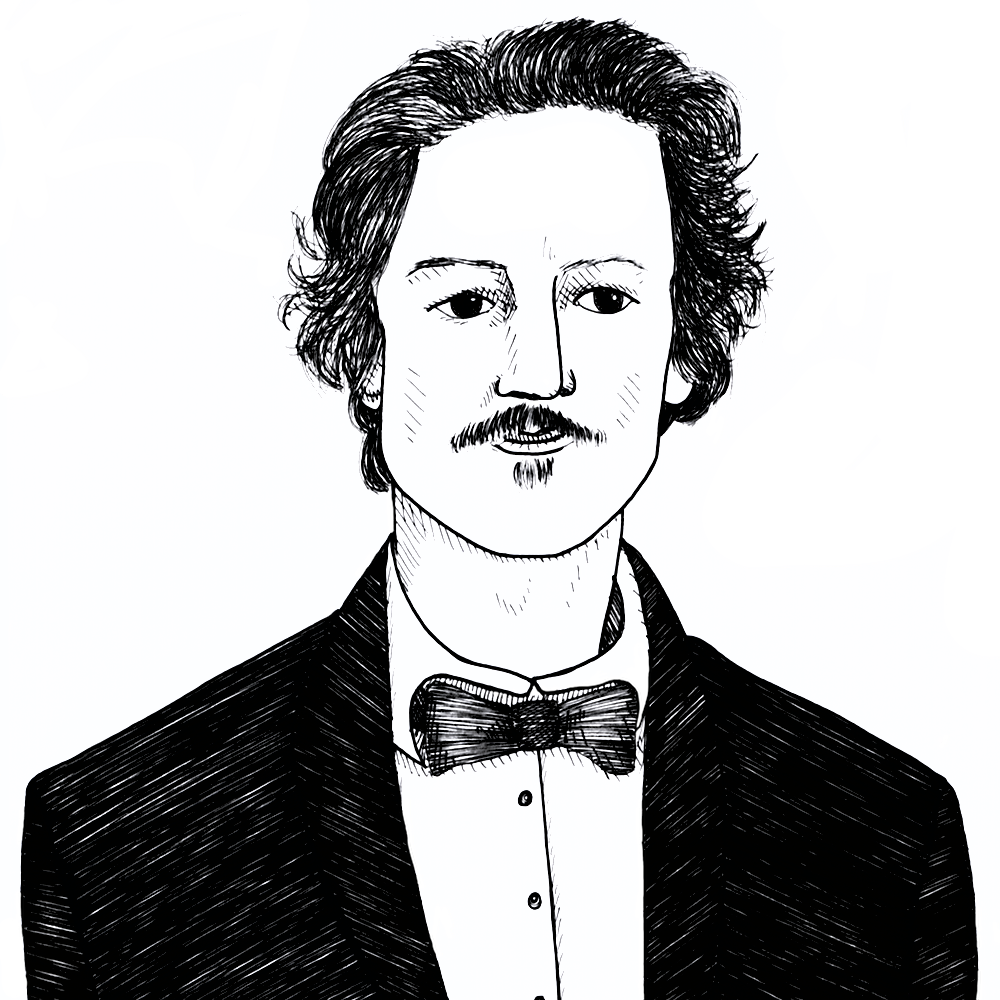
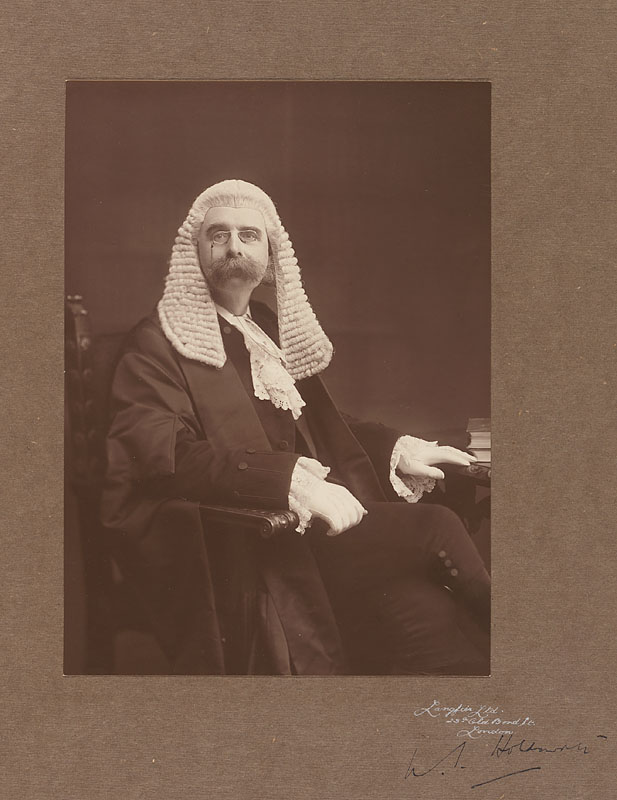
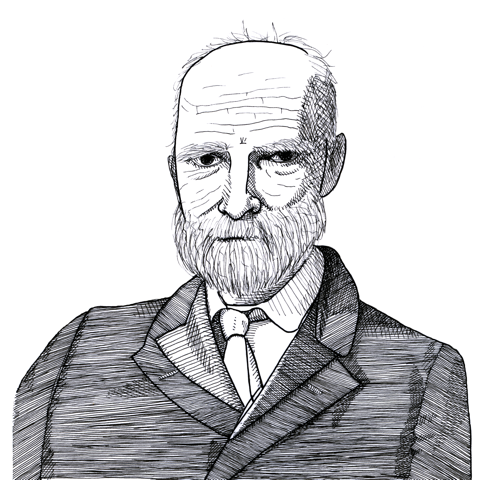
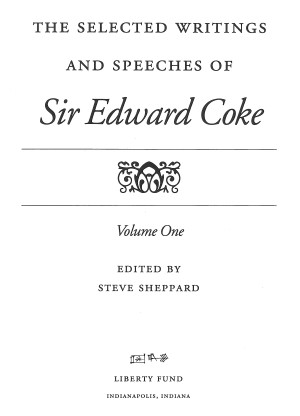

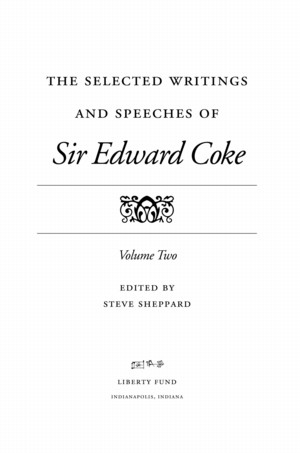
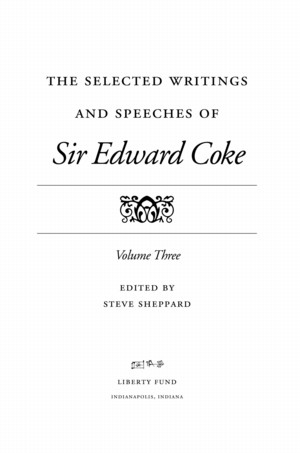

Lysander Spooner (author)
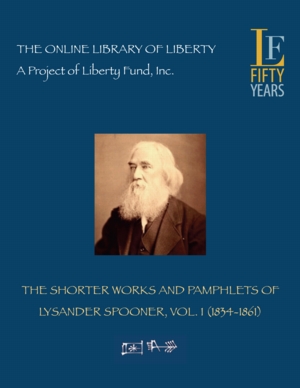
Lysander Spooner (author)
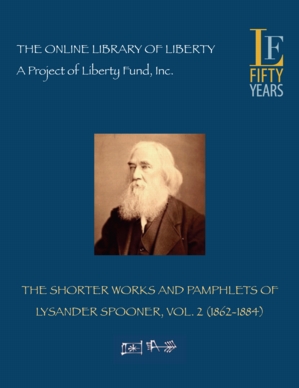
Lysander Spooner (author)
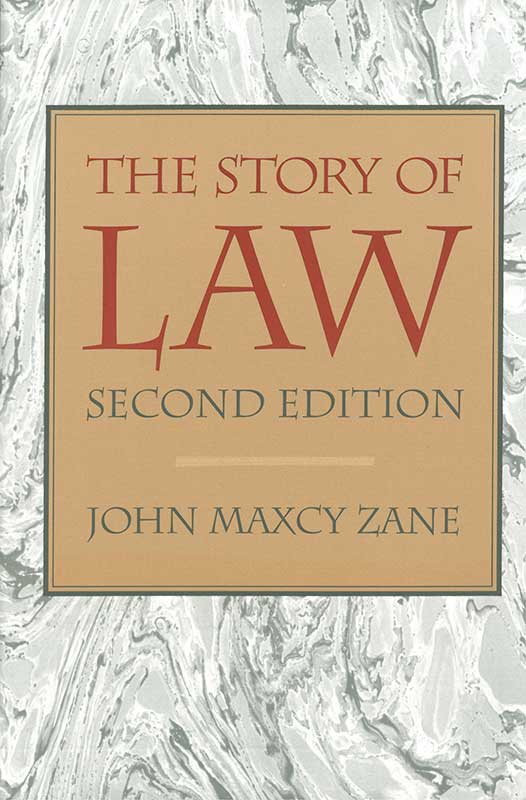
John Maxcy Zane (author)
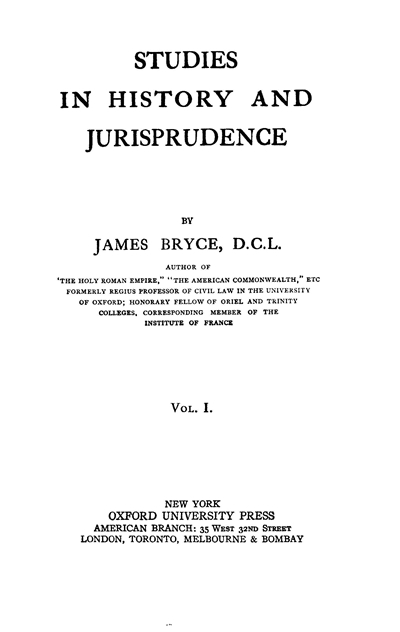

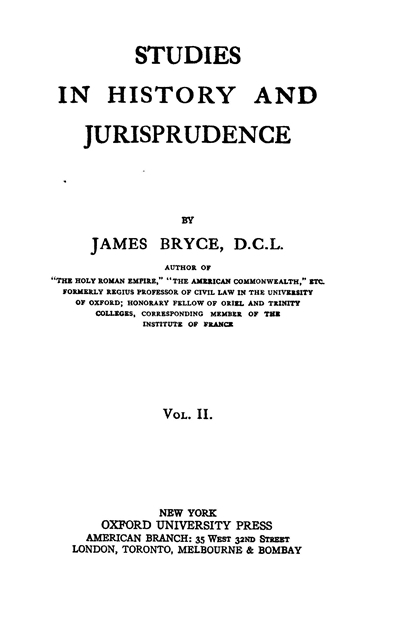
THE READING ROOM
THE READING ROOM
LIBERTY MATTERS
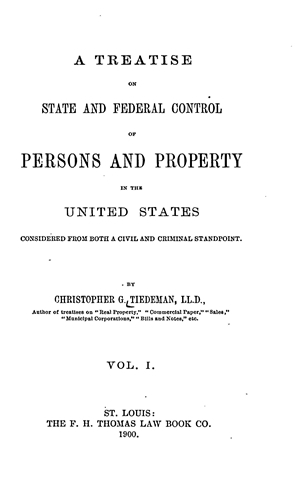
Christopher G. Tiedeman (author)
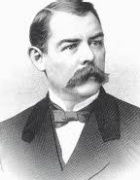
Christopher G. Tiedeman (author)
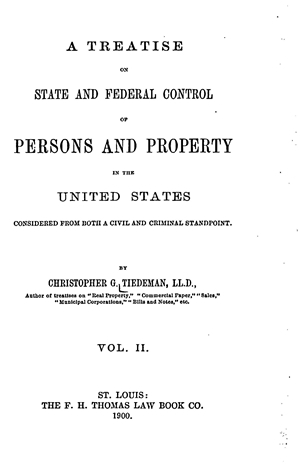
Christopher G. Tiedeman (author)
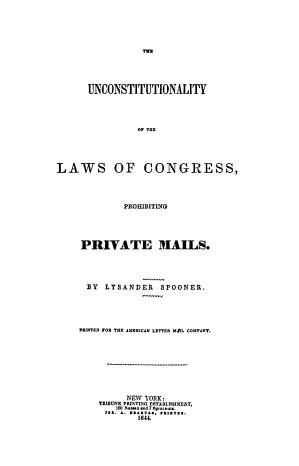
Lysander Spooner (author)
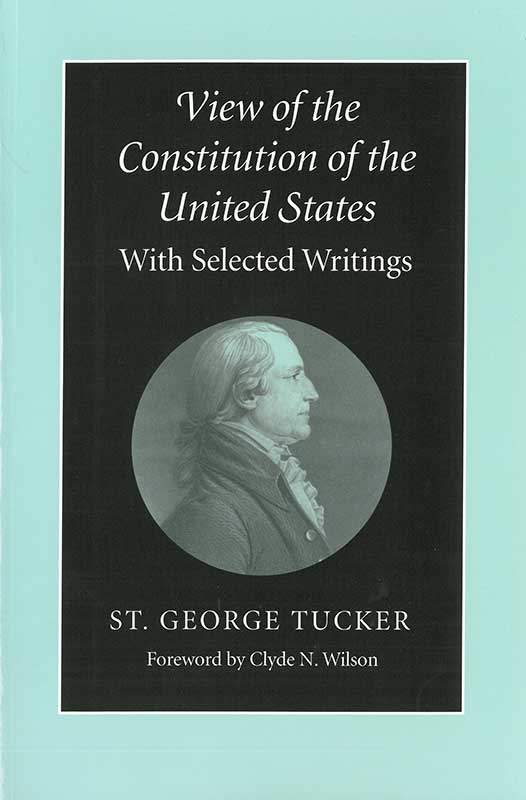
St. George Tucker (author)
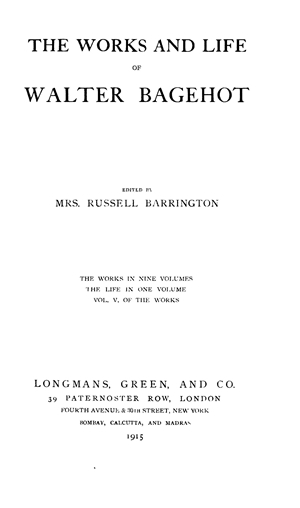
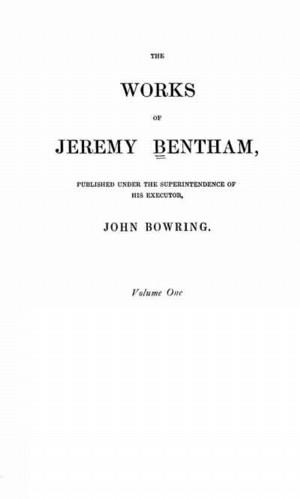

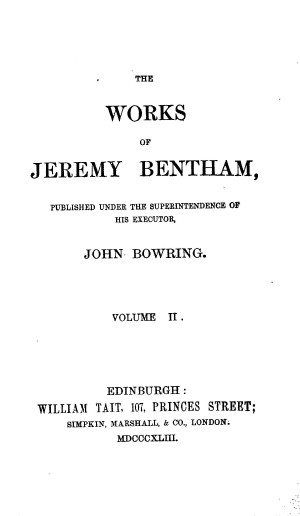
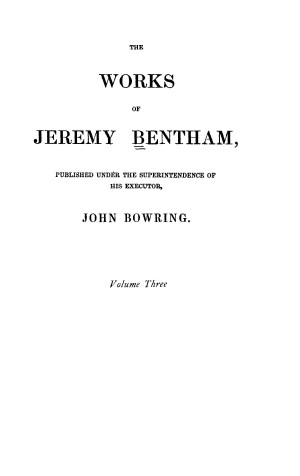
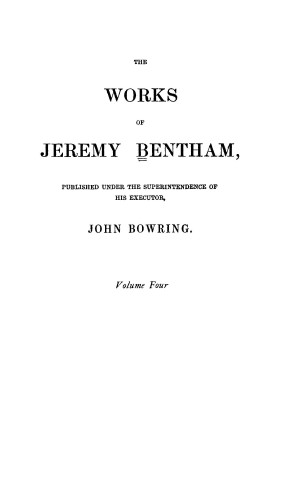
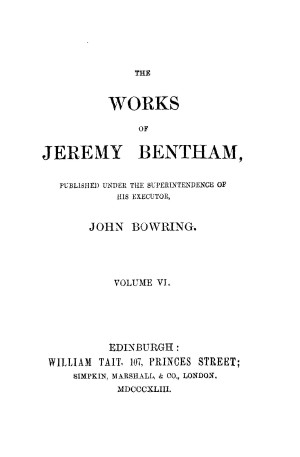
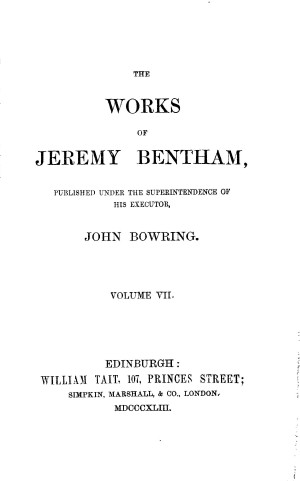
John Bowring (editor)
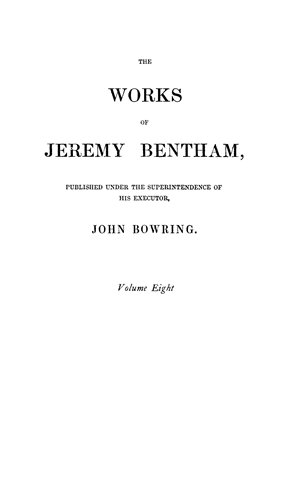
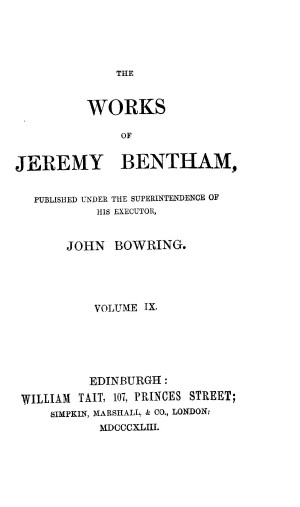
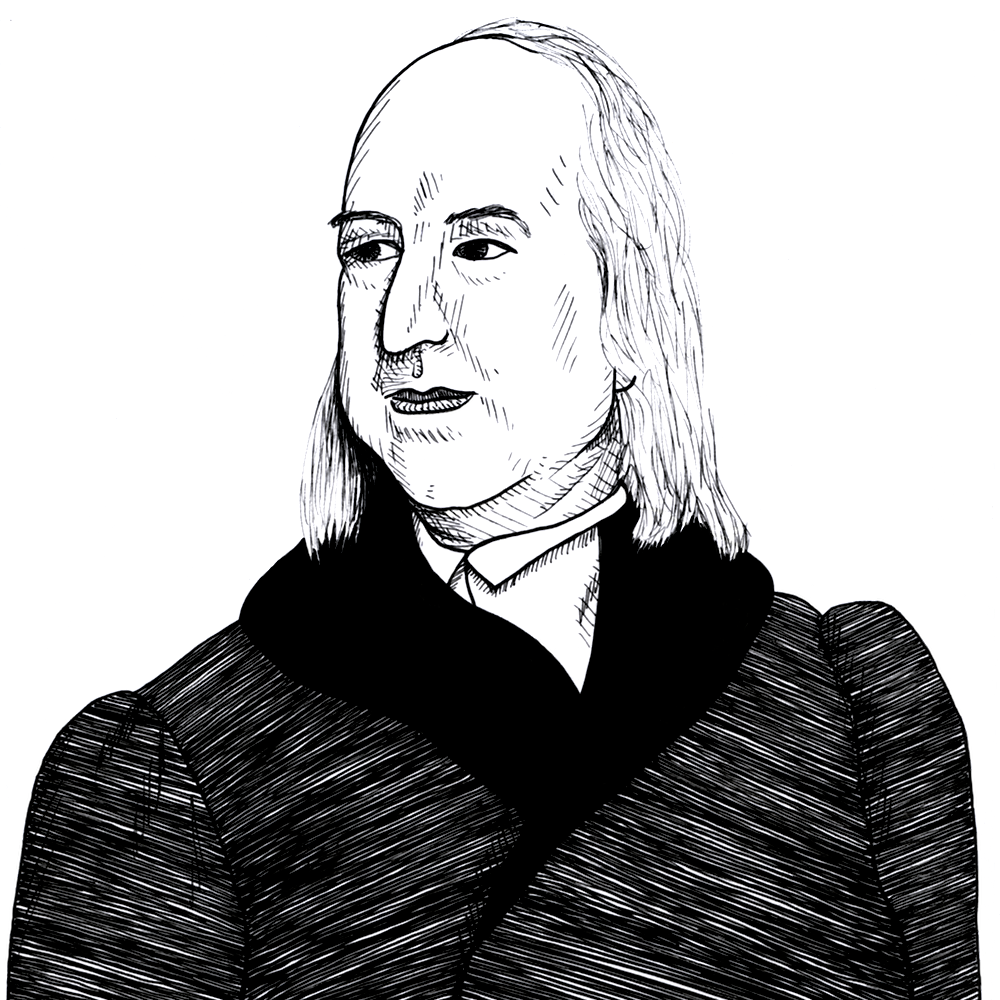
Jeremy Bentham (author)
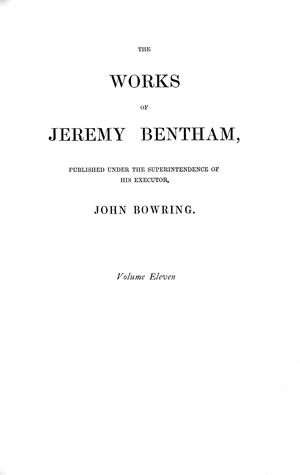
John Bowring (editor)
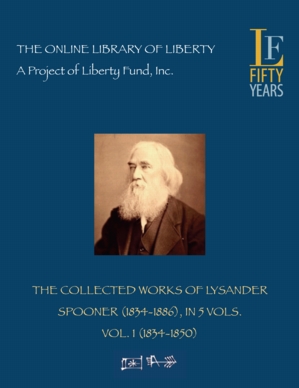

Lysander Spooner (author)
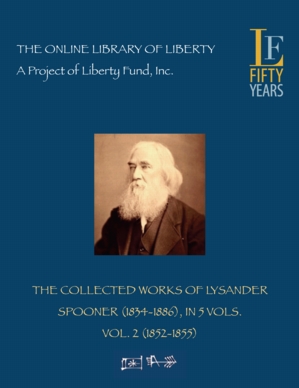
Lysander Spooner (author)
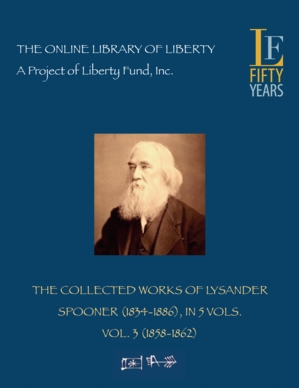
Lysander Spooner (author)
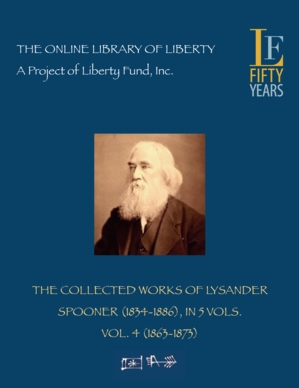
Lysander Spooner (author)
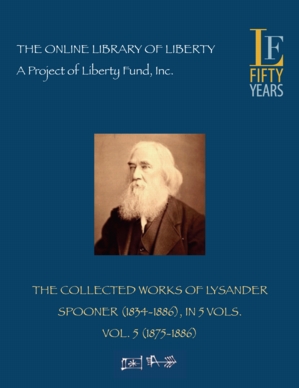
Lysander Spooner (author)
Quotes
War & Peace
A.V. Dicey noted that a key change in public thinking during the 19th Century was the move away from the early close association between “peace and retrenchment” in the size of the government (1905)
Law
Adam Smith argues that the Habeas Corpus Act is a great security against the tyranny of the king (1763)
Taxation
Adam Smith claims that exorbitant taxes imposed without consent of the governed constitute legitimate grounds for the people to resist their rulers (1763)
Food & Drink
Adam Smith on how Government Regulation and Taxes might drive a Man to Drink (1766)
Colonies, Slavery & Abolition
Adam Smith on Slavery
Law
Algernon Sidney argues that a law that is not just is not a law (1683)
Parties & Elections
Bruno Leoni argues that expressing one’s economic choice as a consumer in a free market is quite different from making a political choice by means of voting (1961)
Law
Bruno Leoni notes the strong connection between economic freedom and decentralized legal decision-making (1961)
Law
Bruno Leoni on the different Ways in which Needs can be satisfied, either voluntarily through the Market or coercively through the State (1963)
Parties & Elections
Bruno Leoni points out that elections are seriously flawed because majority rule is incompatible with individual freedom of choice (1961)
Law
Cesare Beccaria says that torture is cruel and barbaric and a violation of the principle that no one should be punished until proven guilty in a court of law; in other words it is the “right of power” (1764)
Liberty
De Lolme on Liberty as equality under the laws (1784)
War & Peace
Erasmus has the personification of Peace come down to earth to see with dismay how war ravages human societies (1521)
Sport and Liberty
Frederick Pollock argues that a violent assault on the football field is not an actionable tort because it is part of the activities of a voluntarily agreed to association of adults (1895)
Property Rights
Gaius states that according to natural reason the first occupier of any previously unowned property becomes the just owner (2nd Century)
Natural Rights
Gershom Carmichael on the idea that civil power is founded on the consent of those against whom it is exercised (1724)
War & Peace
Grotius on Moderation in Despoiling the Country of one’s Enemies (1625)
Natural Rights
Heineccius argues that no man should be deprived of anything which he has received by nature, or has justly acquired (1738)
War & Peace
Hugo Grotius discusses the just causes of going to war, especially the idea that the capacity to wage war must be matched by the intent to do so (1625)
War & Peace
Hugo Grotius on civil right being derived from civil power
War & Peace
Hugo Grotius on sparing Civilian Property from Destruction in Time of War (1625)
Property Rights
Hugo Grotius on the natural sociability of humans (1625)
War & Peace
Hugo Grotius states that in an unjust war any acts of hostility done in that war are “unjust in themselves” (1625)
Law
James Wilson argues that it is the people, not the prince, who is superior in matters of legal sovereignty (1790)
Natural Rights
James Wilson asks if man exists for the sake of government, or is government instituted for the sake of man? (1791)
Justice
Jean Barbeyrac on the need to disobey unjust laws (1715)
Philosophy
Jean Barbeyrac on the Virtues which all free Men should have (1718)
War & Peace
Kant believed that citizens must give their free consent via their representatives to every separate declaration of war (1790)
Free Trade
Lord Kames argued that neither the King nor Parliament had the right to grant monopolies because they harmed the interests of the people (1778)
Taxation
Lysander Spooner argues that according to the traditional English common law, taxation would not be upheld because no explicit consent was given by individuals to be taxed (1852)
Law
Lysander Spooner on Jury Nullification as the "palladium of liberty" against the tyranny of government (1852)
Food & Drink
Lysander Spooner on the idea that laws against “vice” (victimless crimes) are unjust (1875)
Economics
Lysander Spooner on why government monopolies like the post office are inherently inefficient (1844)
Justice
Lysander Spooner spells out his theory of “mine and thine”, or the science of natural law and justice, which alone can ensure that mankind lives in peace (1882)
Law
Plucknett contrasts the flexibility and adaptability of customary law with the rigidity and remoteness of state legislation (1956)
Law
Plucknett on the Renaissance state’s “war against the idea of law” (1956)
Law
Pollock on “our lady” the common law and her devoted servants (1911)
Law
Pollock on “our lady” the common law and her devoted servants (1911)
Law
Sir Edward Coke declares that your house is your “Castle and Fortress” (1604)
Law
Sir Edward Coke defends British Liberties and the Idea of Habeas Corpus in the Petition of Right before Parliament (1628)
Law
Sir Edward Coke explains one of the key sections of Magna Carta on English liberties (1642)
Property Rights
Sir William Blackstone argues that occupancy of previously unowned land creates a natural right to that property which excludes others from it (1753)
Colonies, Slavery & Abolition
Sir William Blackstone declares unequivocally that slavery is “repugnant to reason, and the principles of natural law” and that it has no place in English law (1753)
Law
Sir William Blackstone provides a strong defence of personal liberty and concludes that to “secretly hurry” a man to prison is a “dangerous engine of arbitrary government” (1753)
Free Trade
The right to free trade under Magna Carta (1215)
Women’s Rights
The Women of Seneca Falls and William Blackstone
Politics & Liberty
Viscount Bryce reflects on how modern nation states which achieved their own freedom through struggle are not sympathetic to the similar struggles of other repressed peoples (1901)
Notes About This Collection
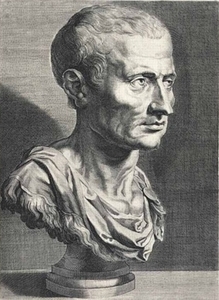 |
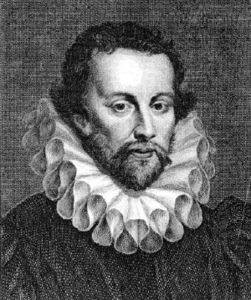 |
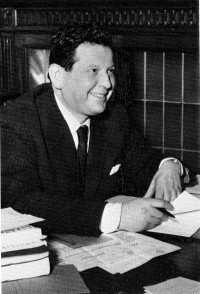 |
|---|---|---|
| Cicero(106-43 BC) | Edward Coke (1552-1634) | Bruno Leoni (1913-1967) |
See also the extracts, chapters, and introductions in the Law section of the Ideas page.



